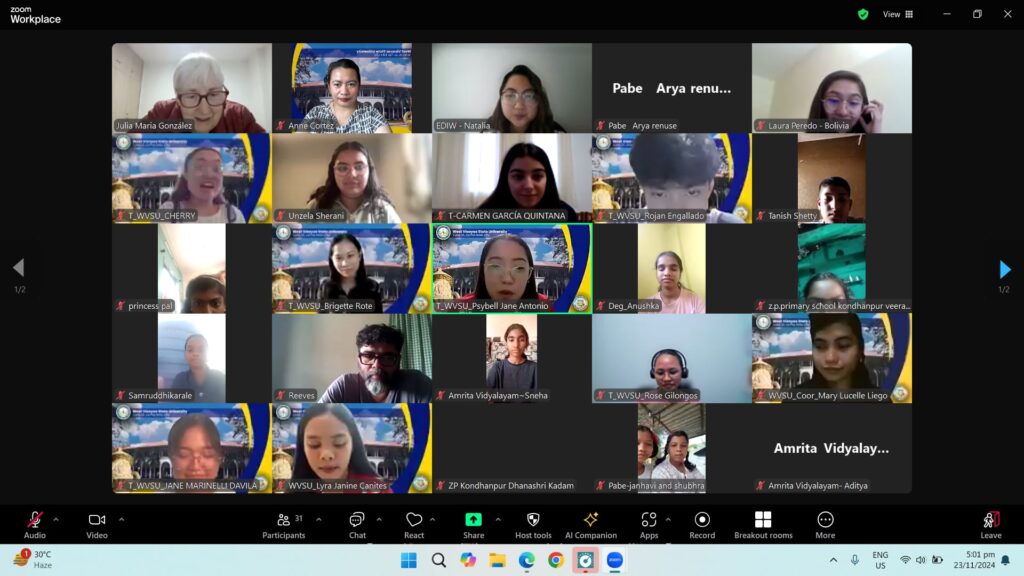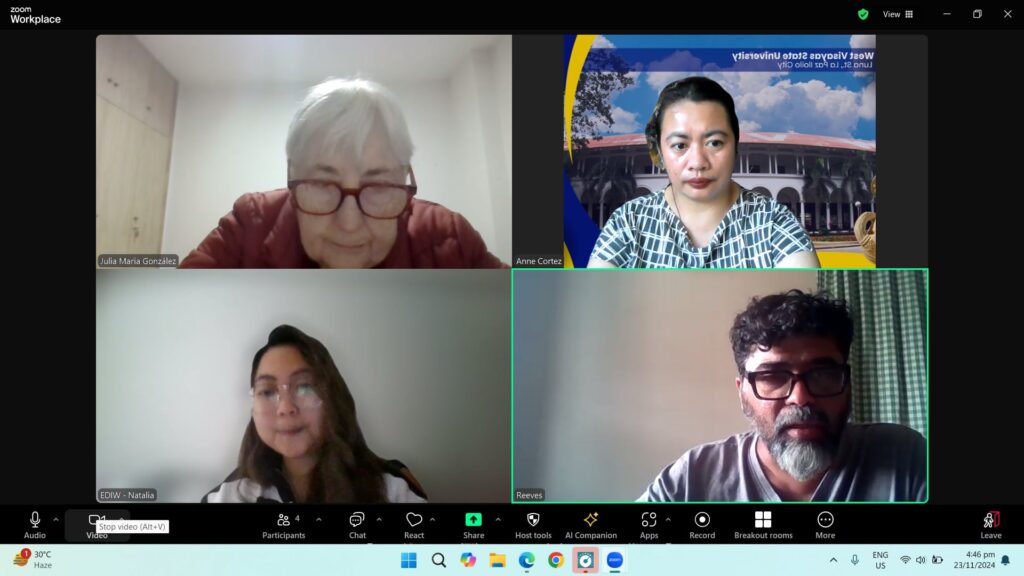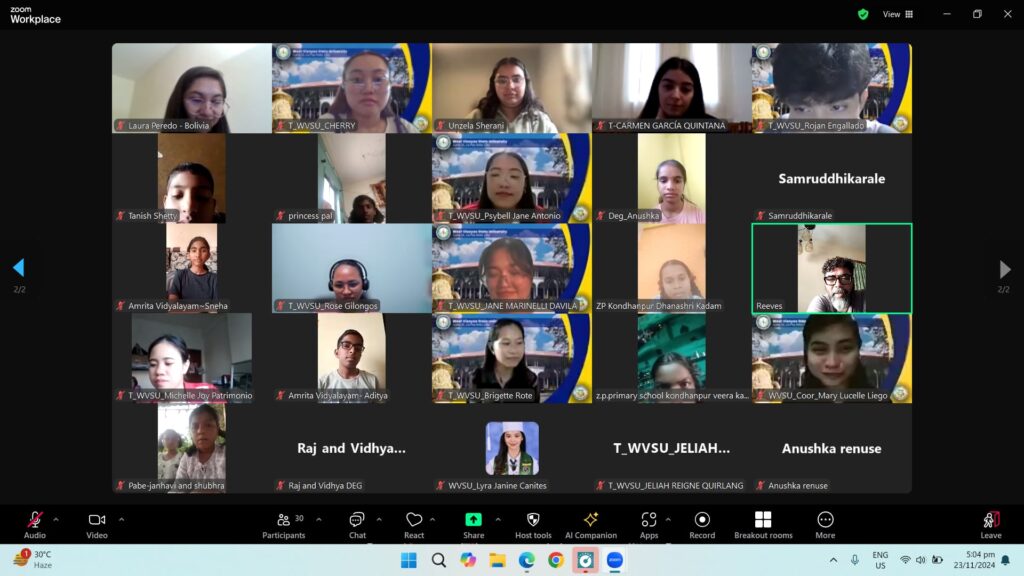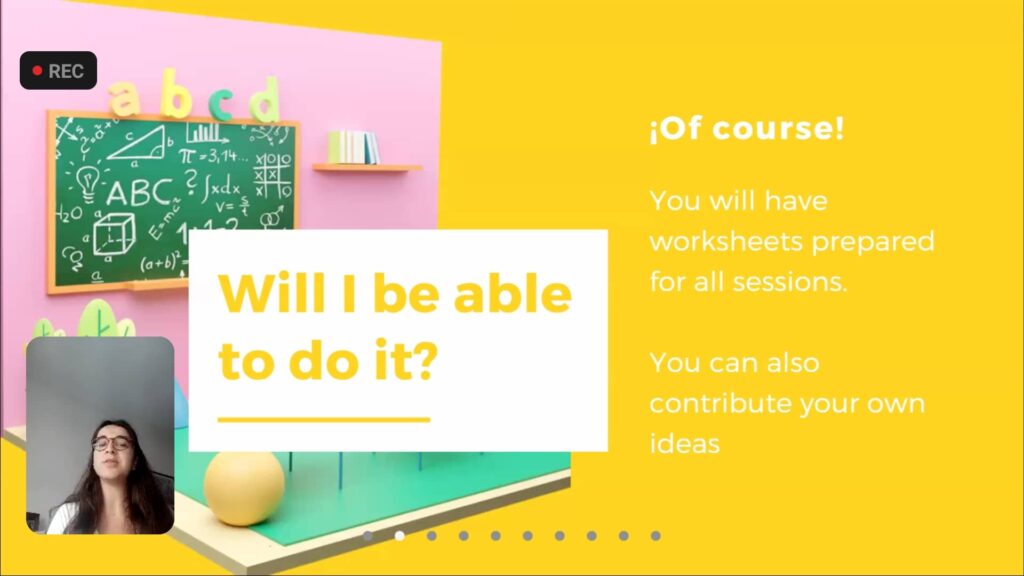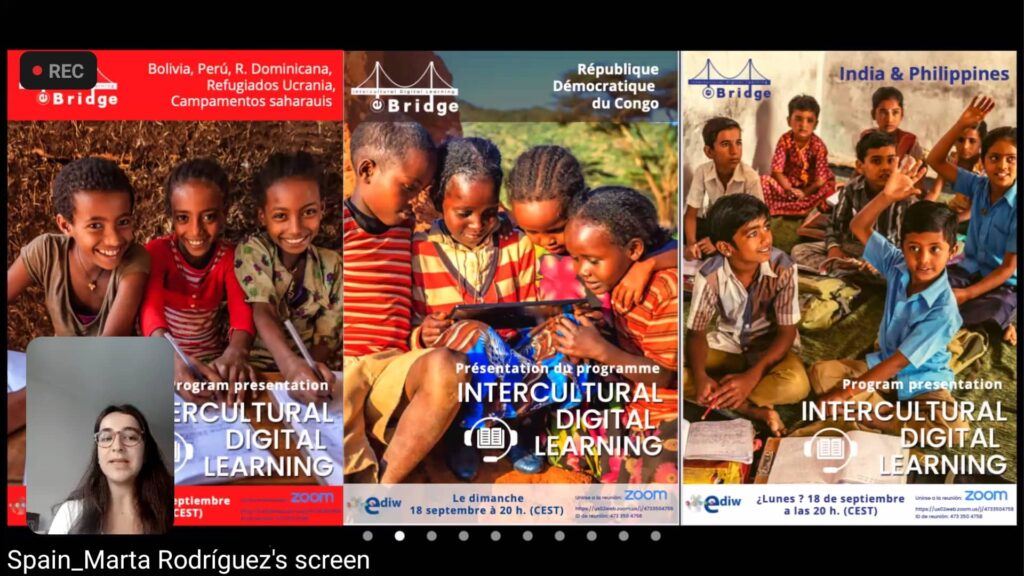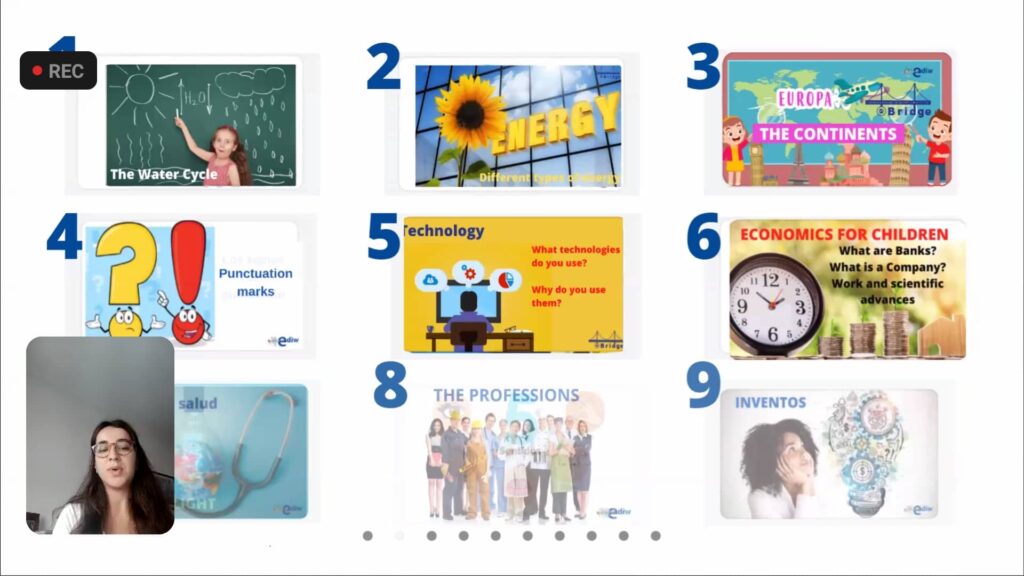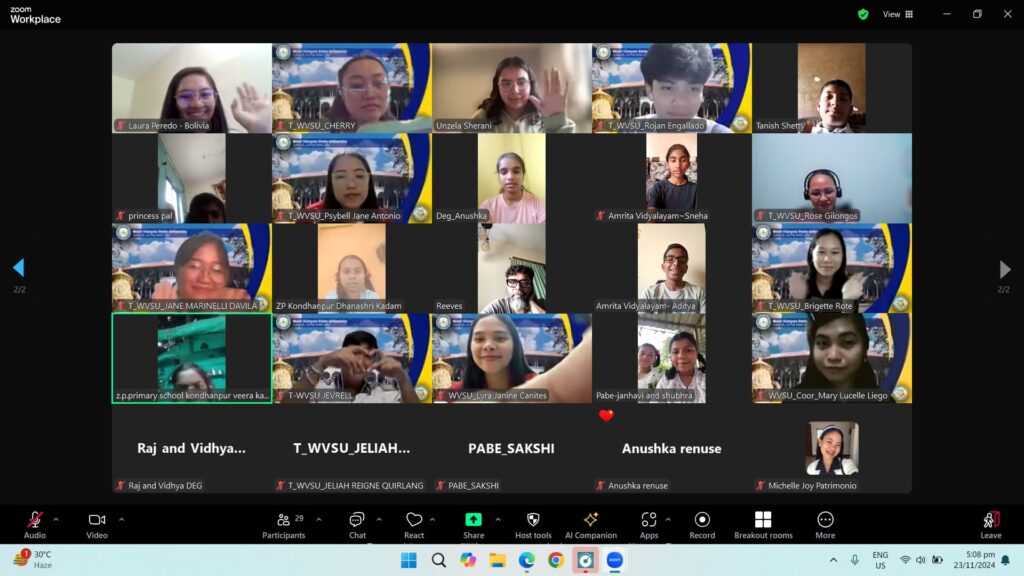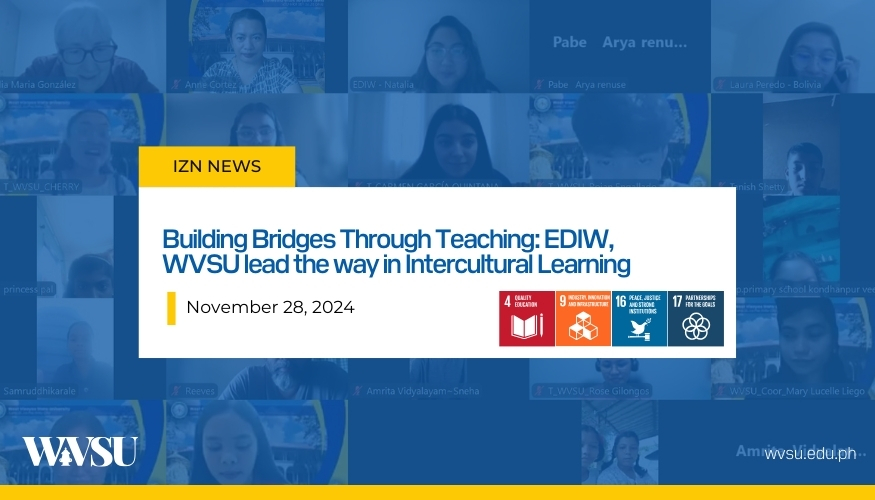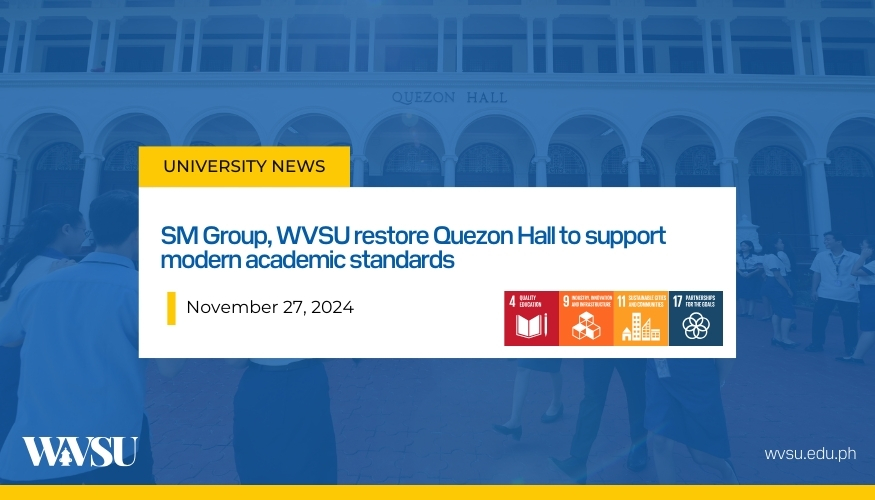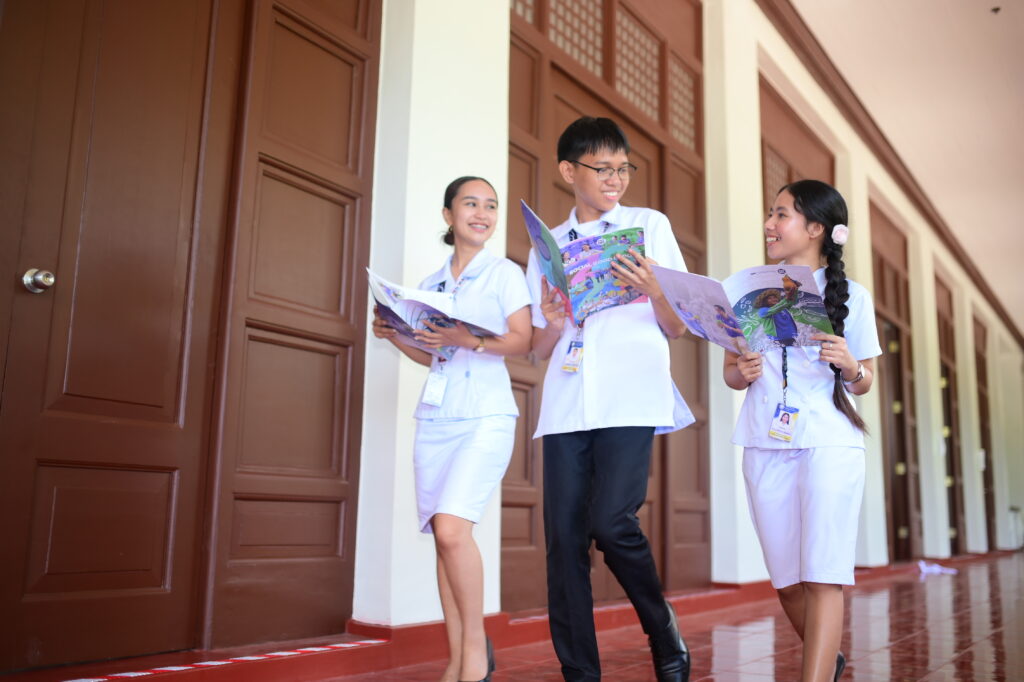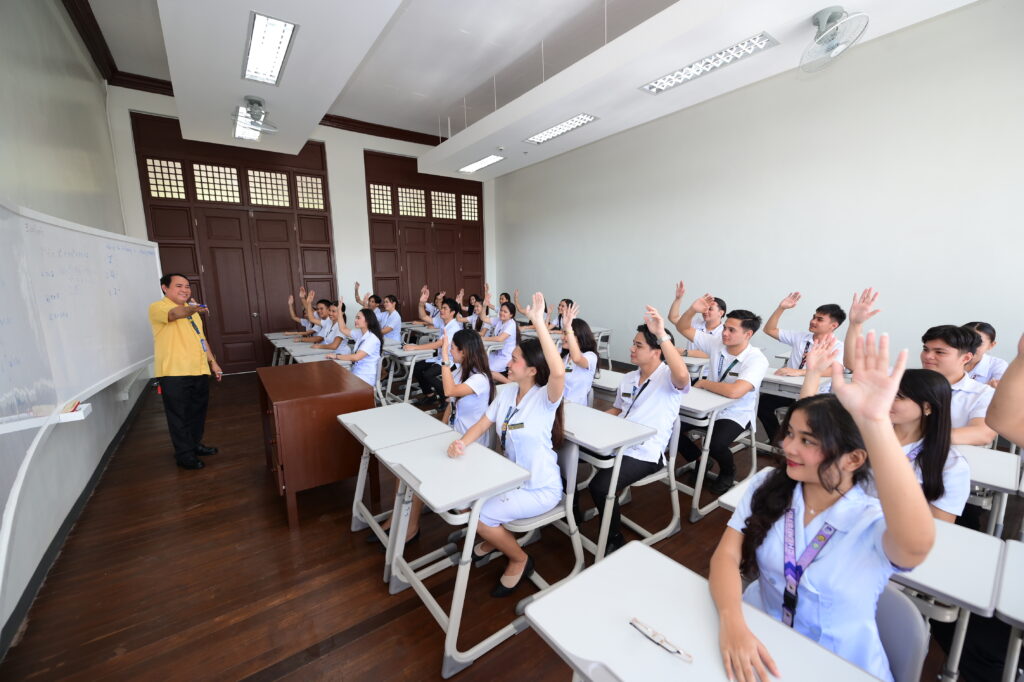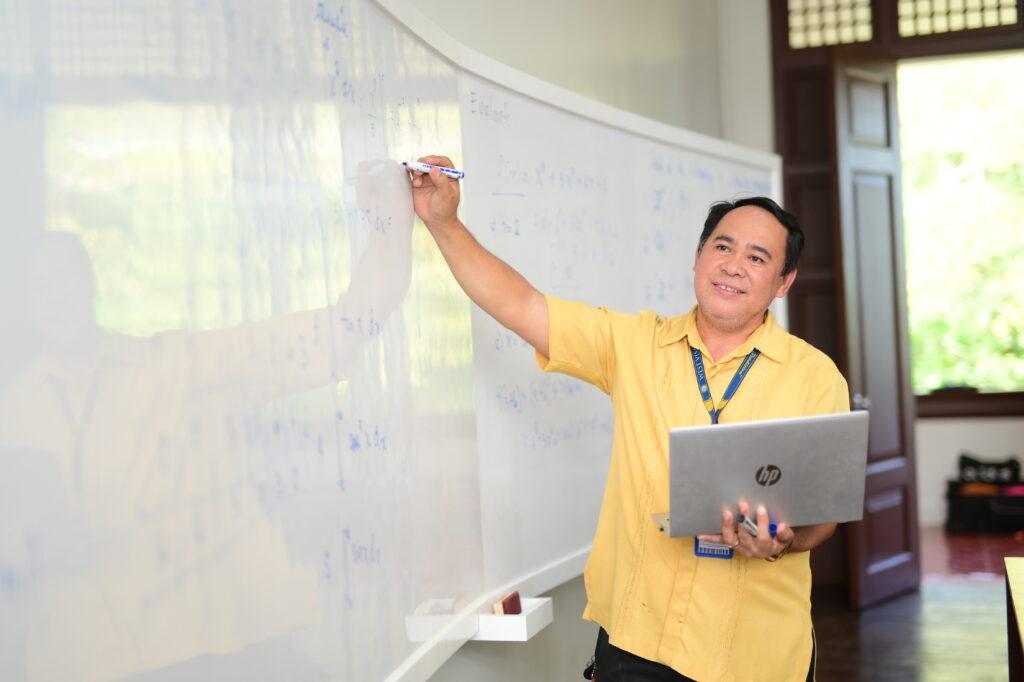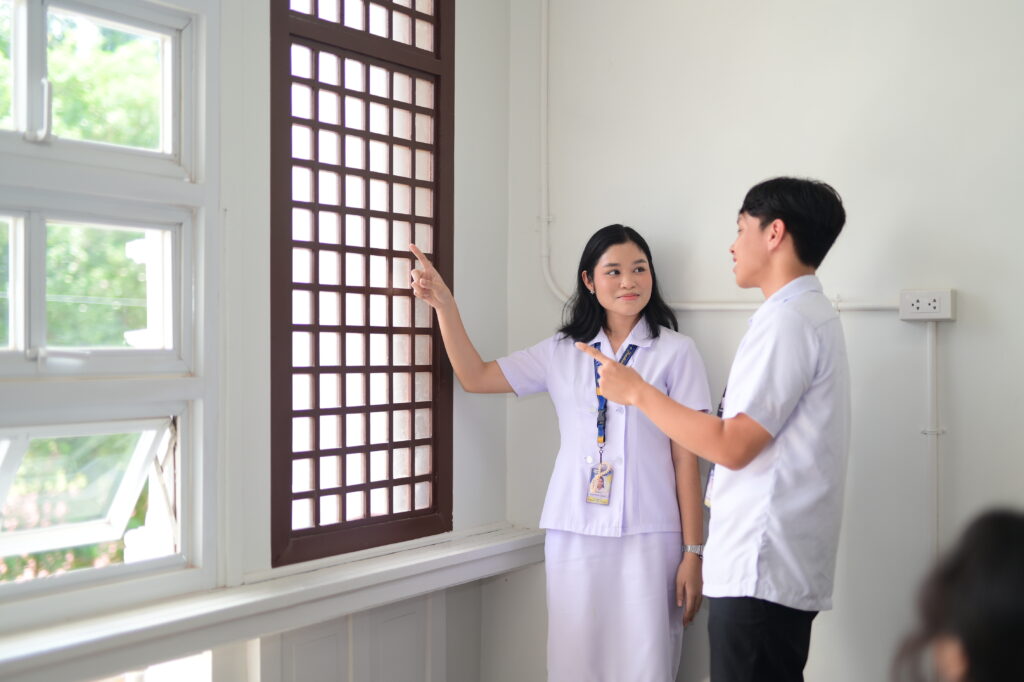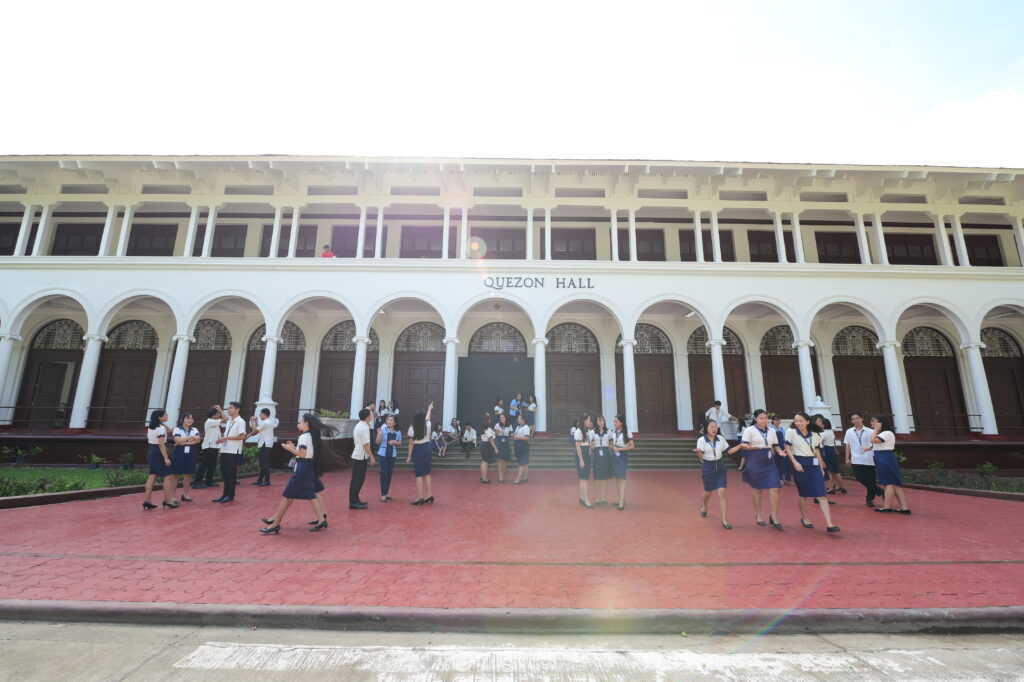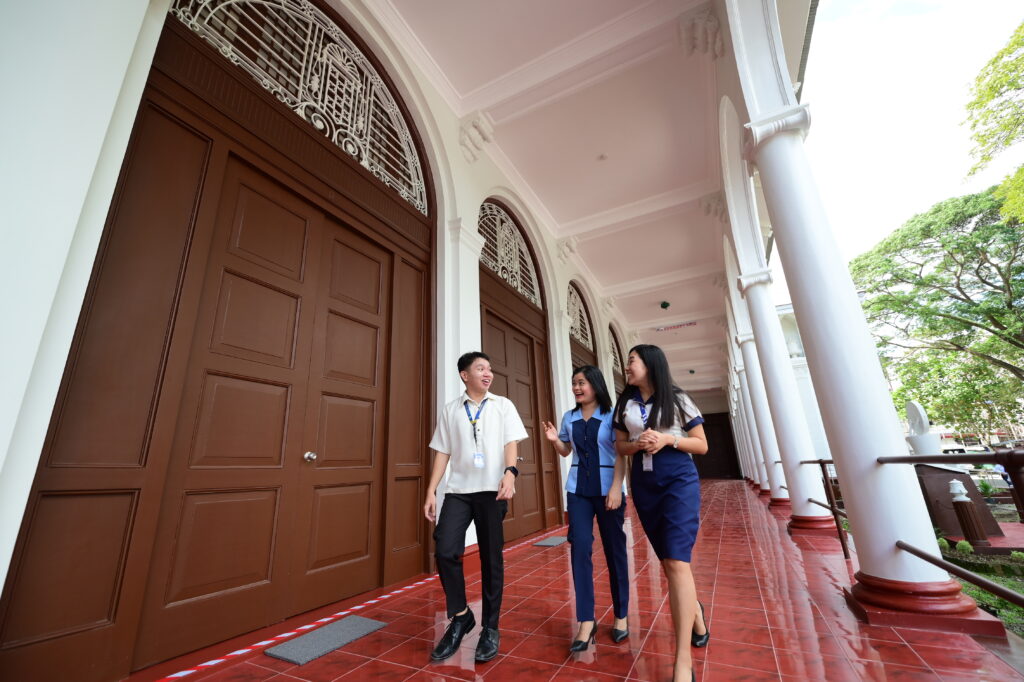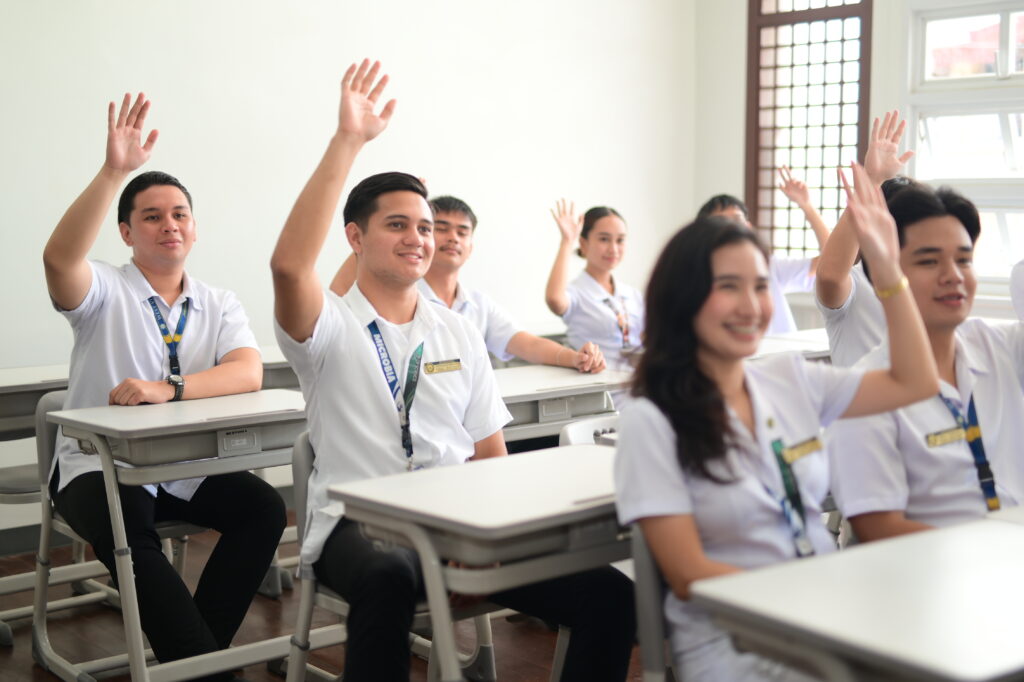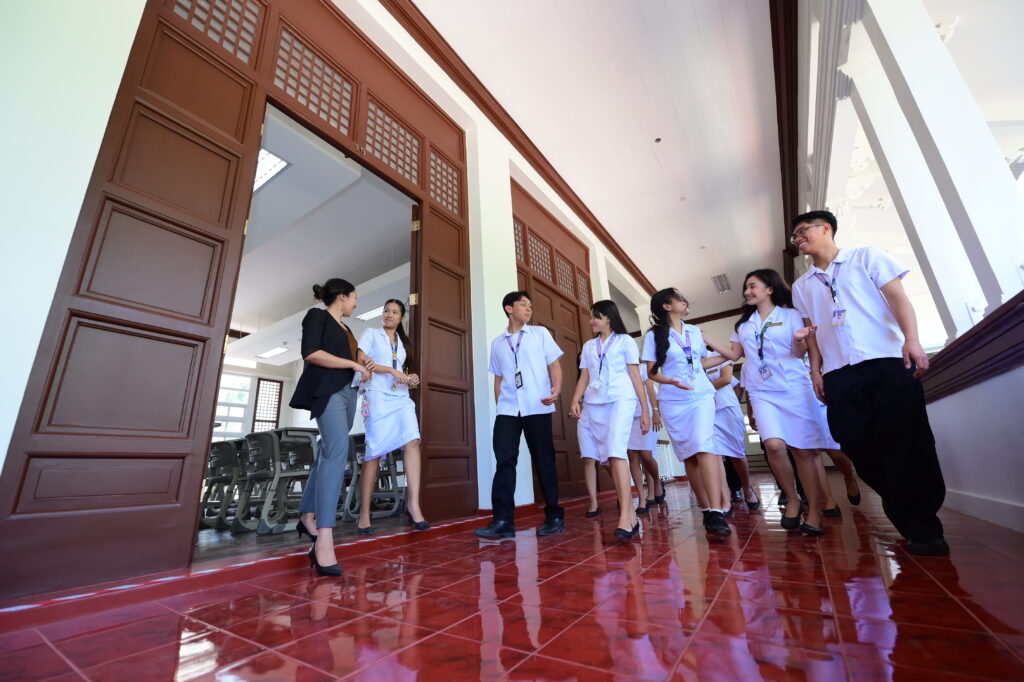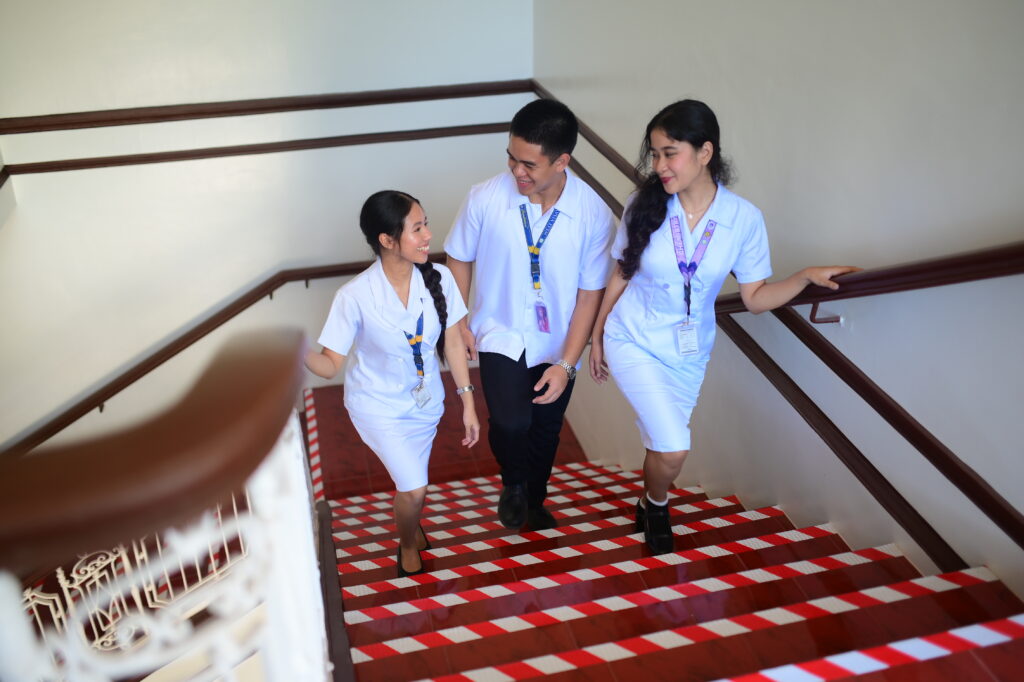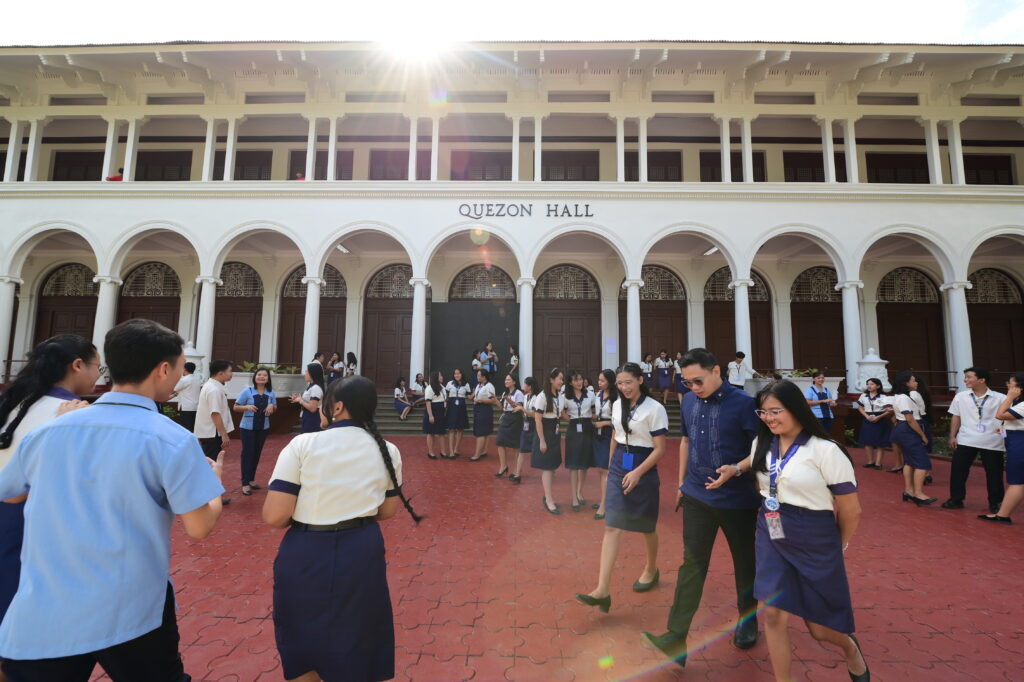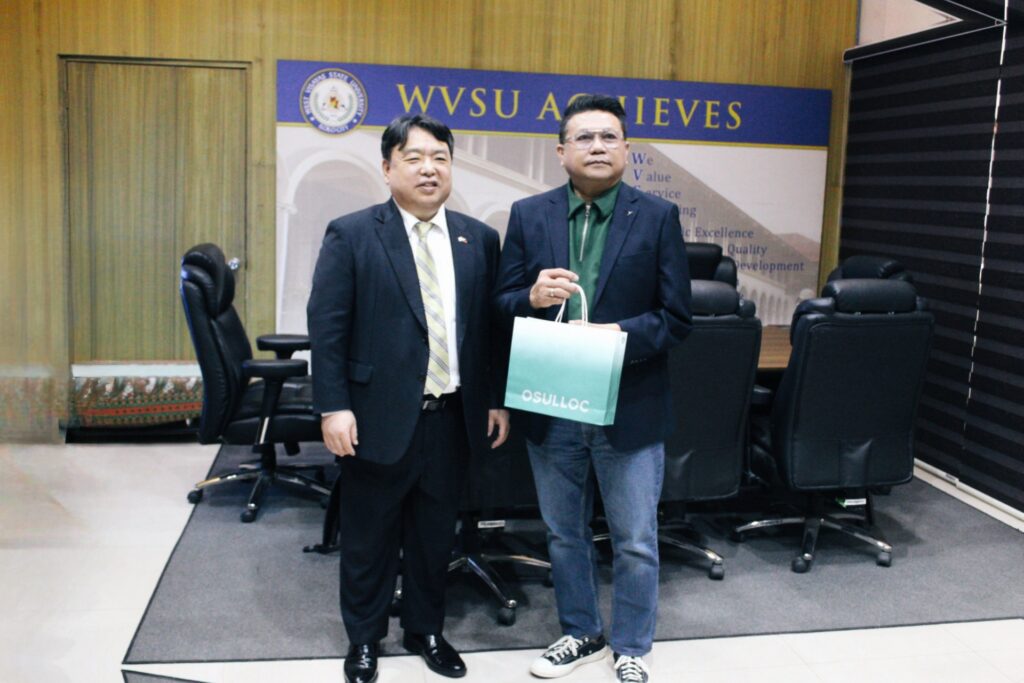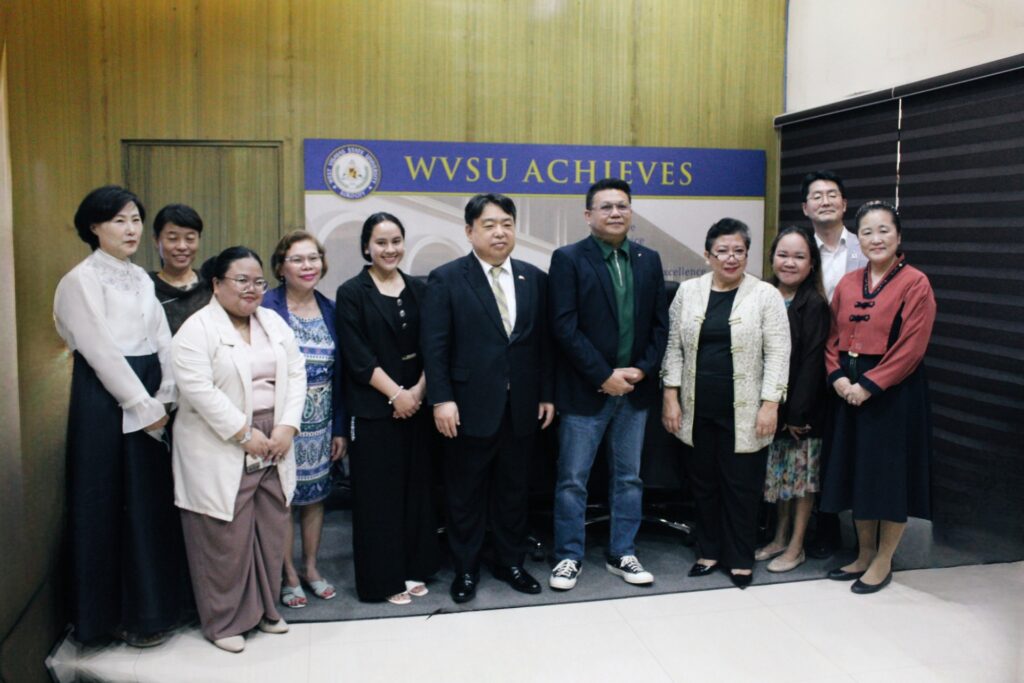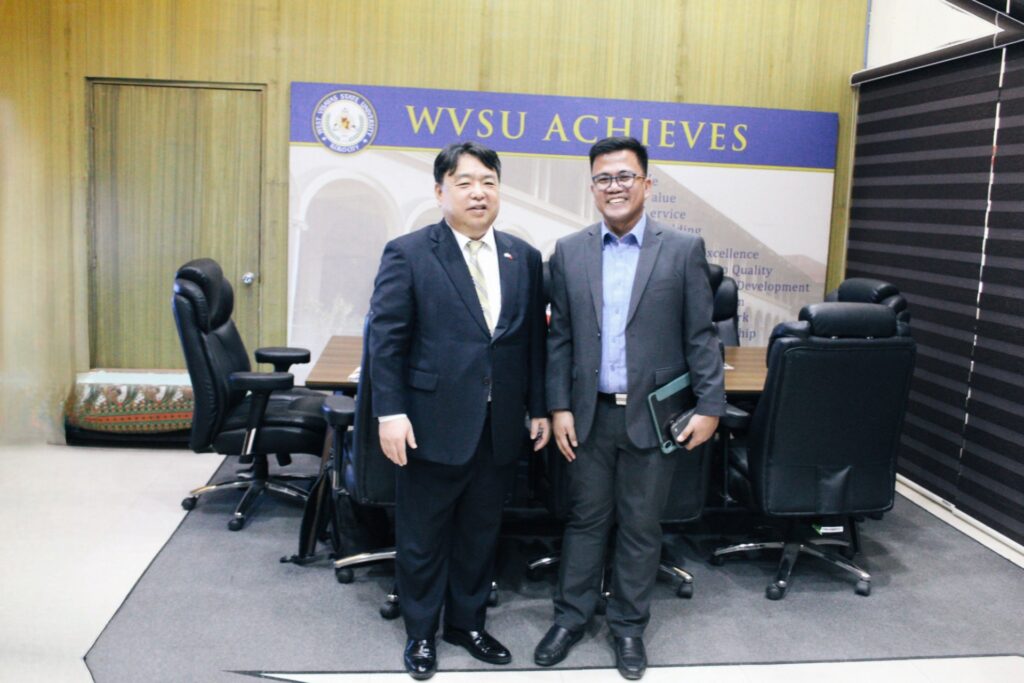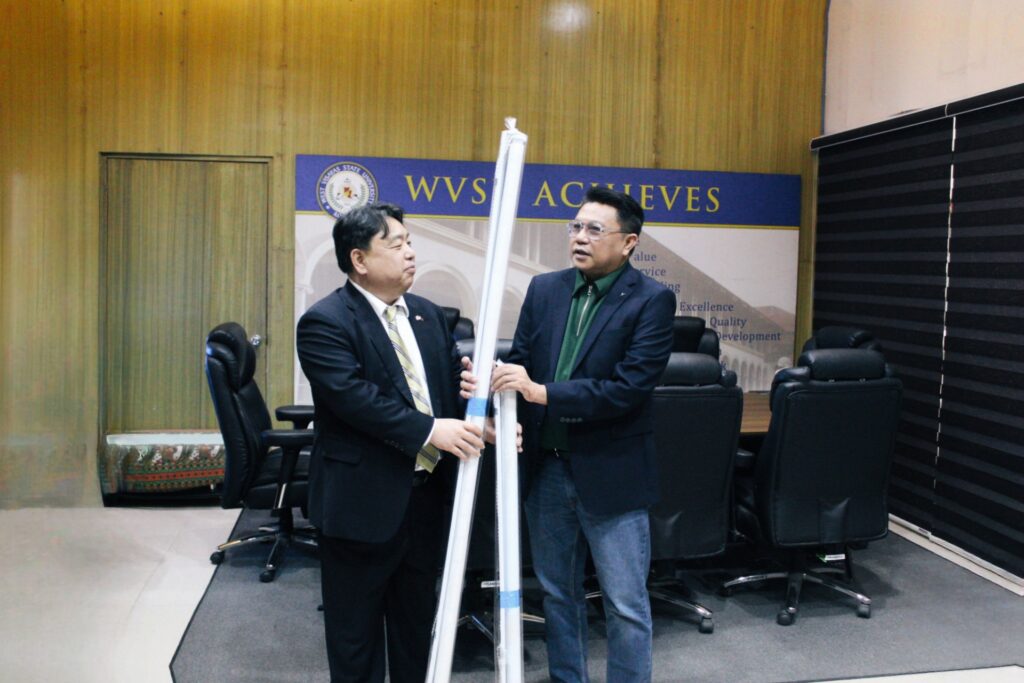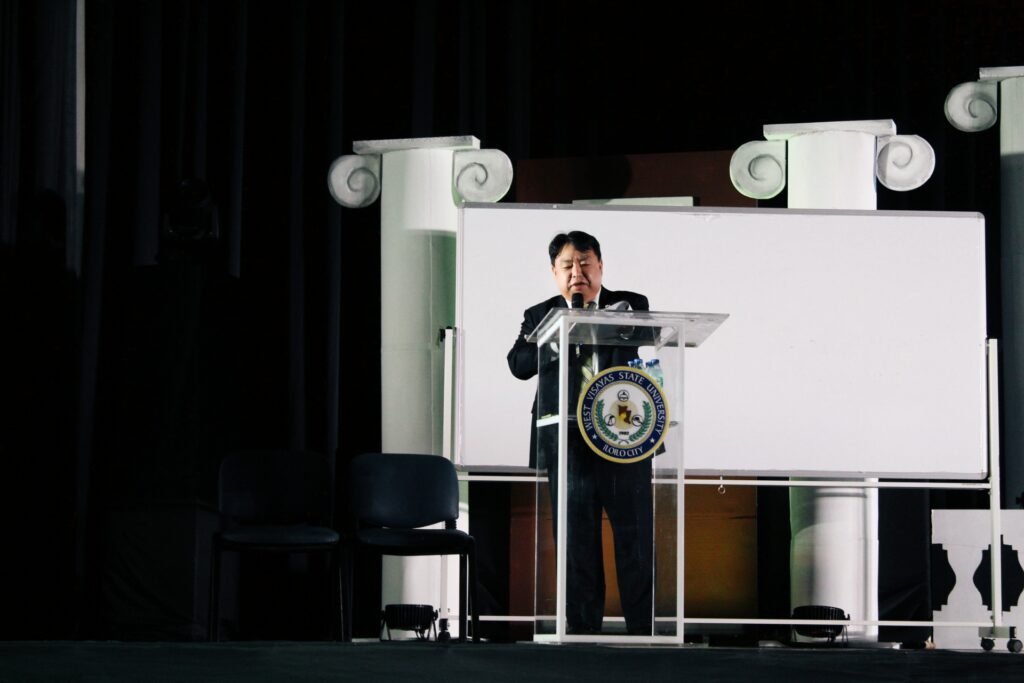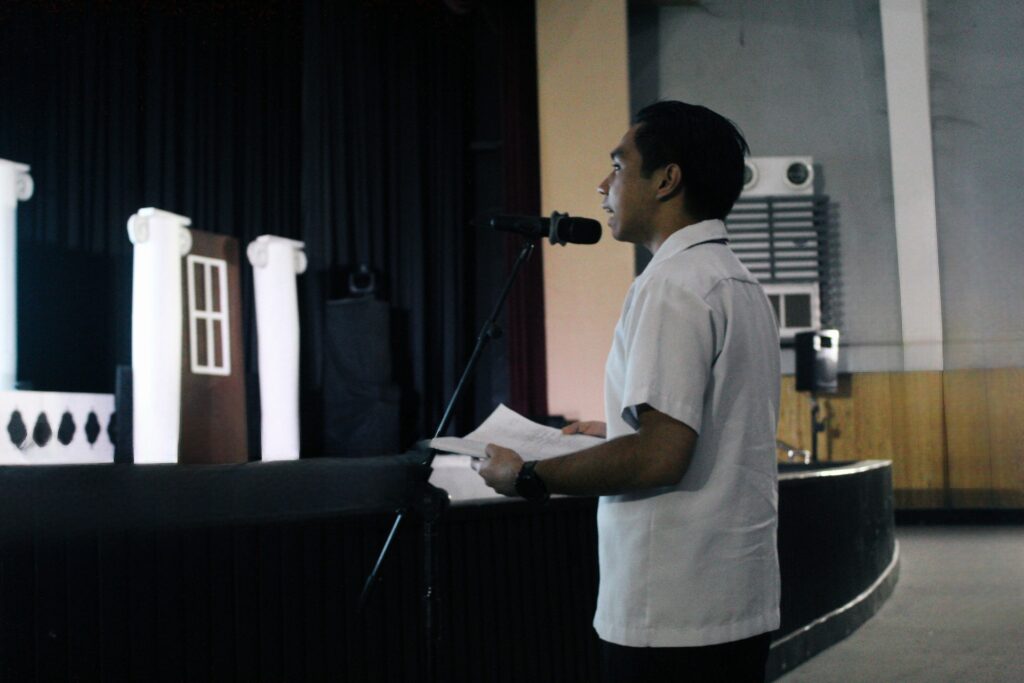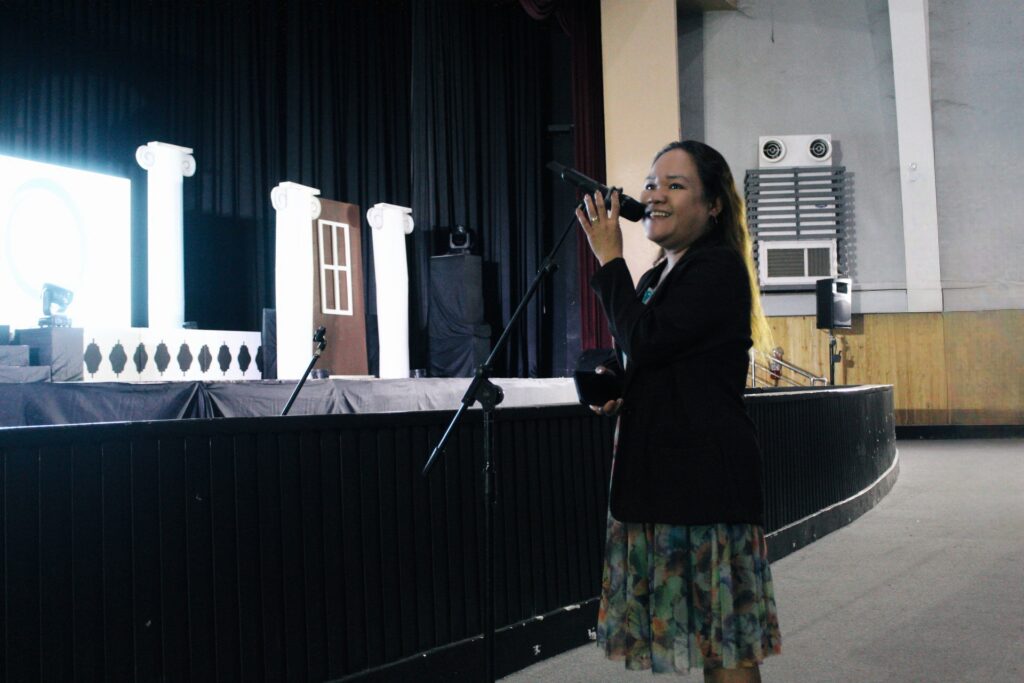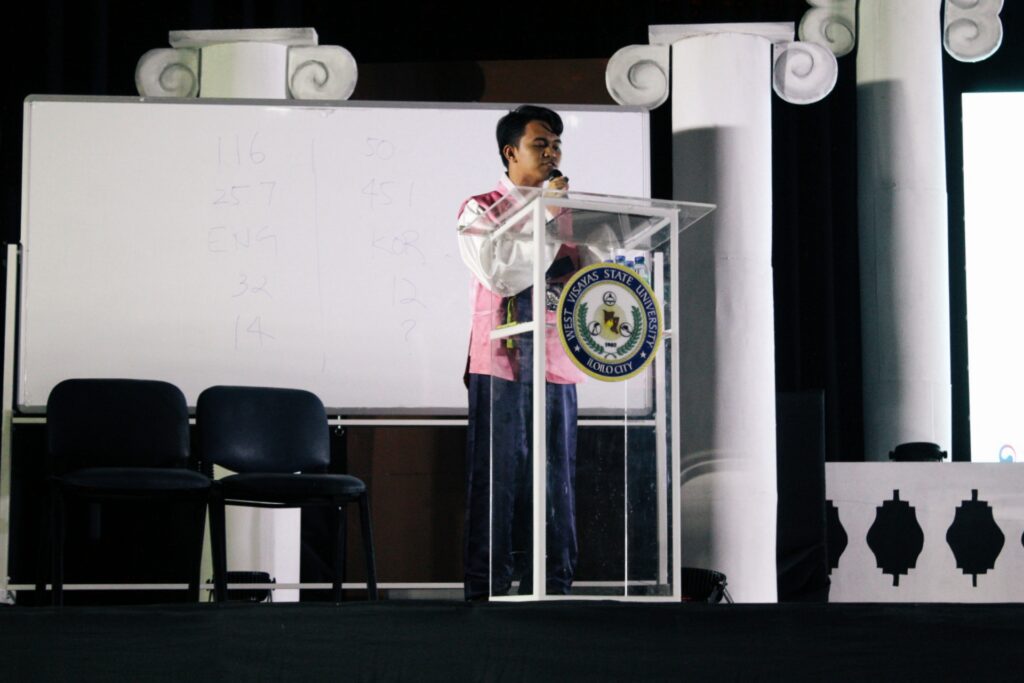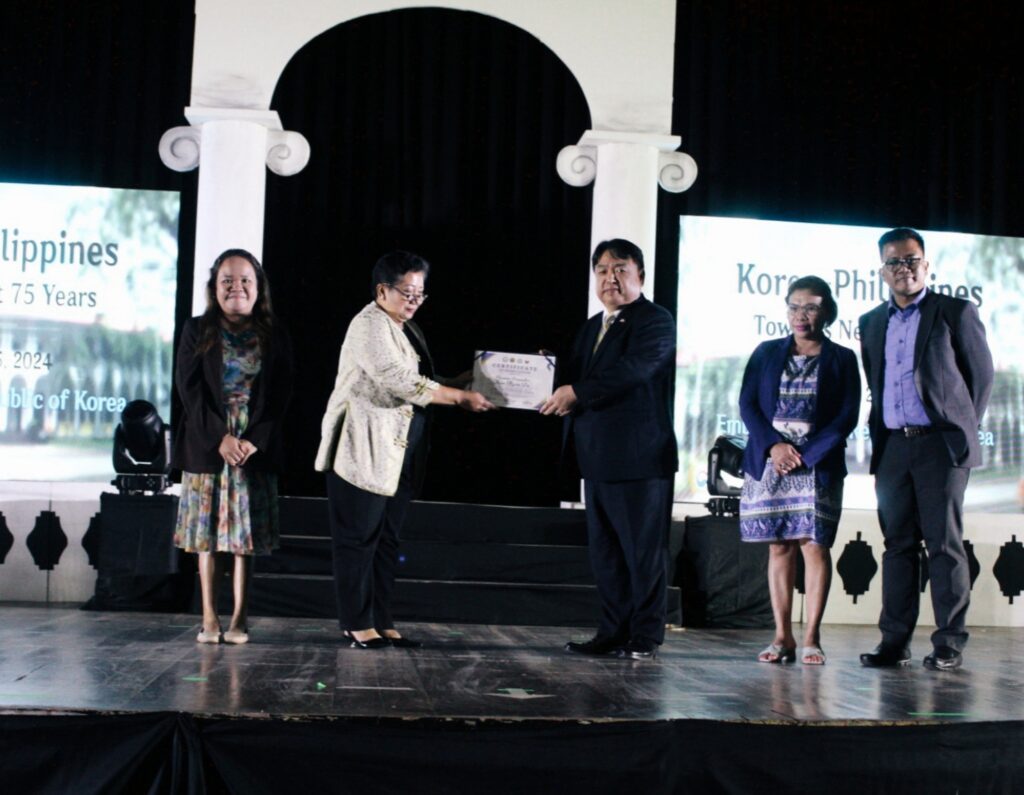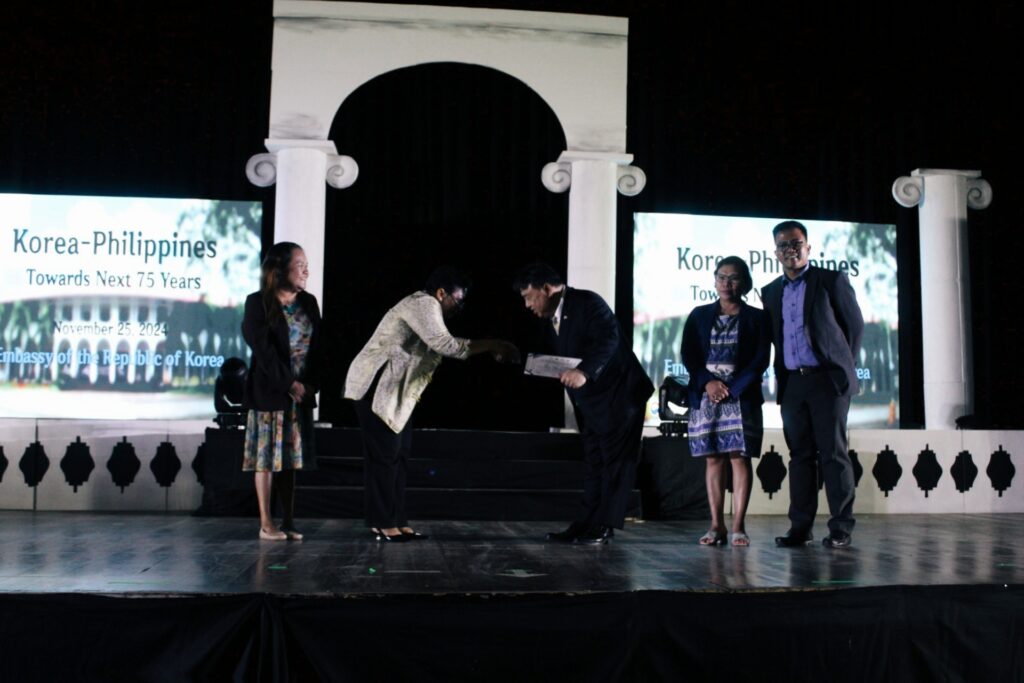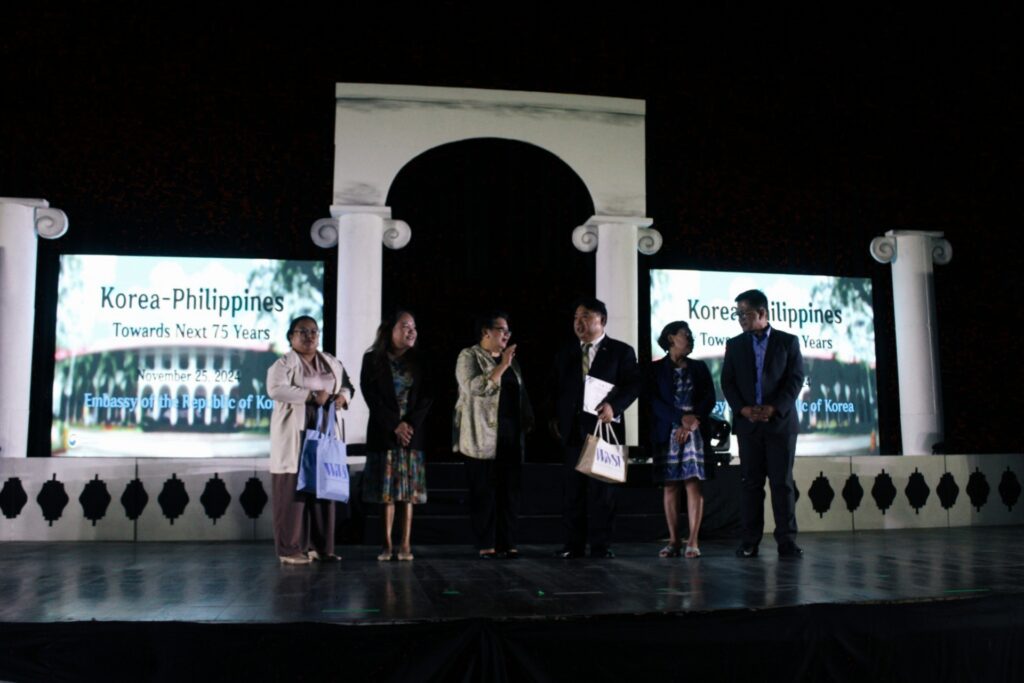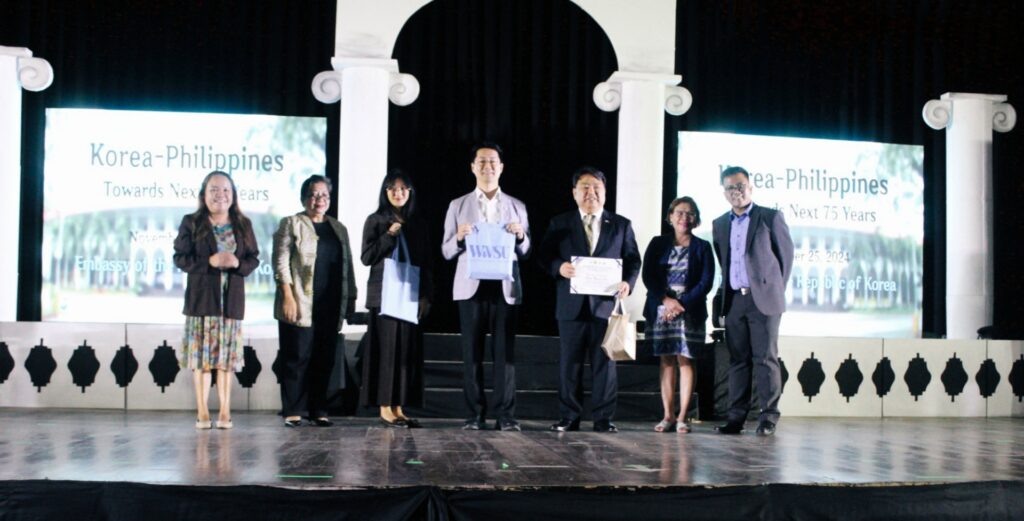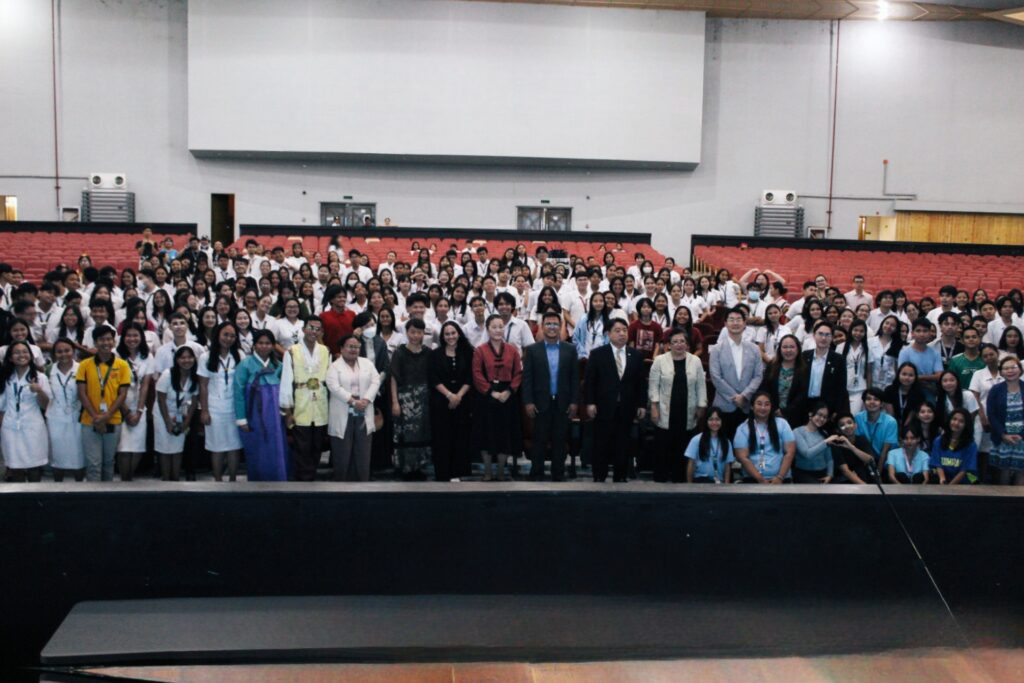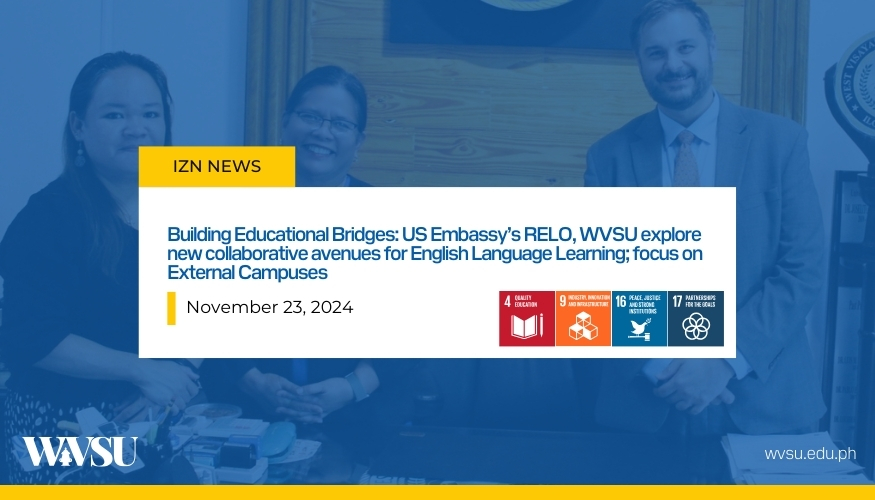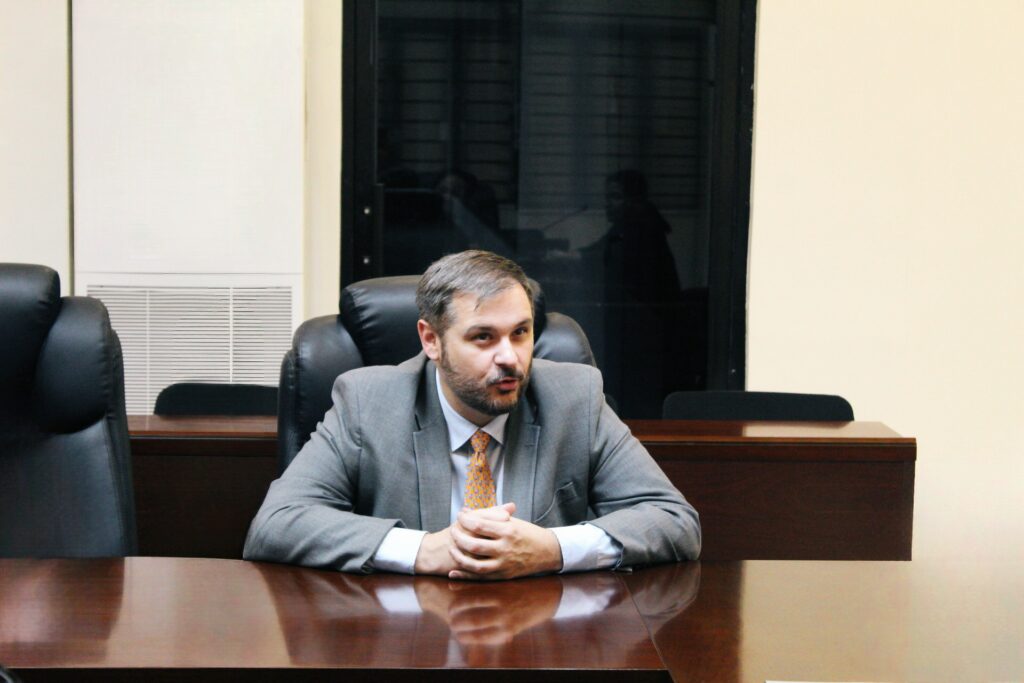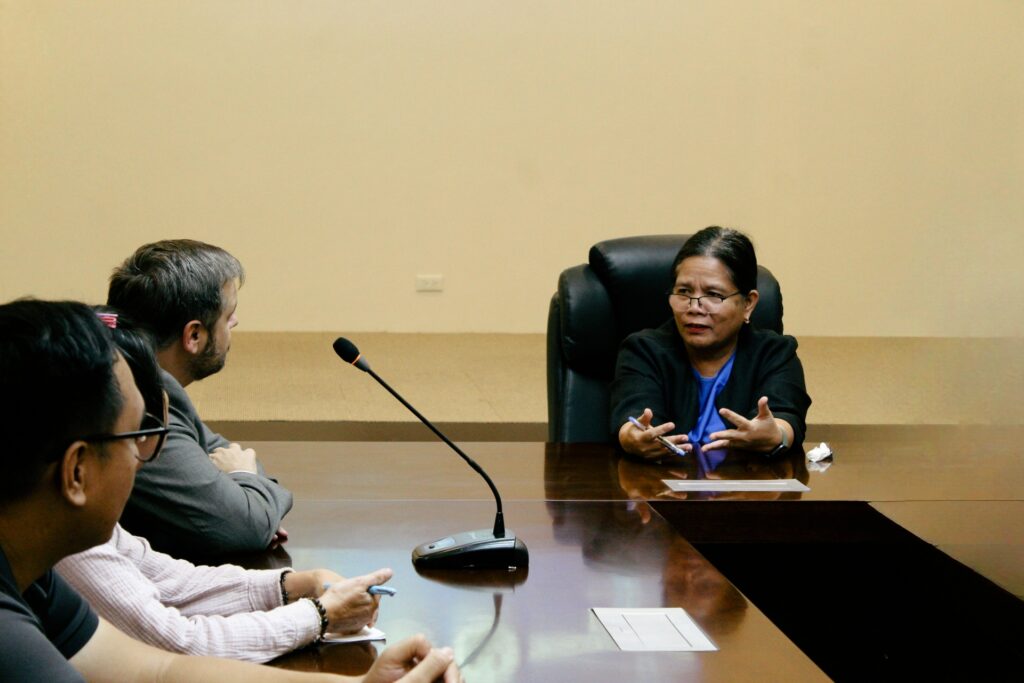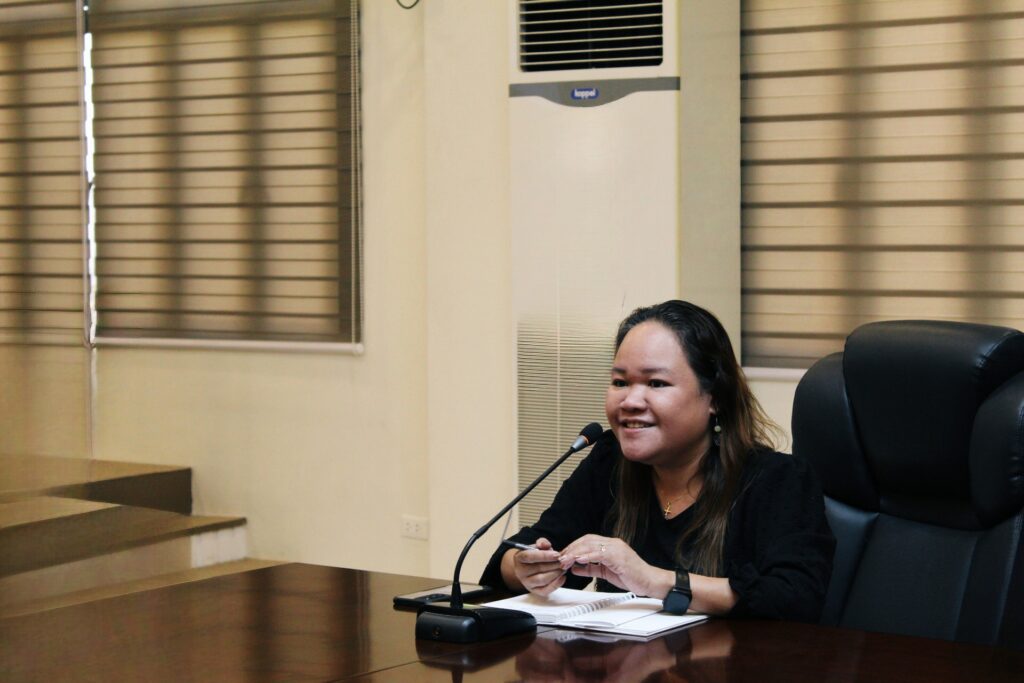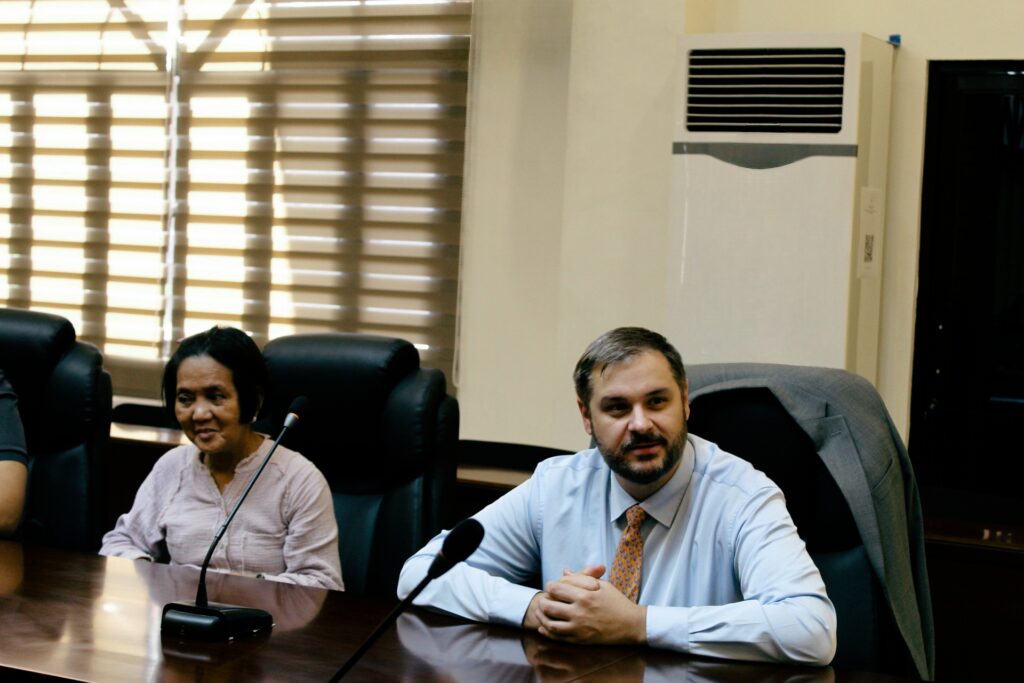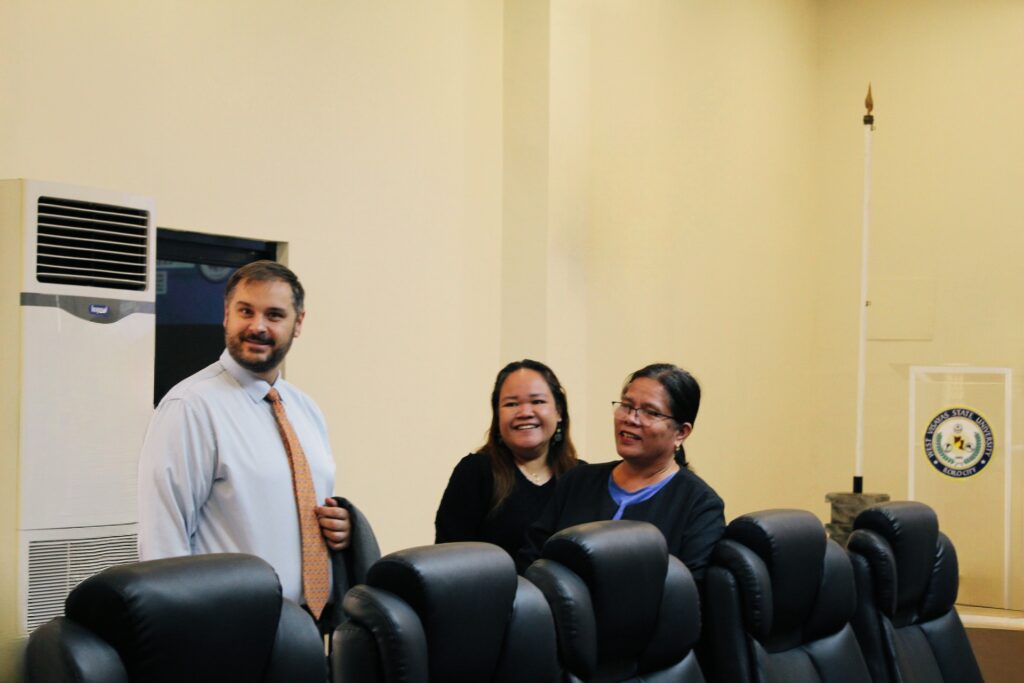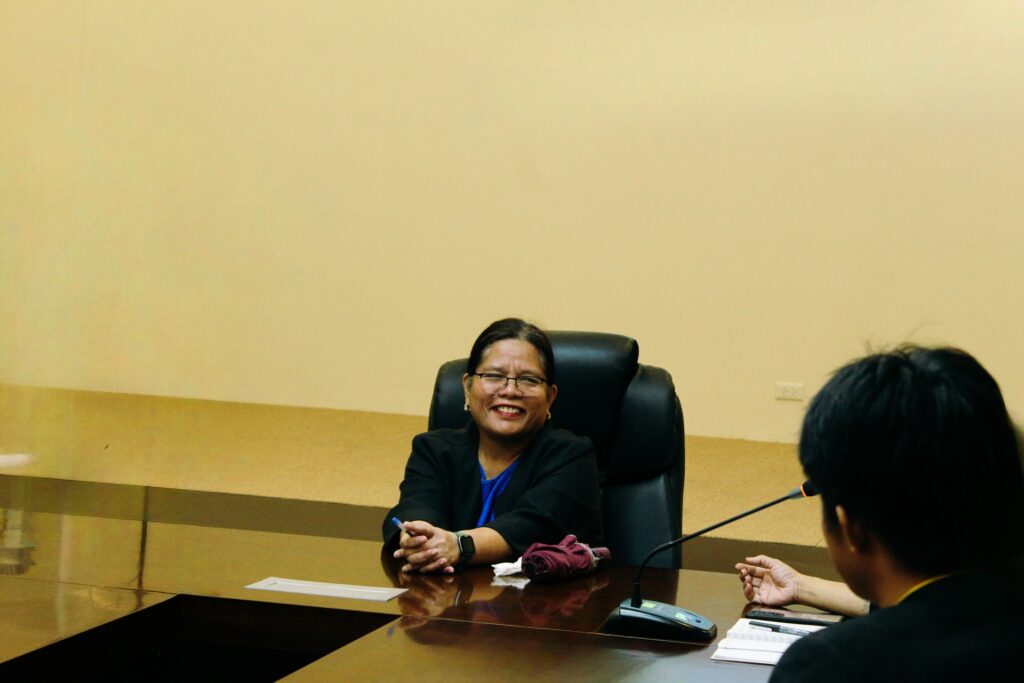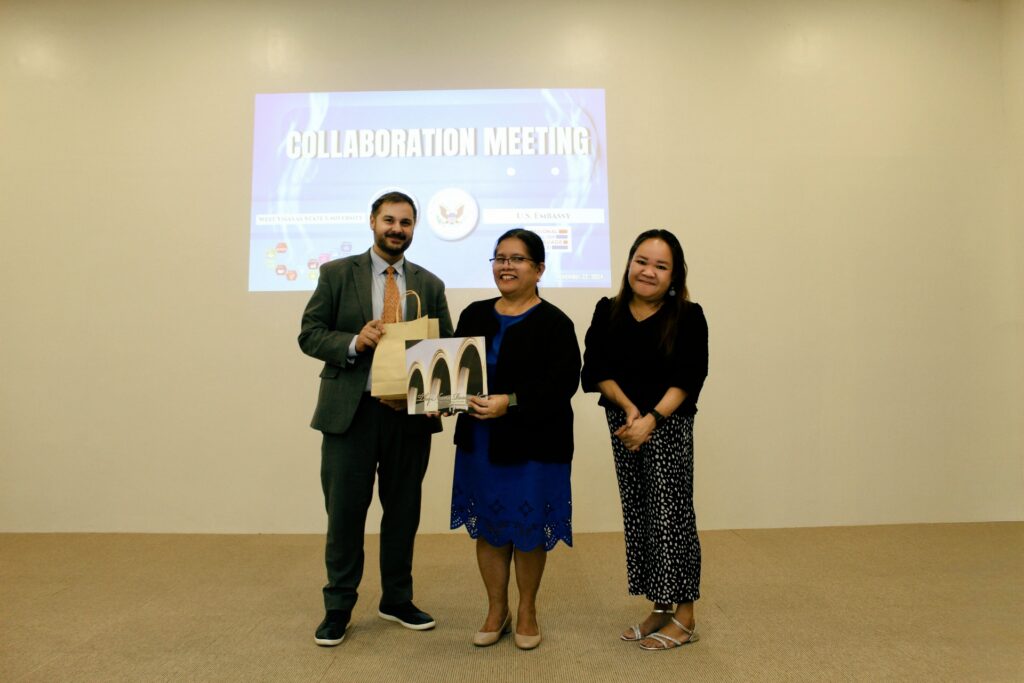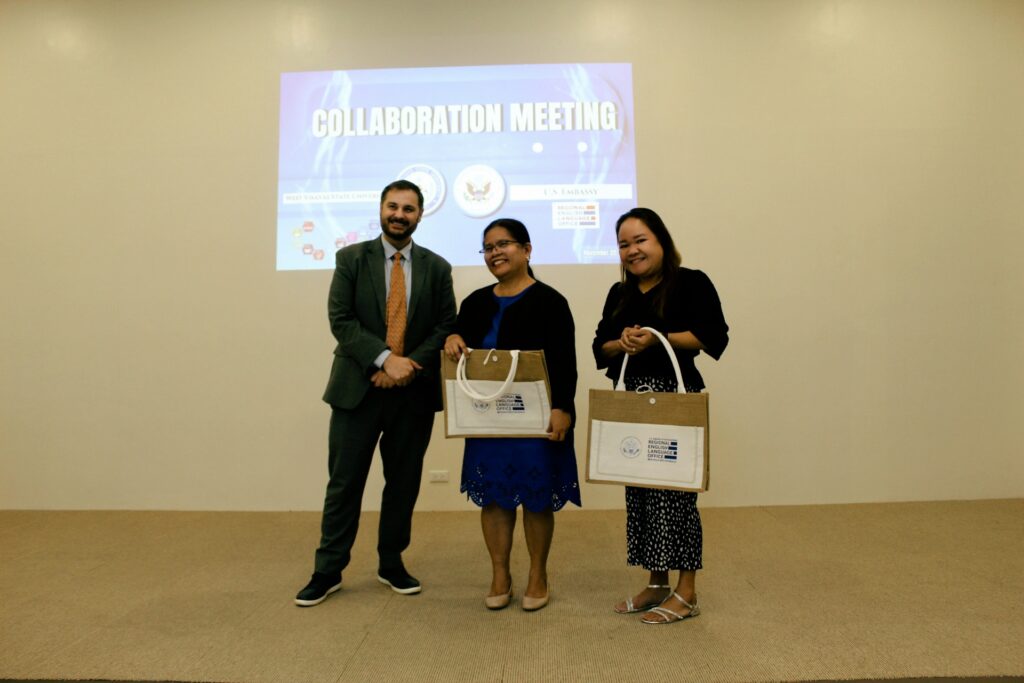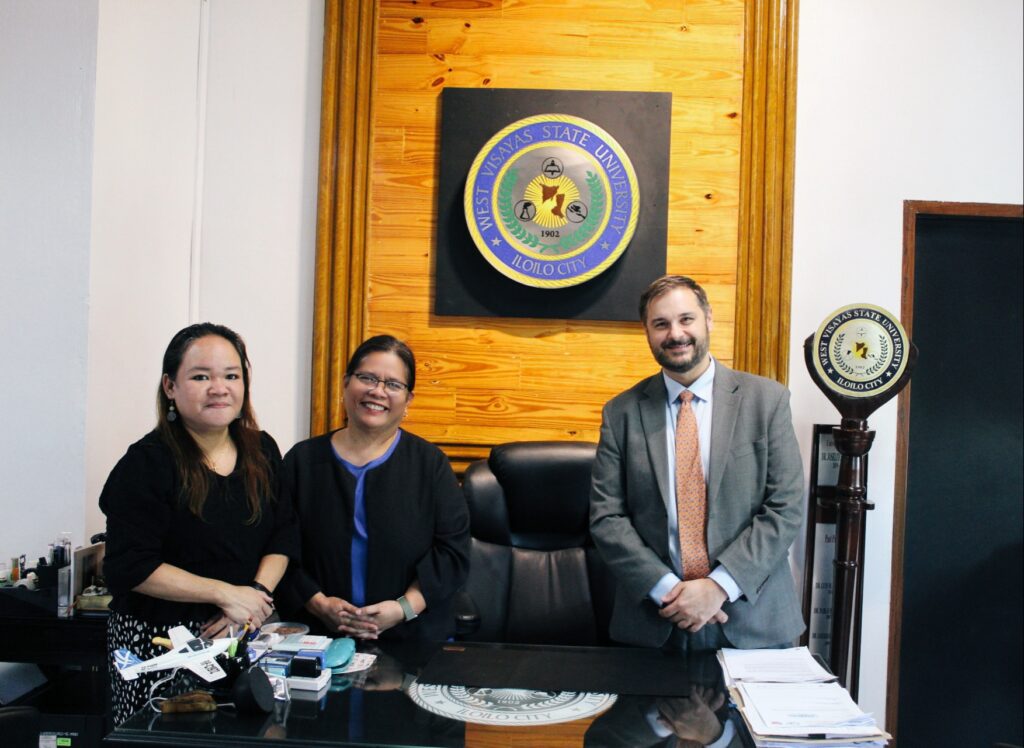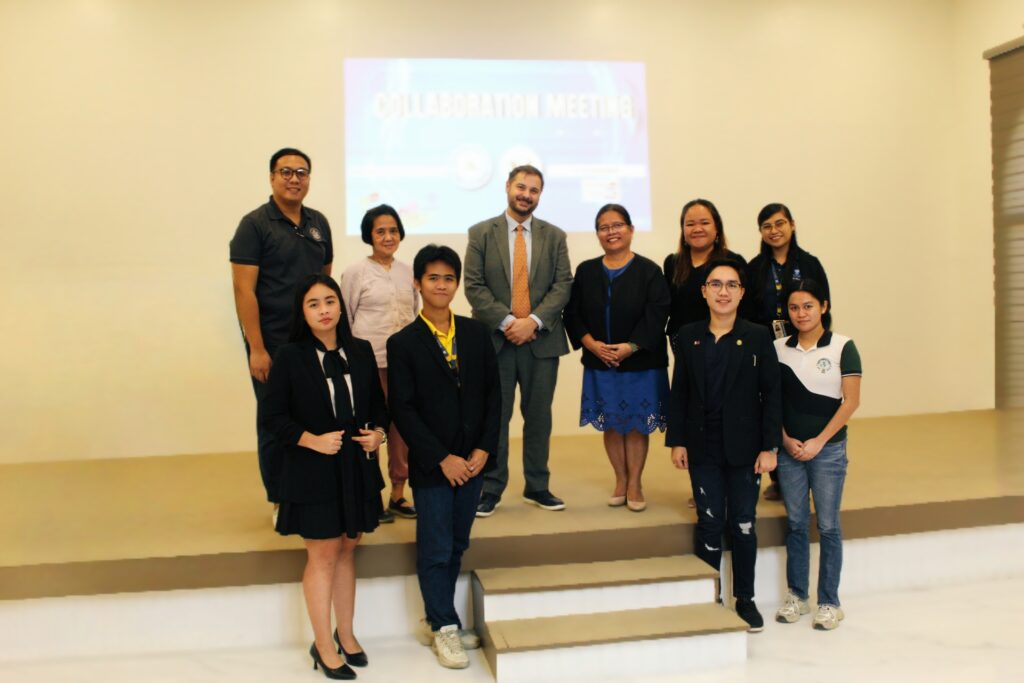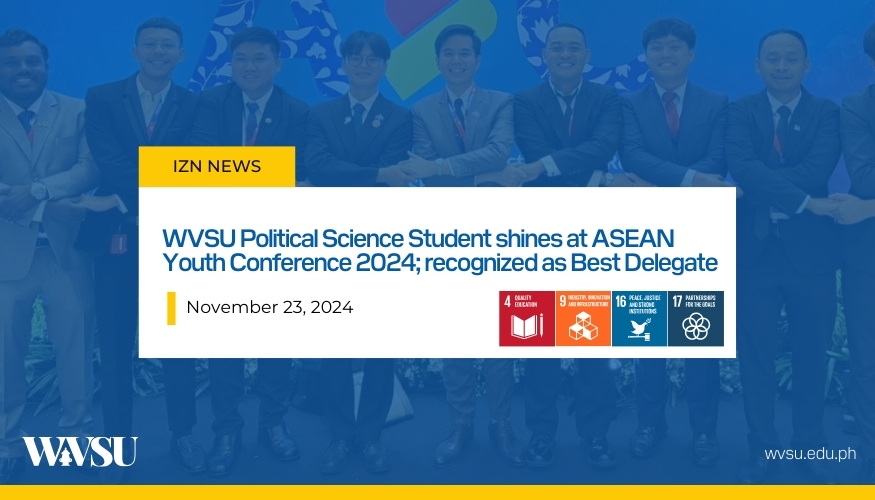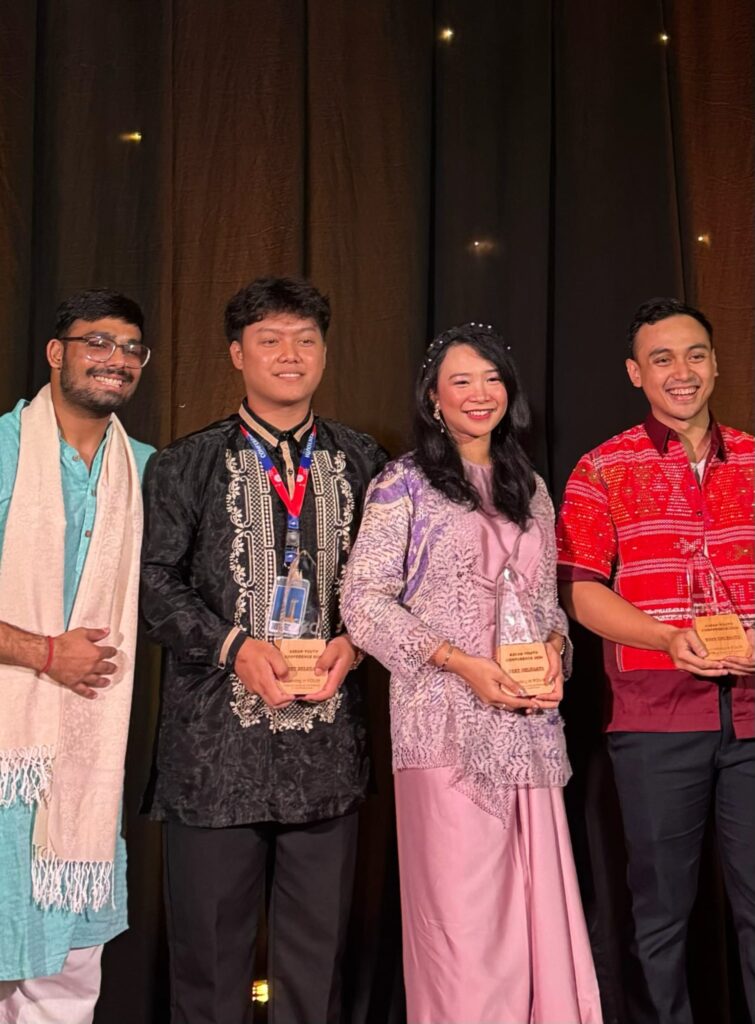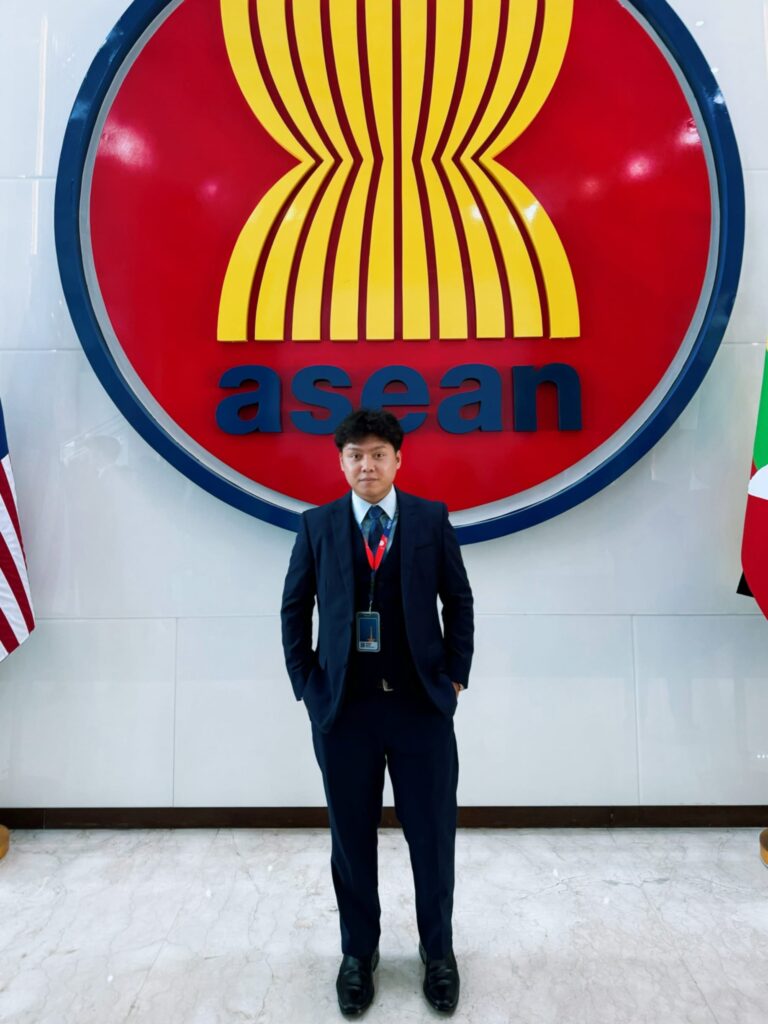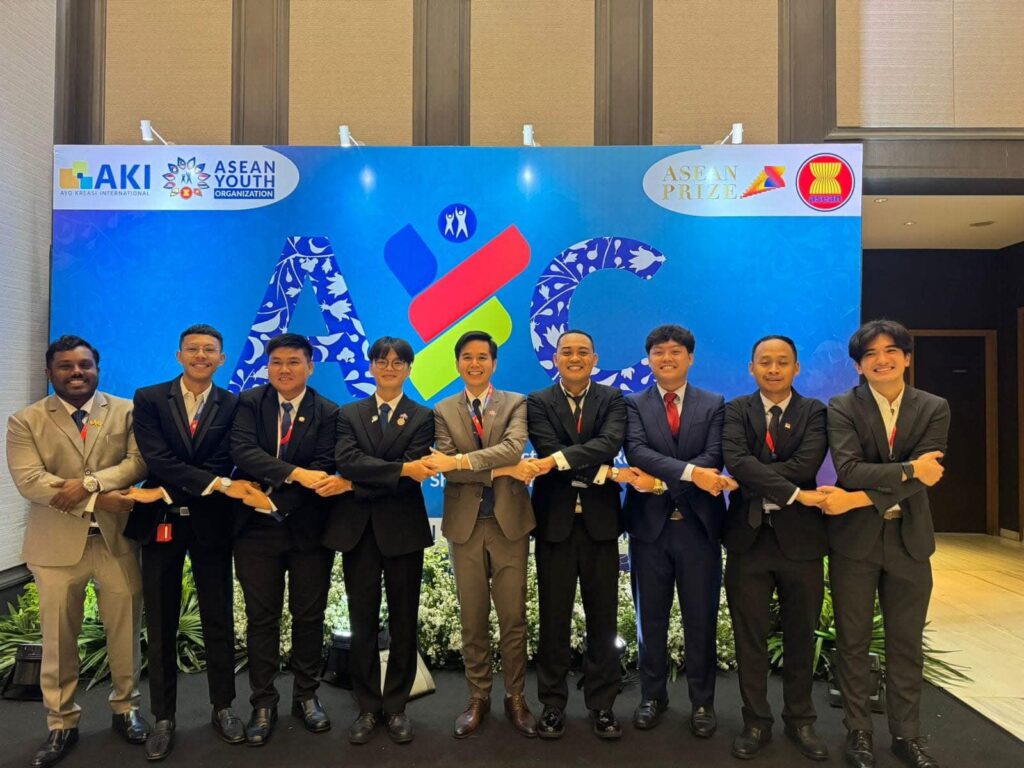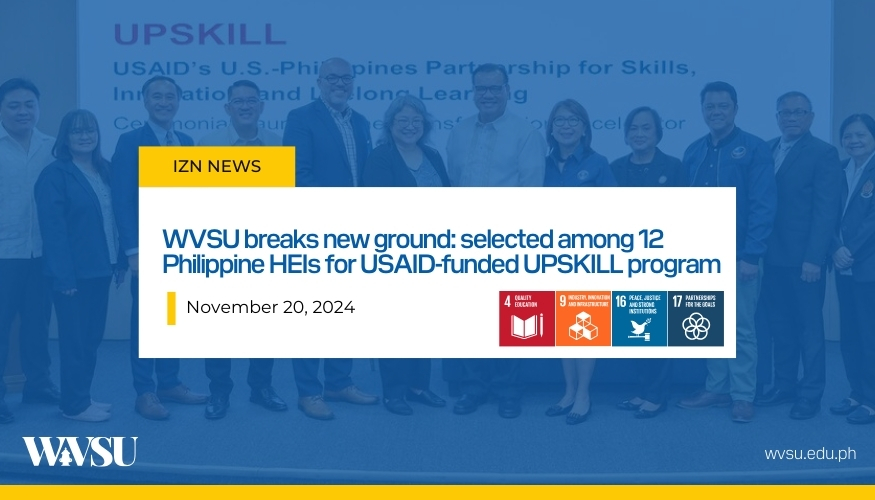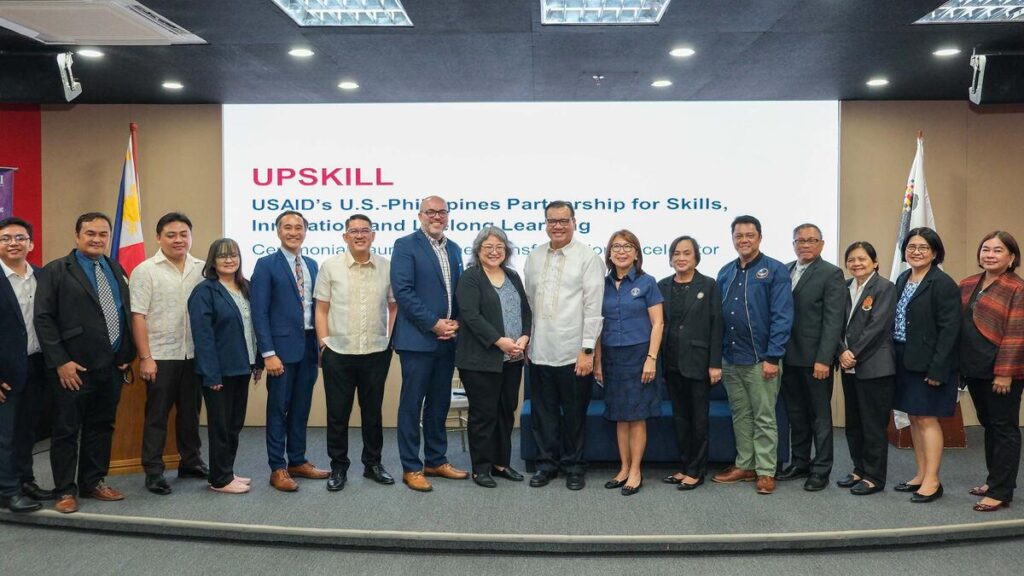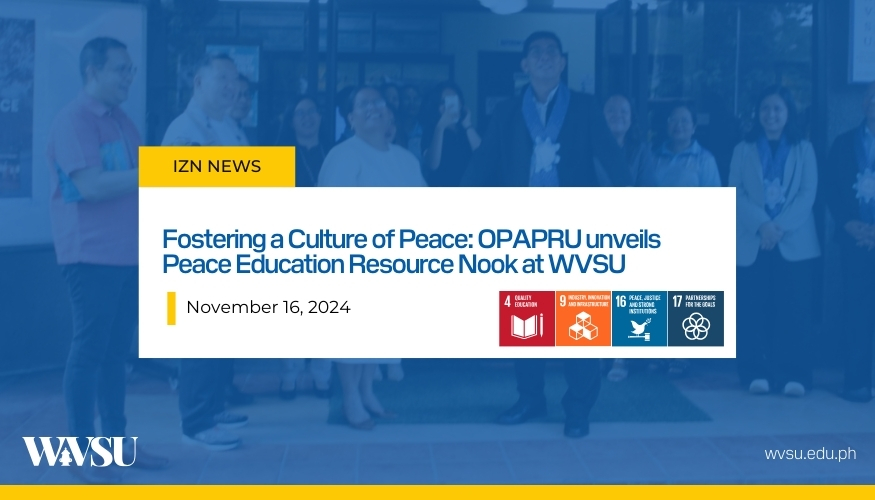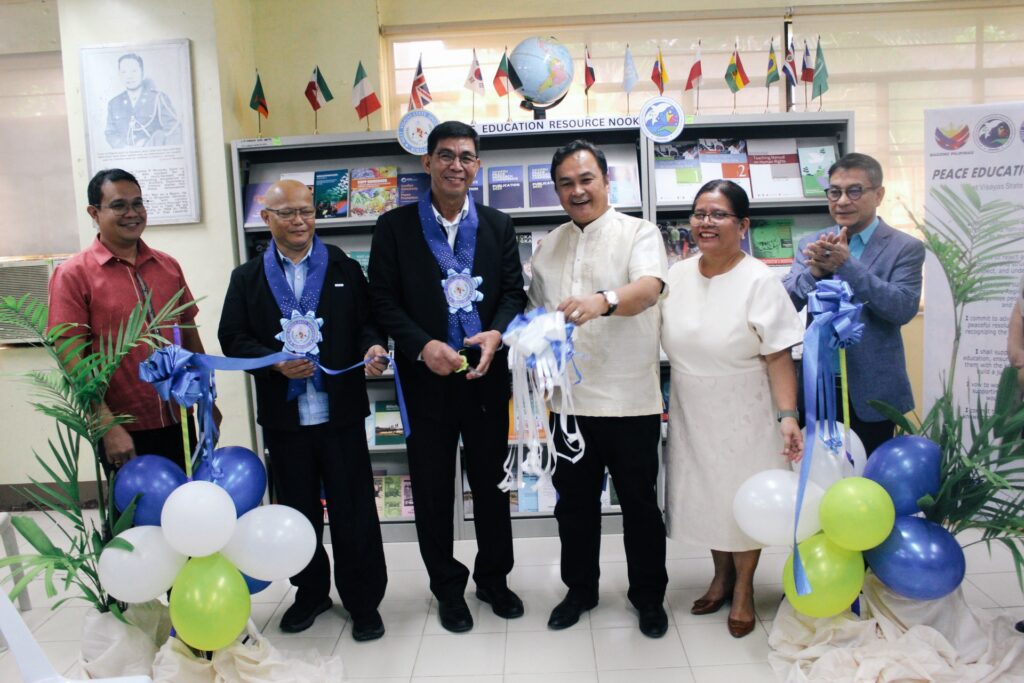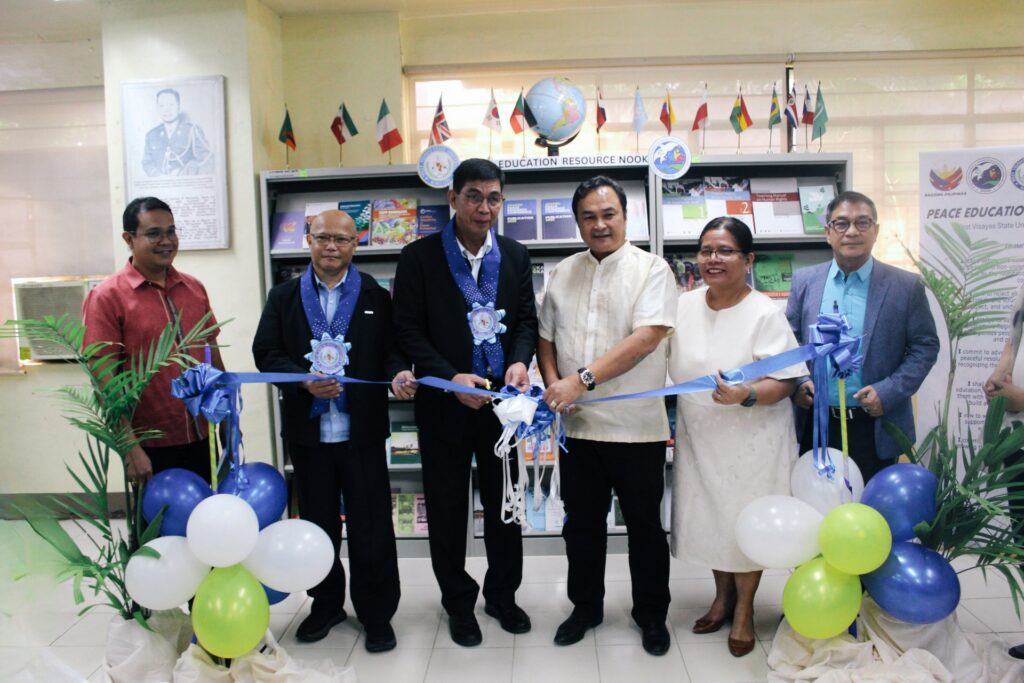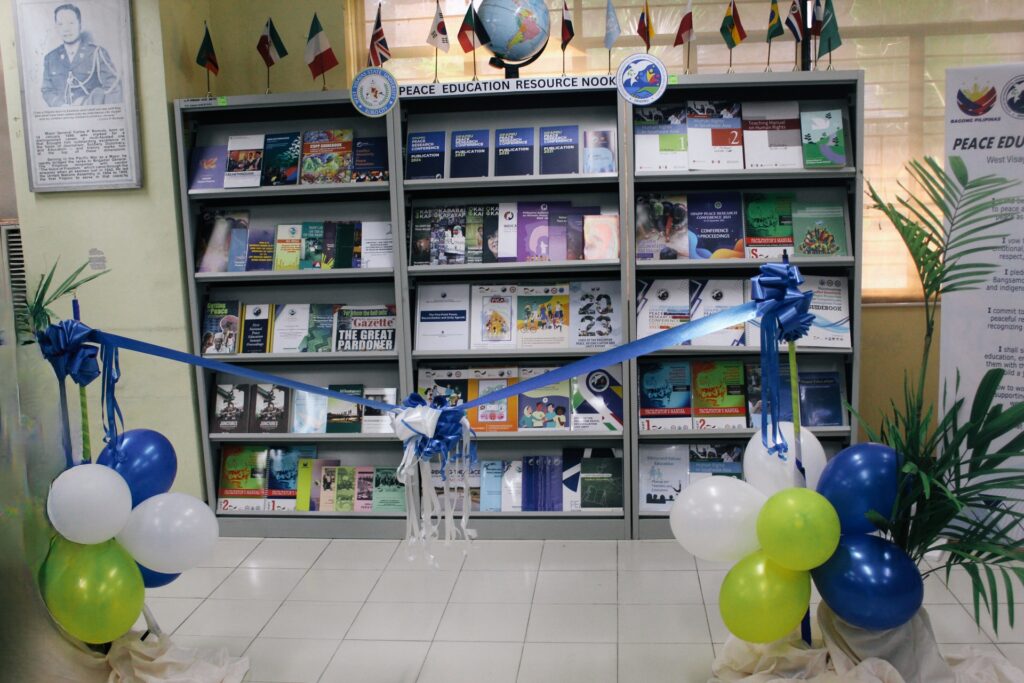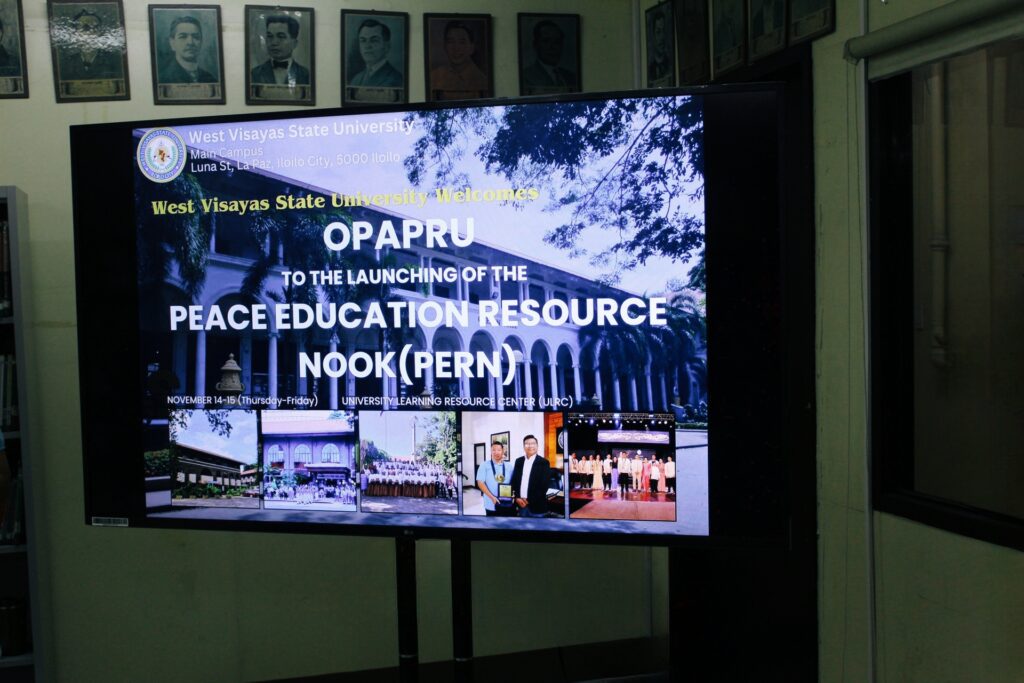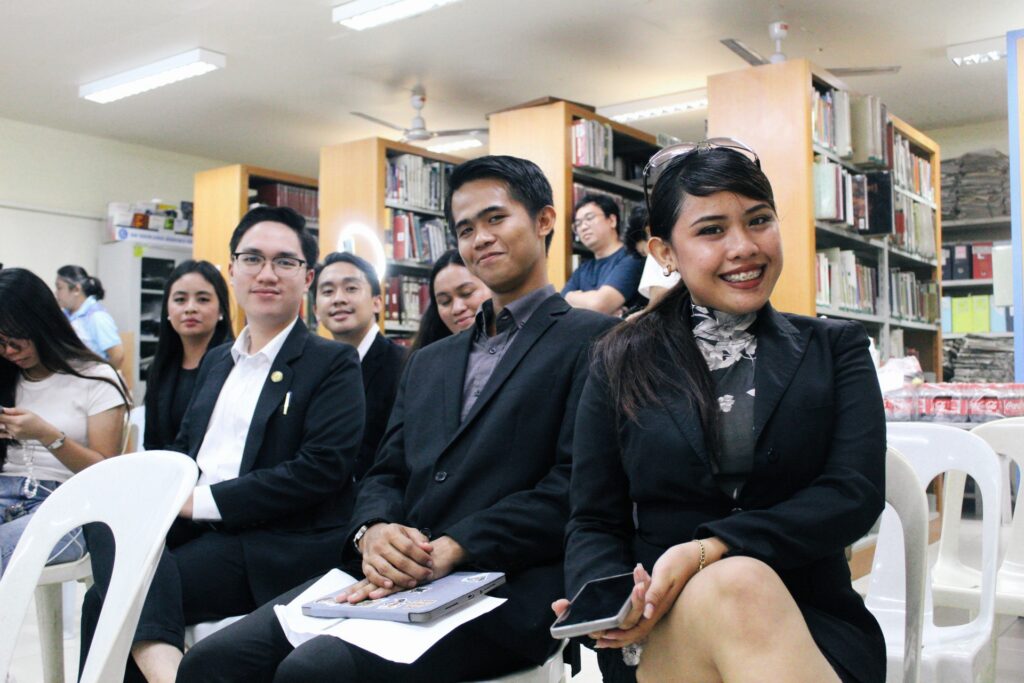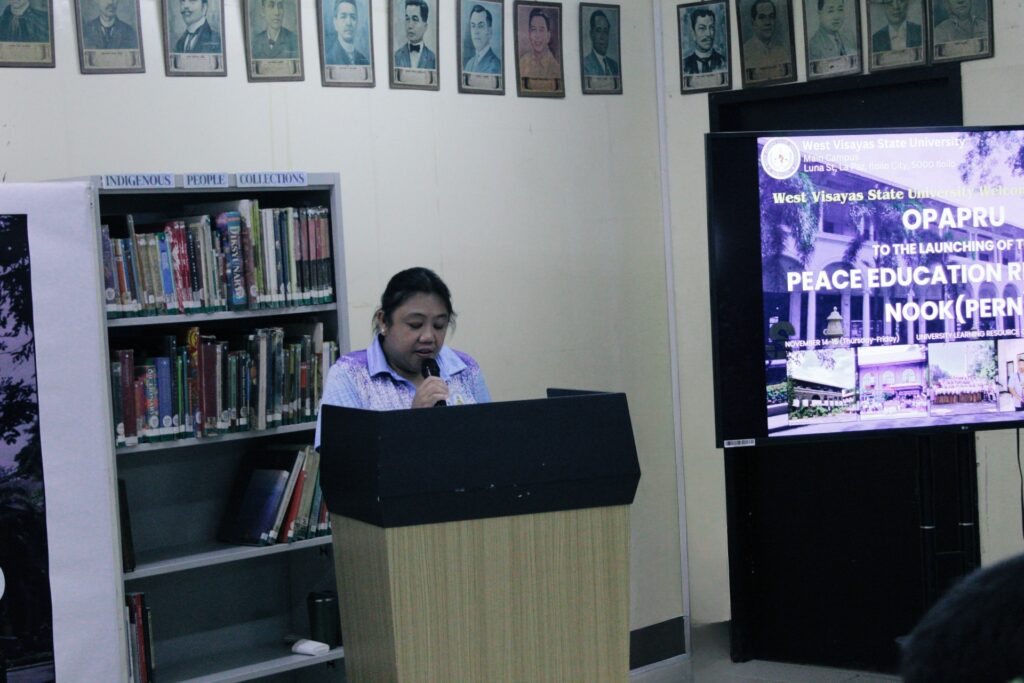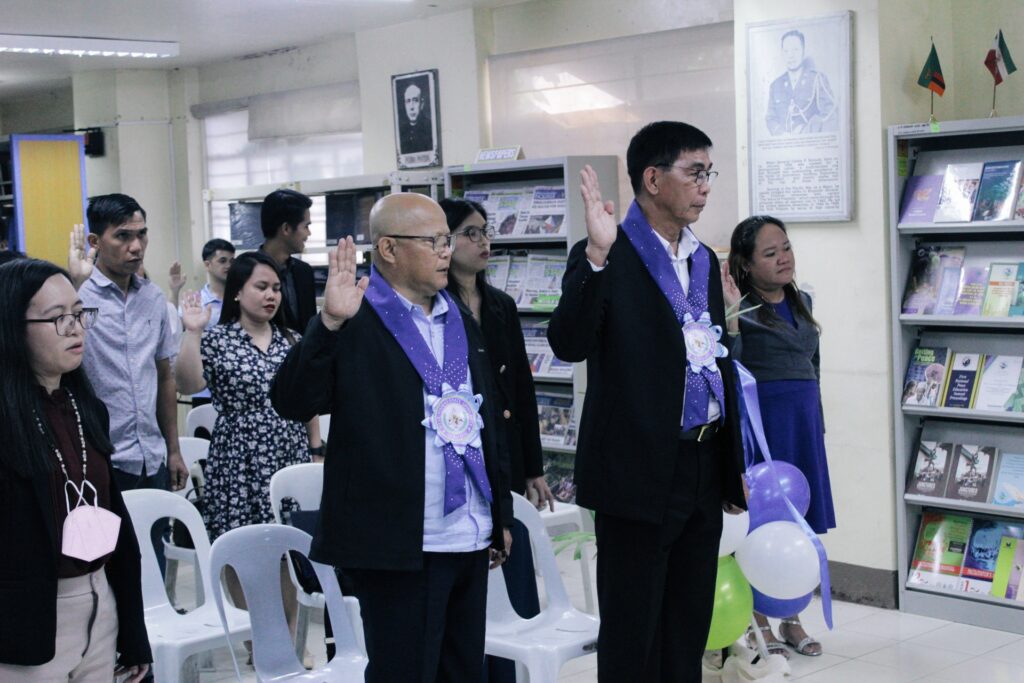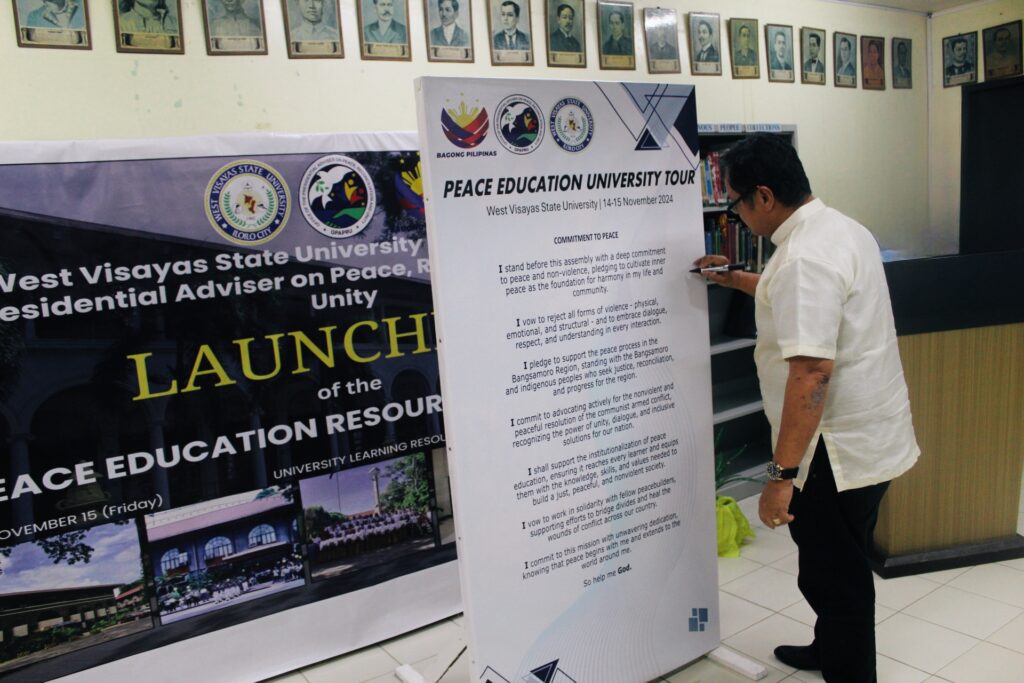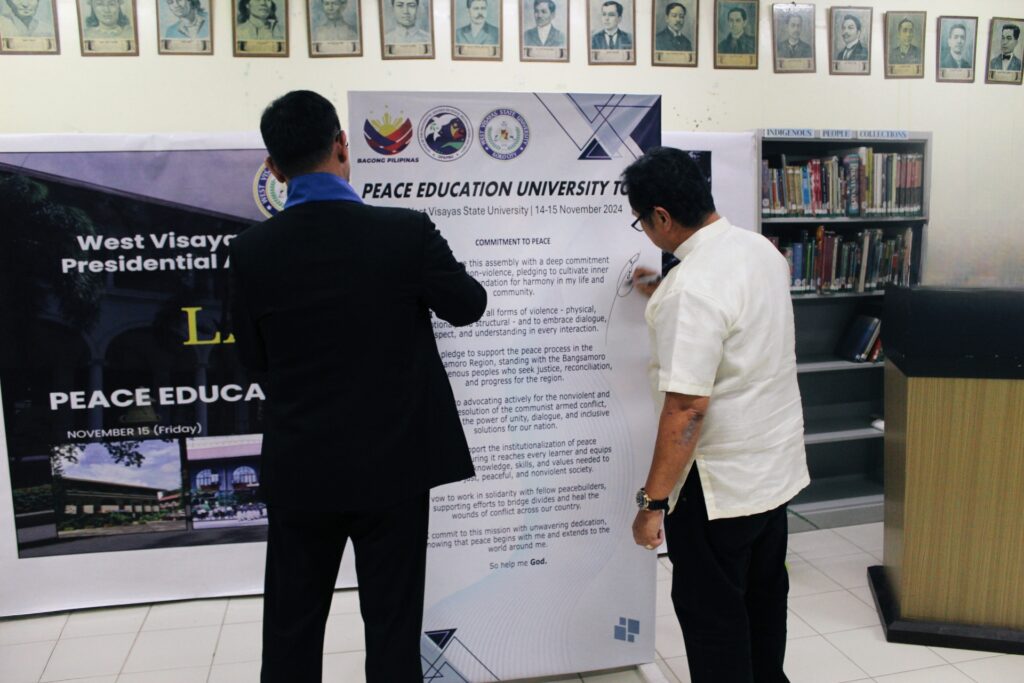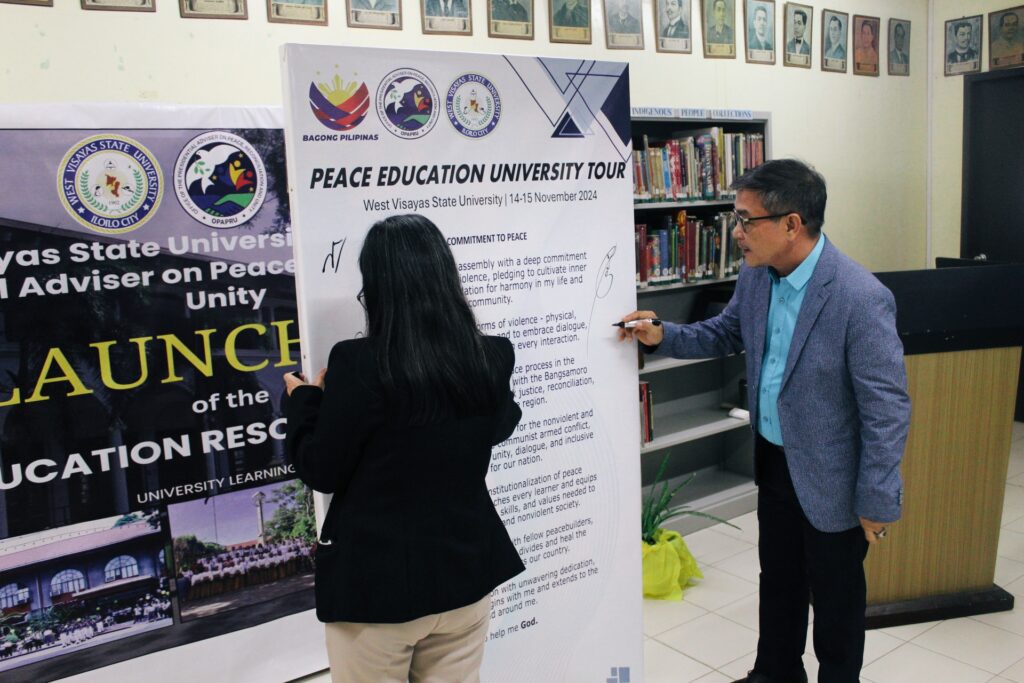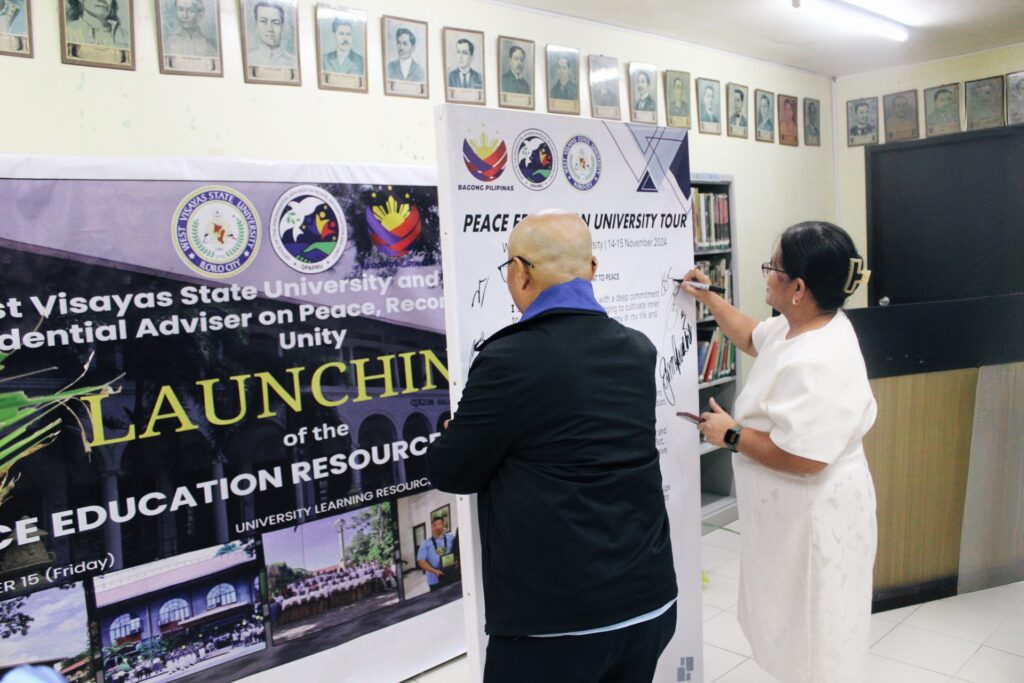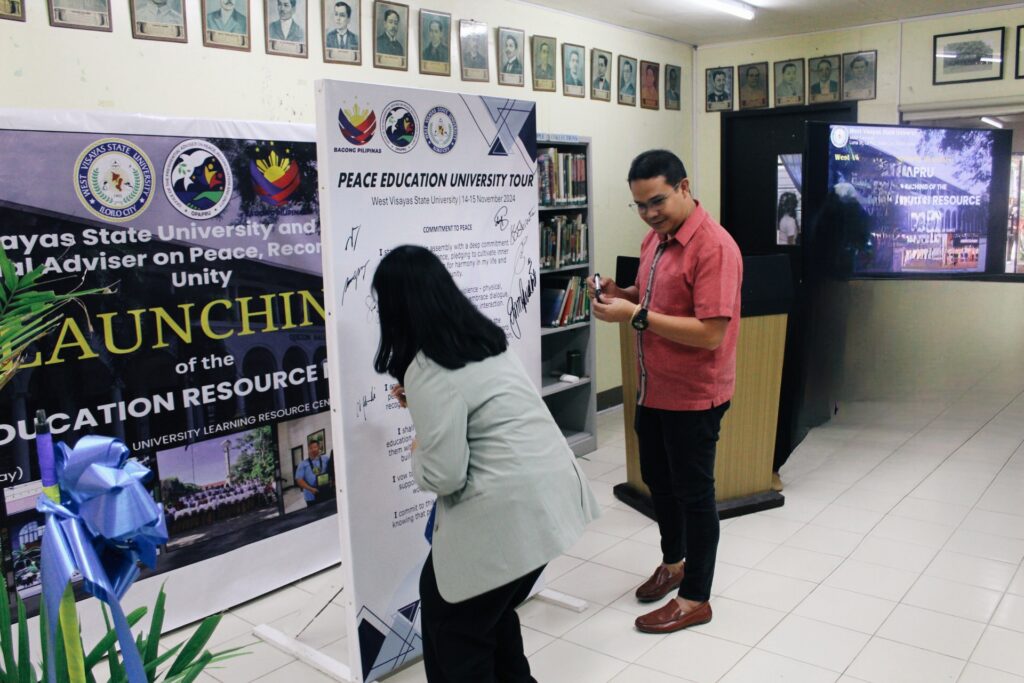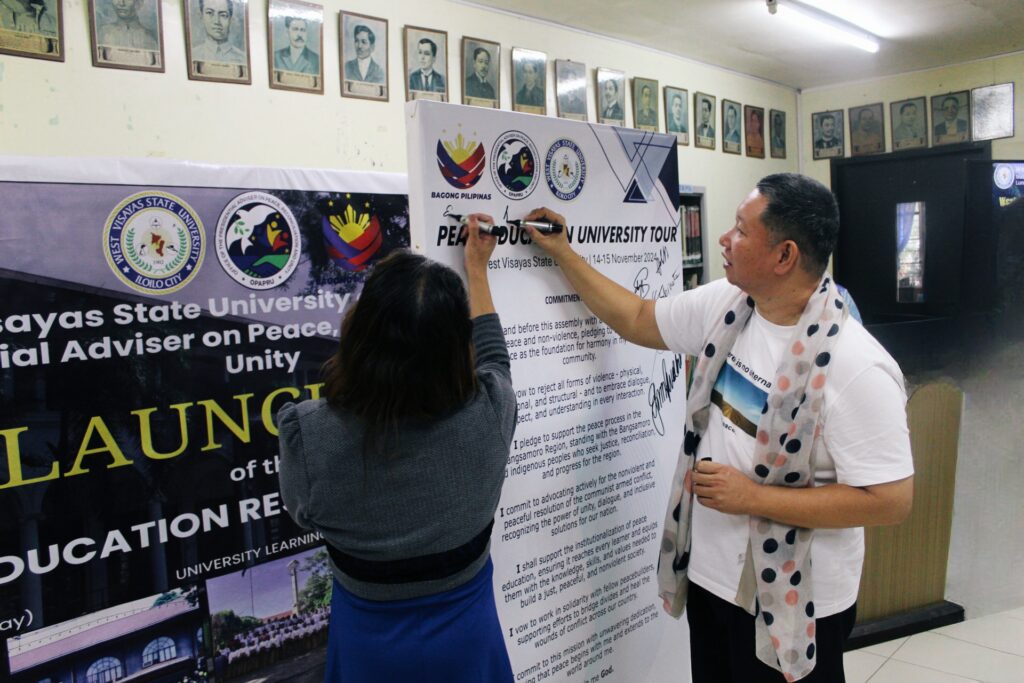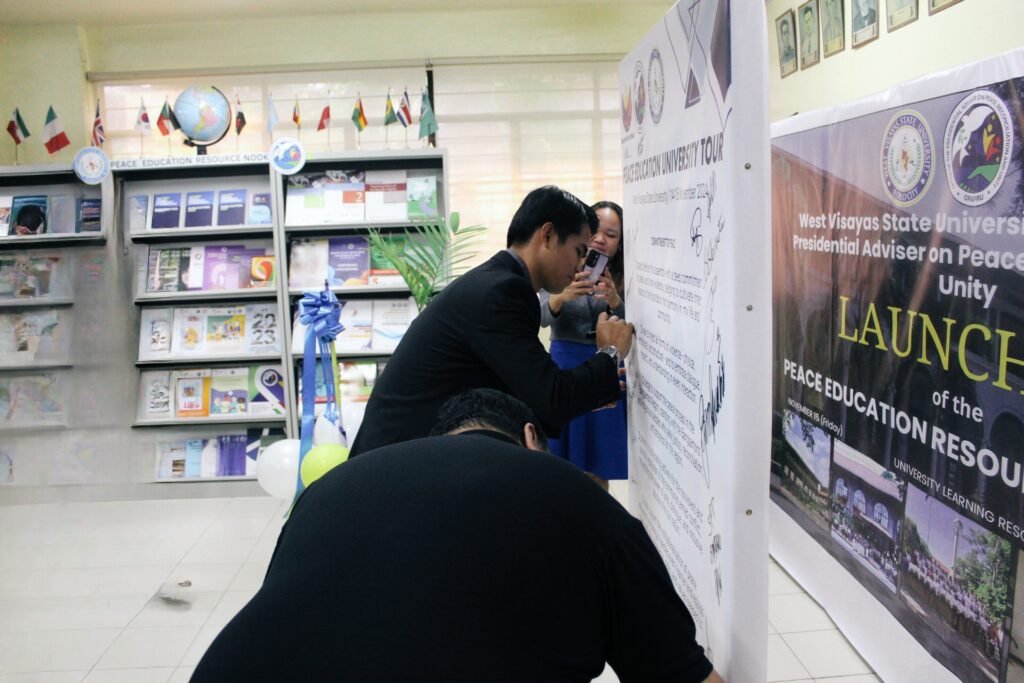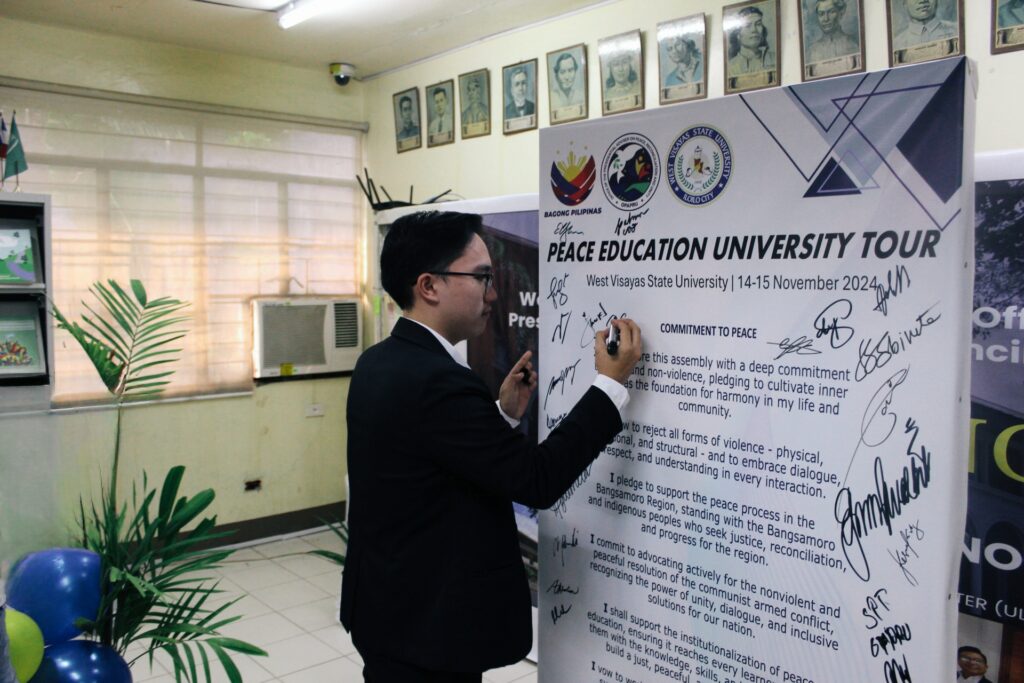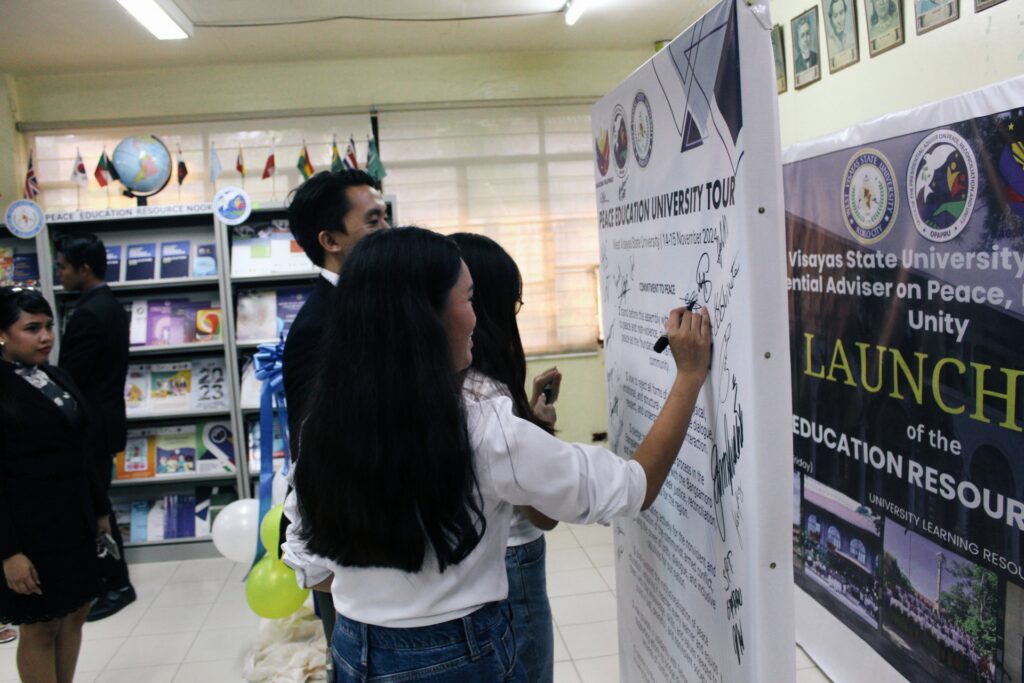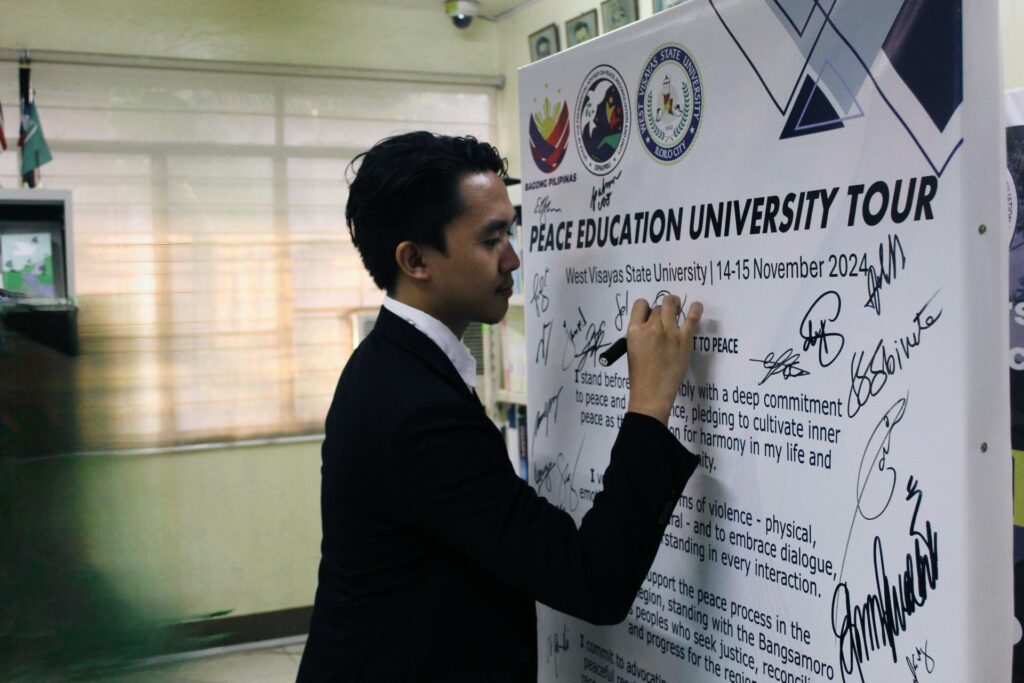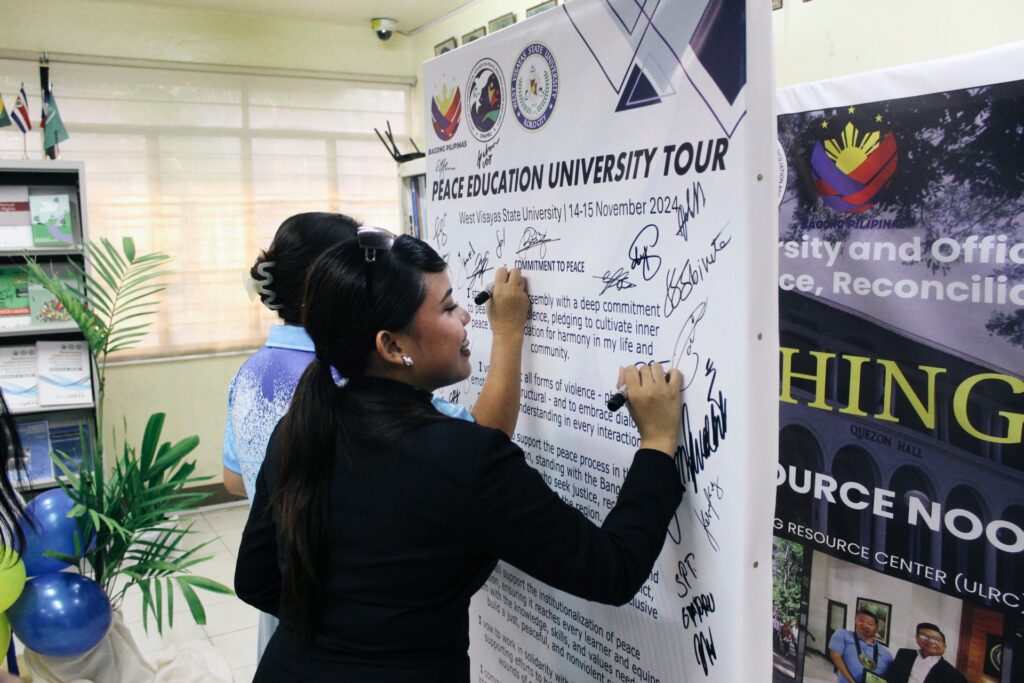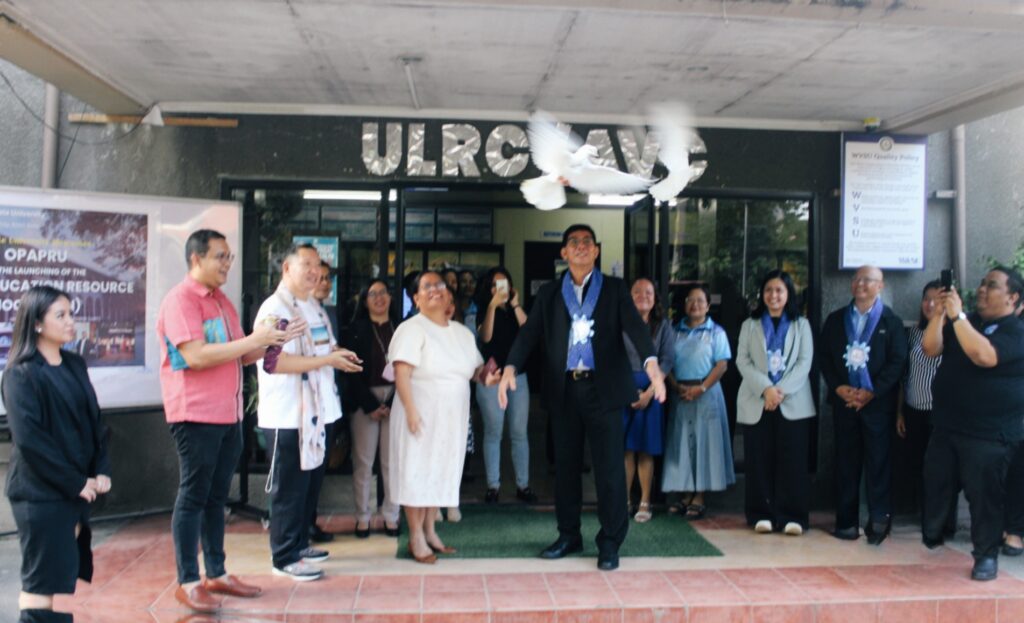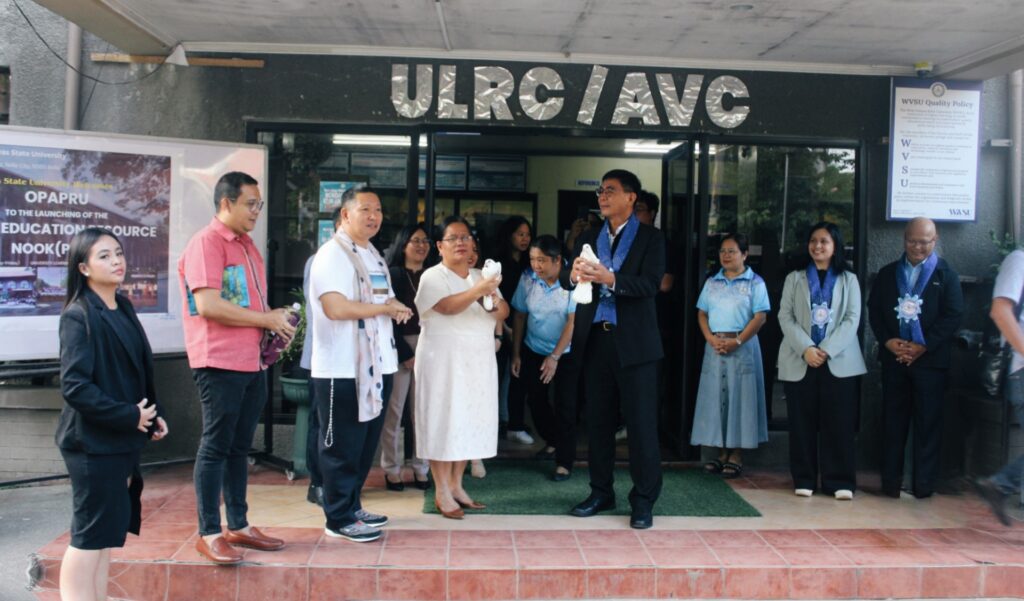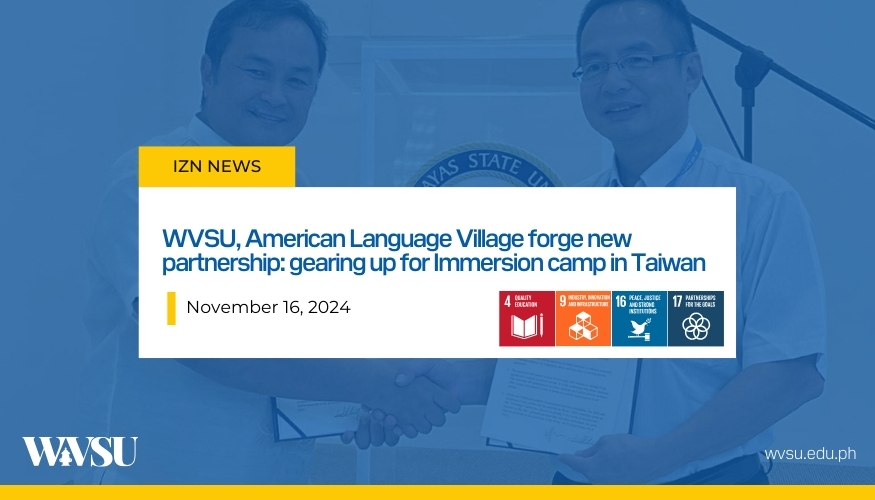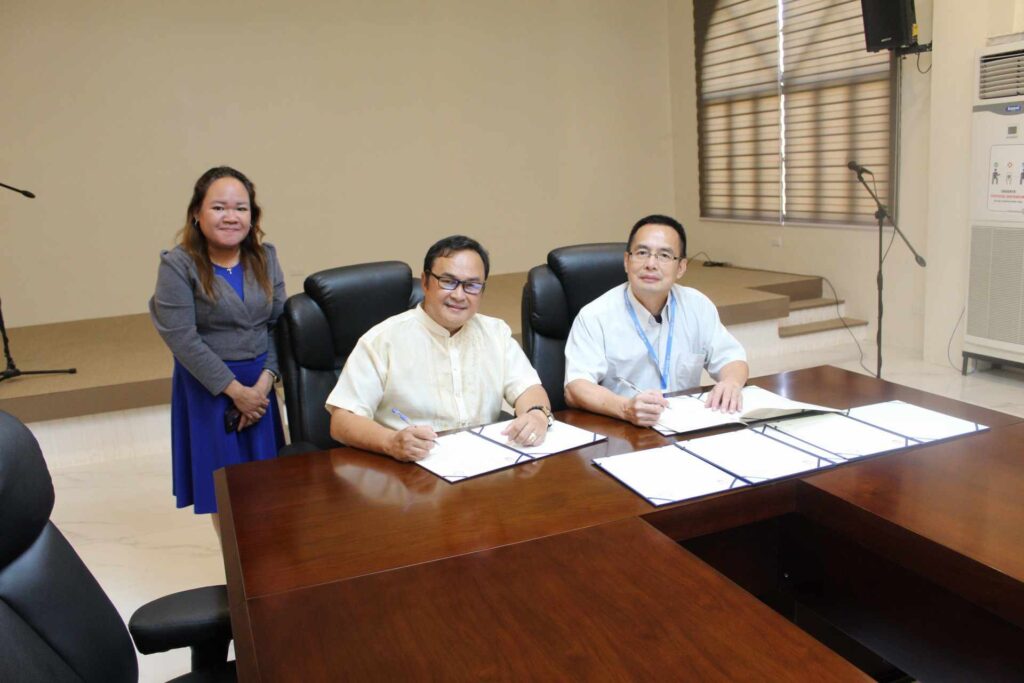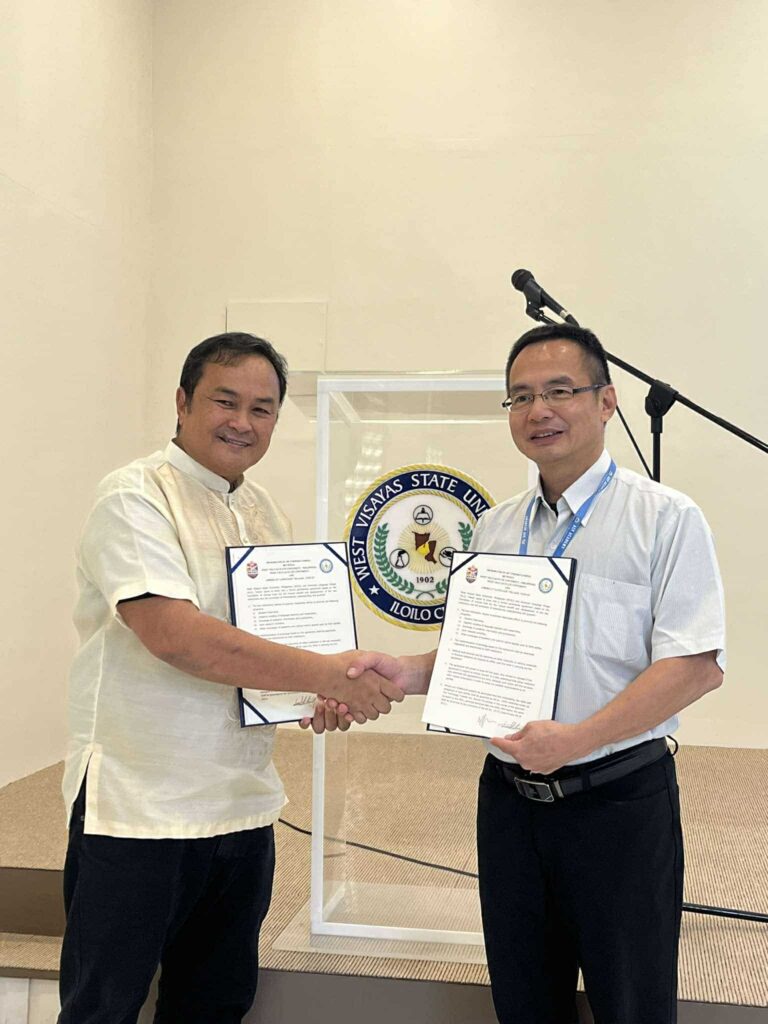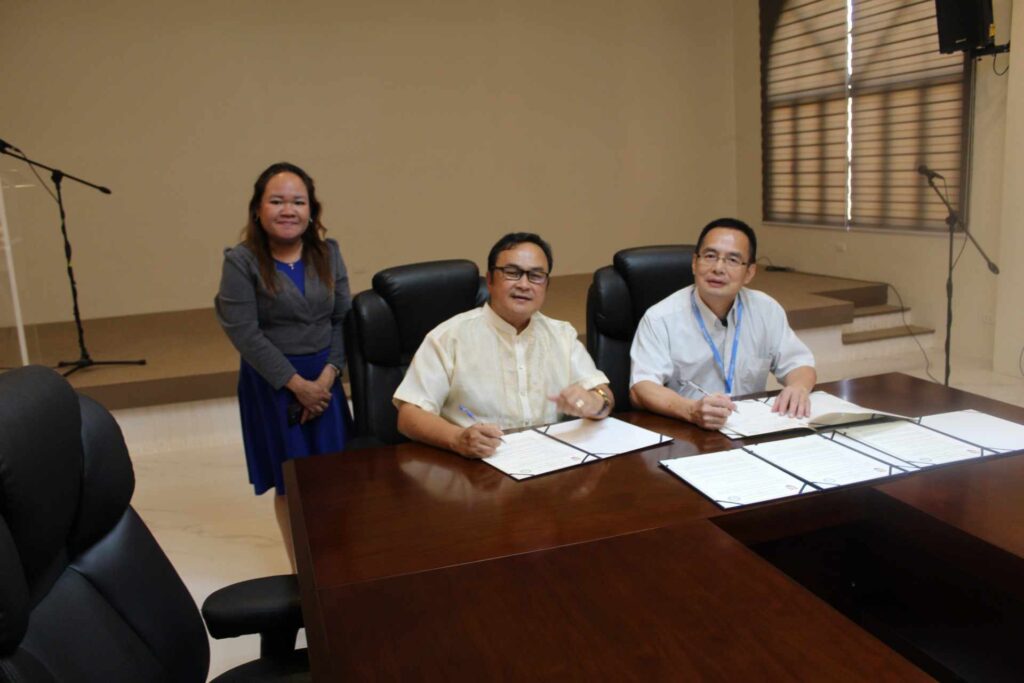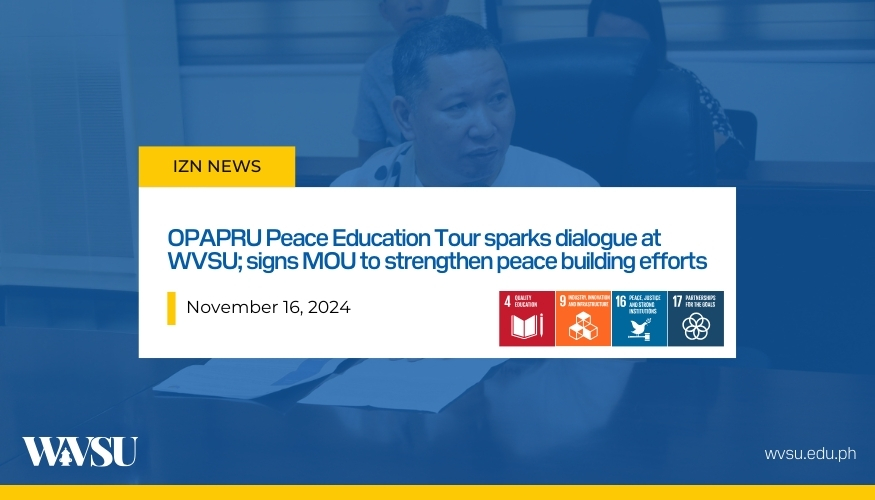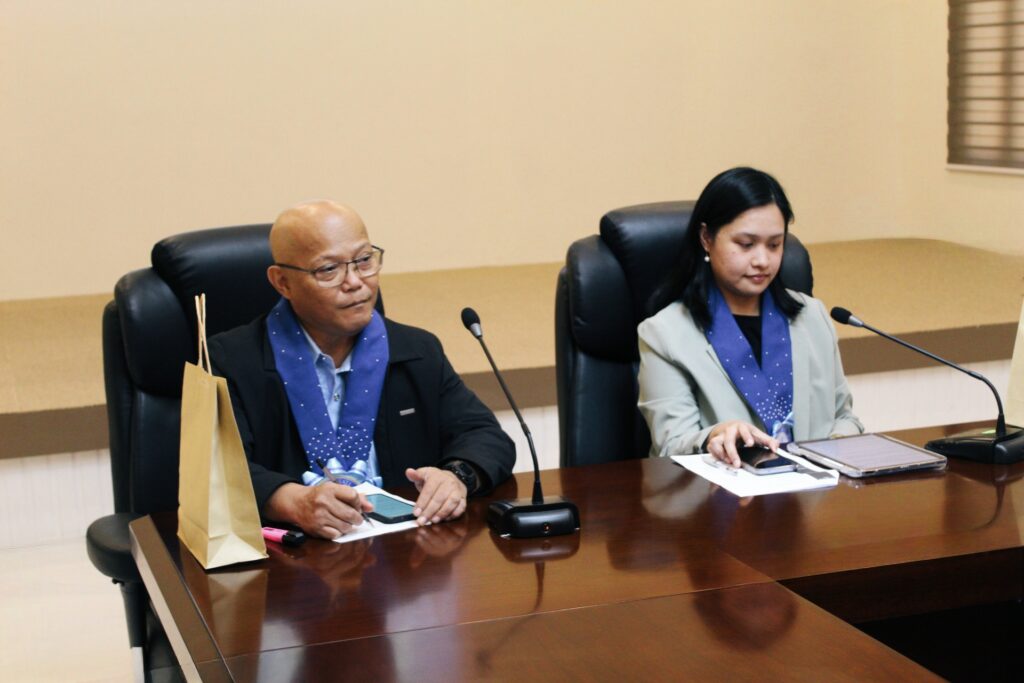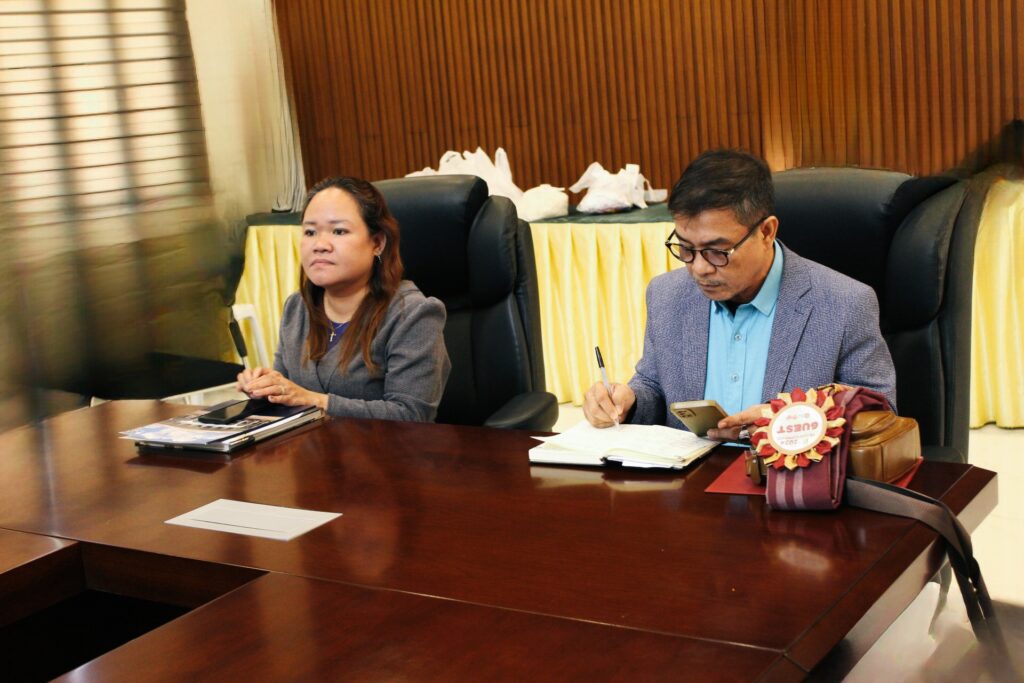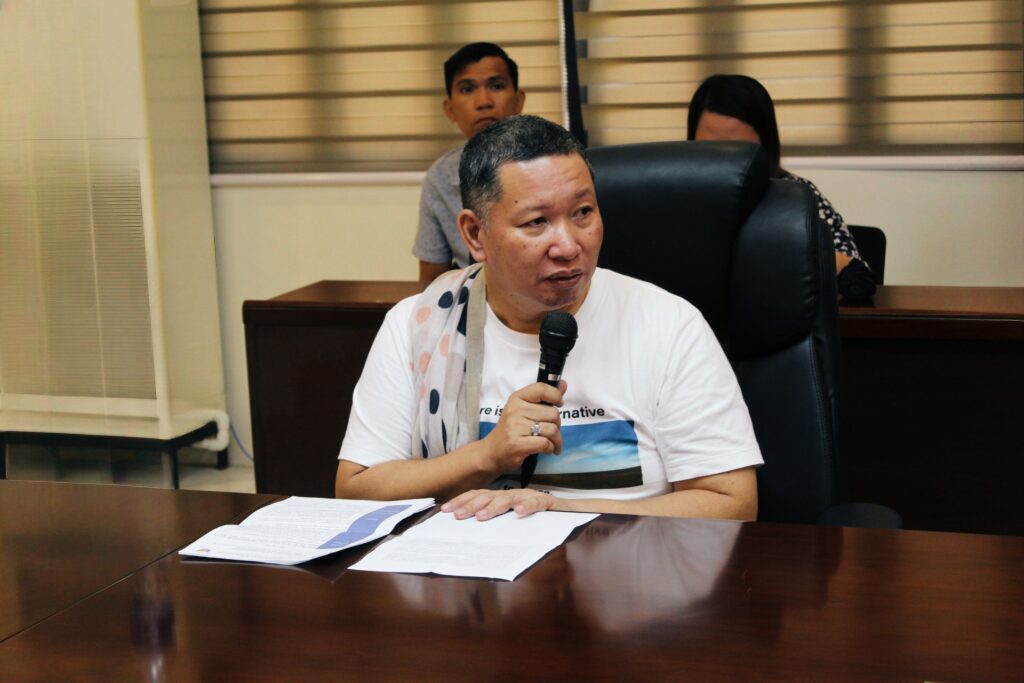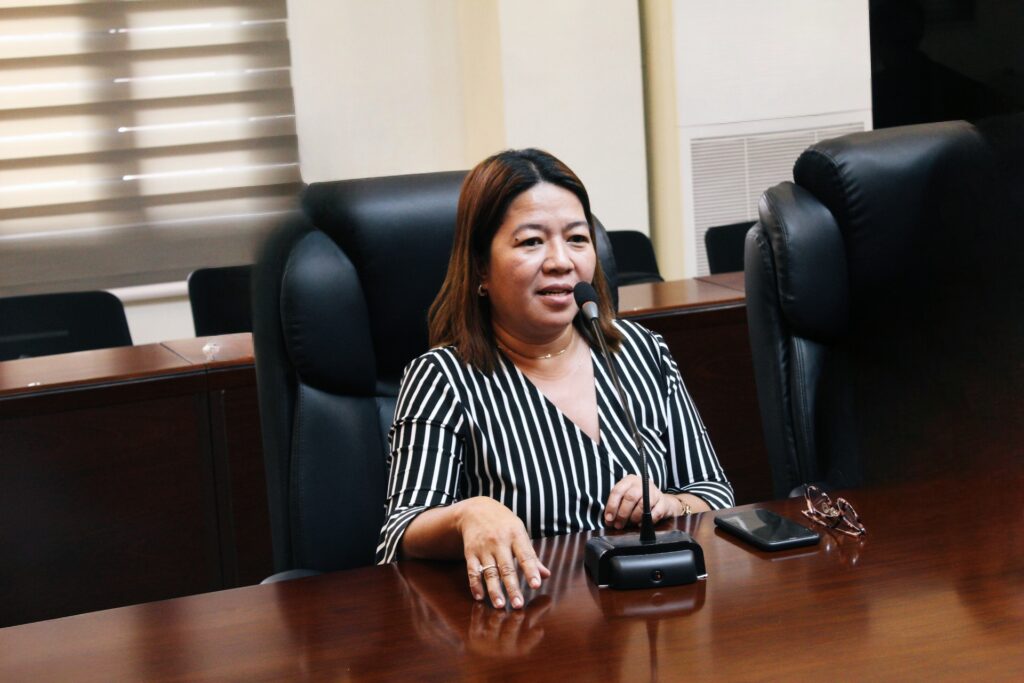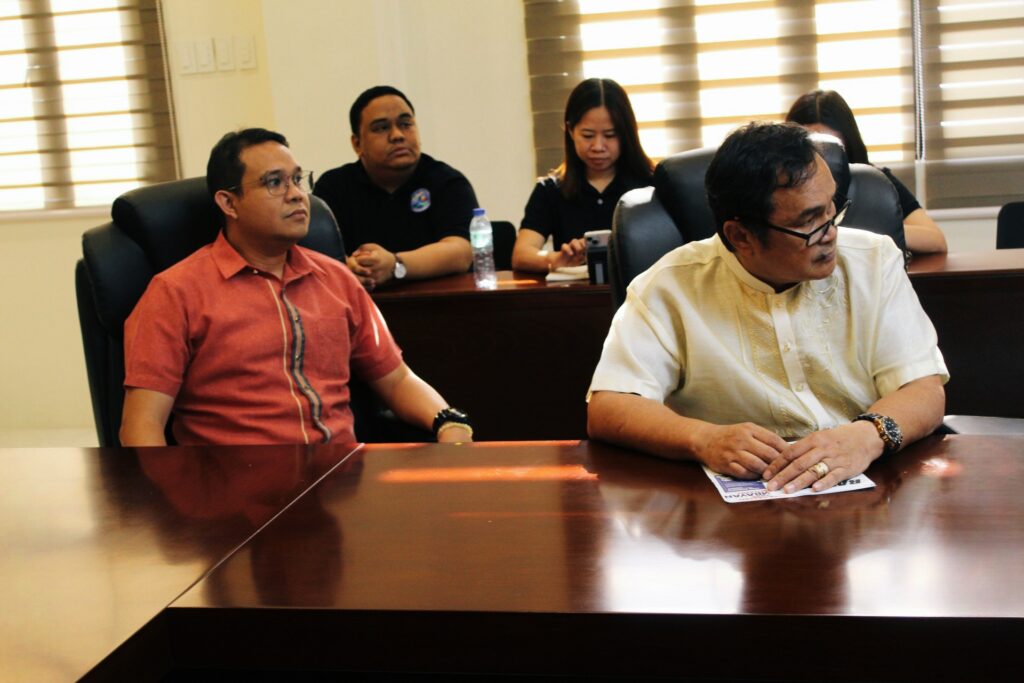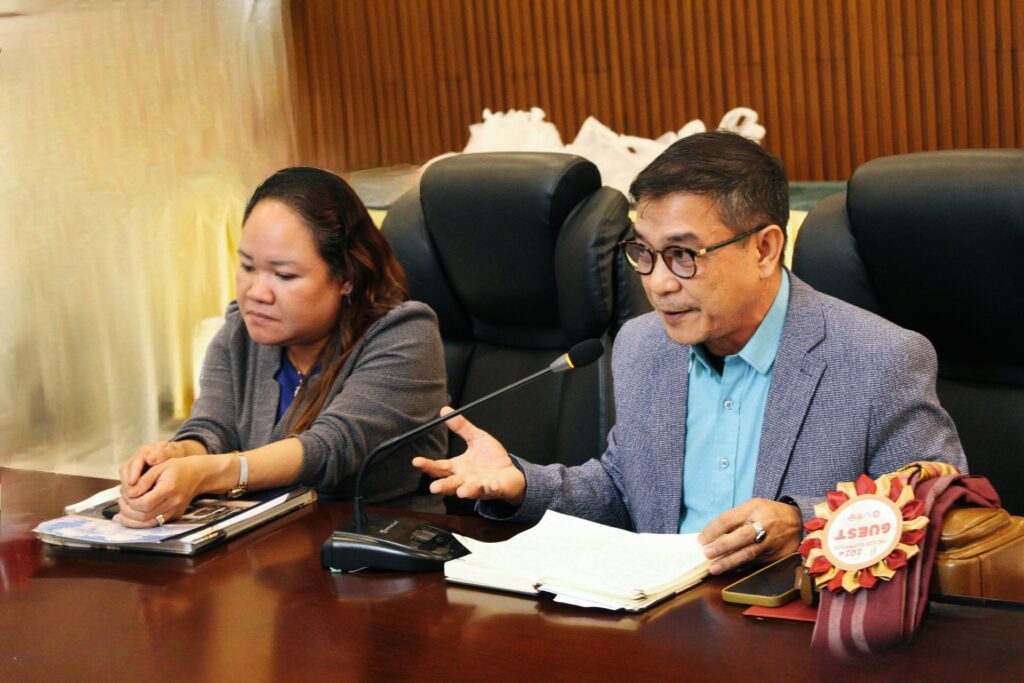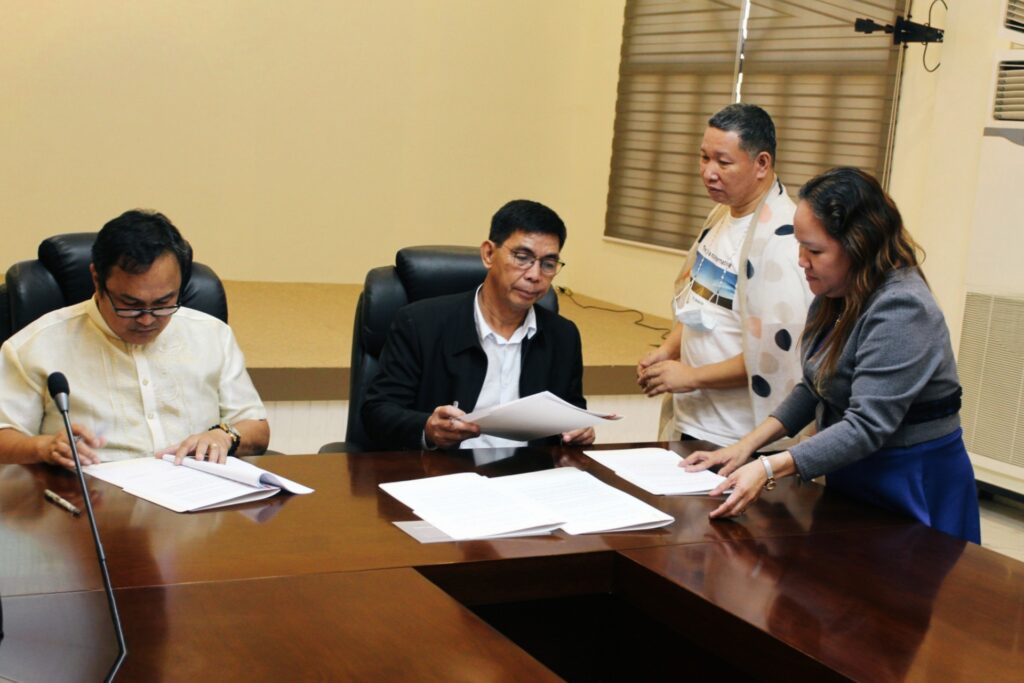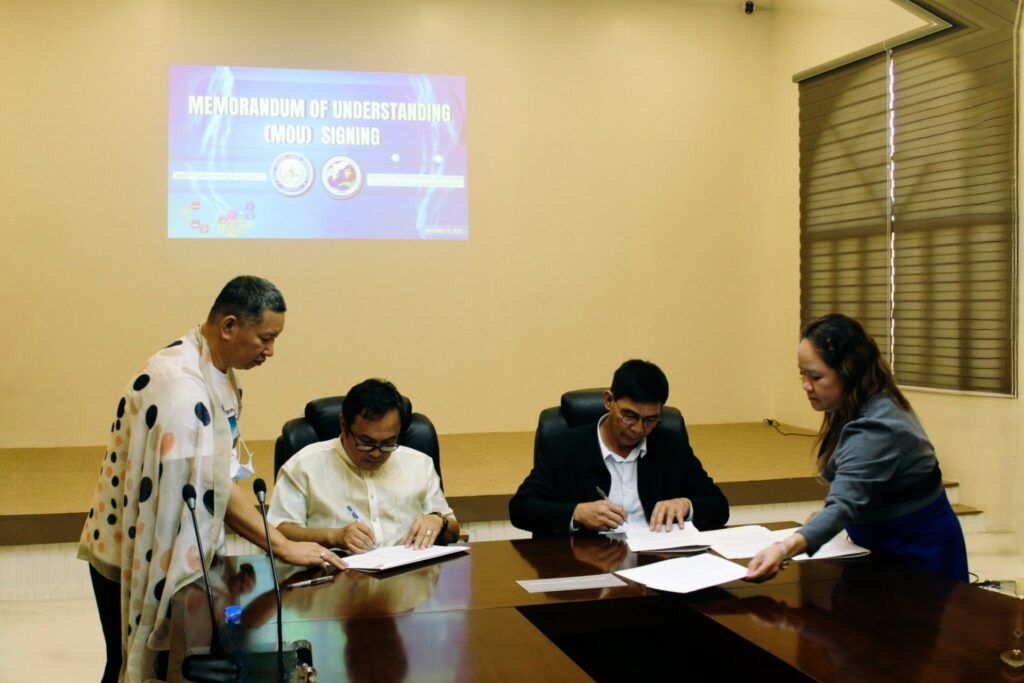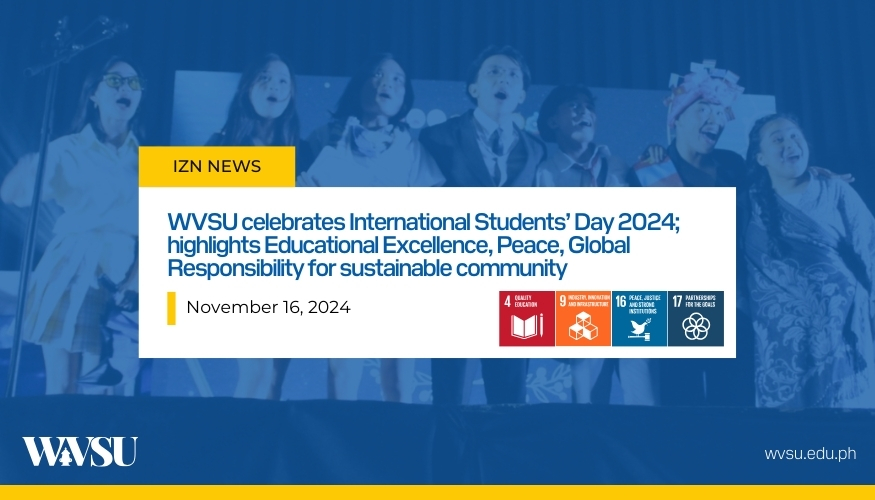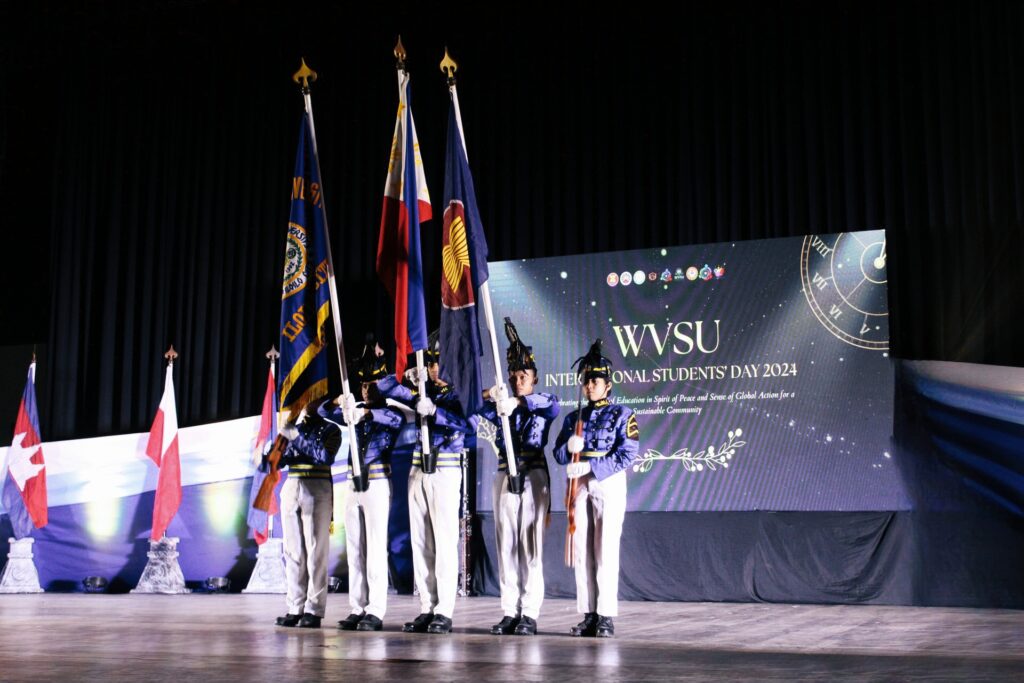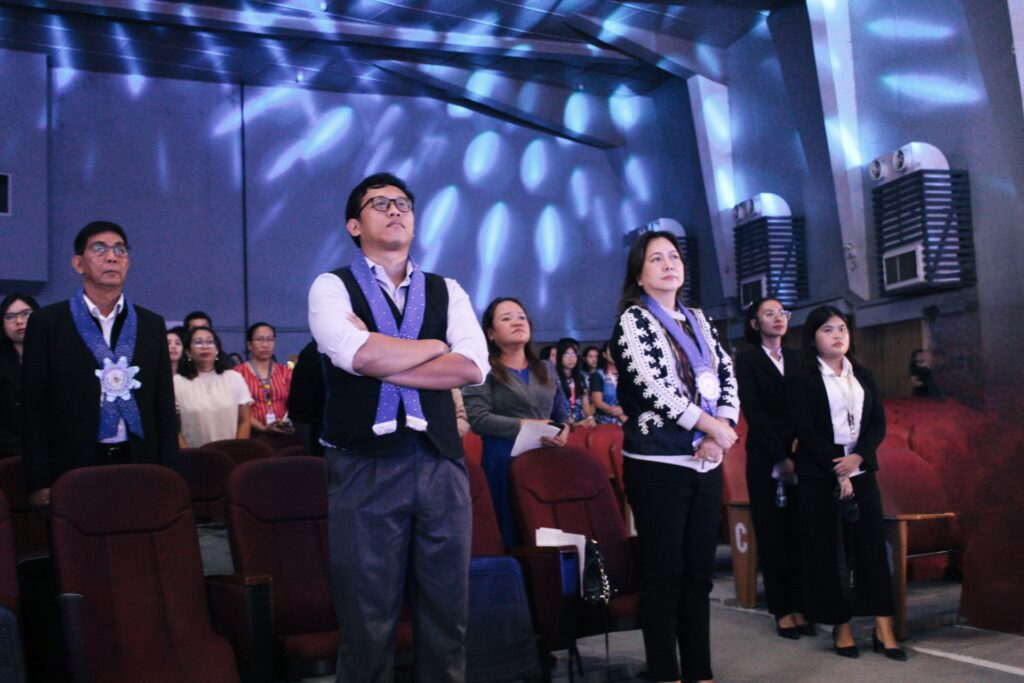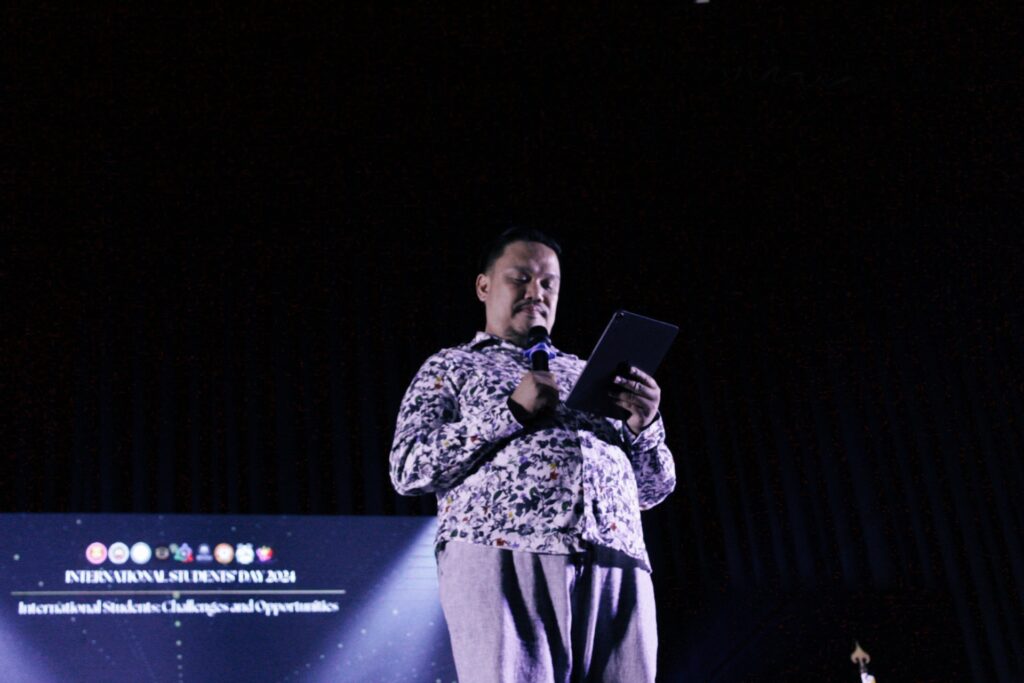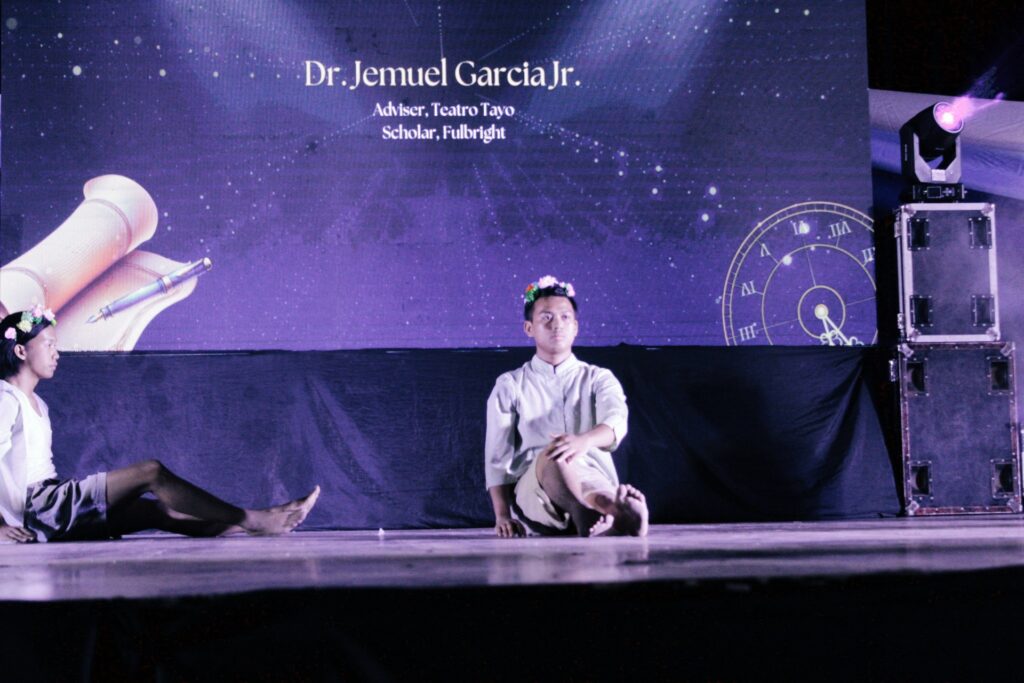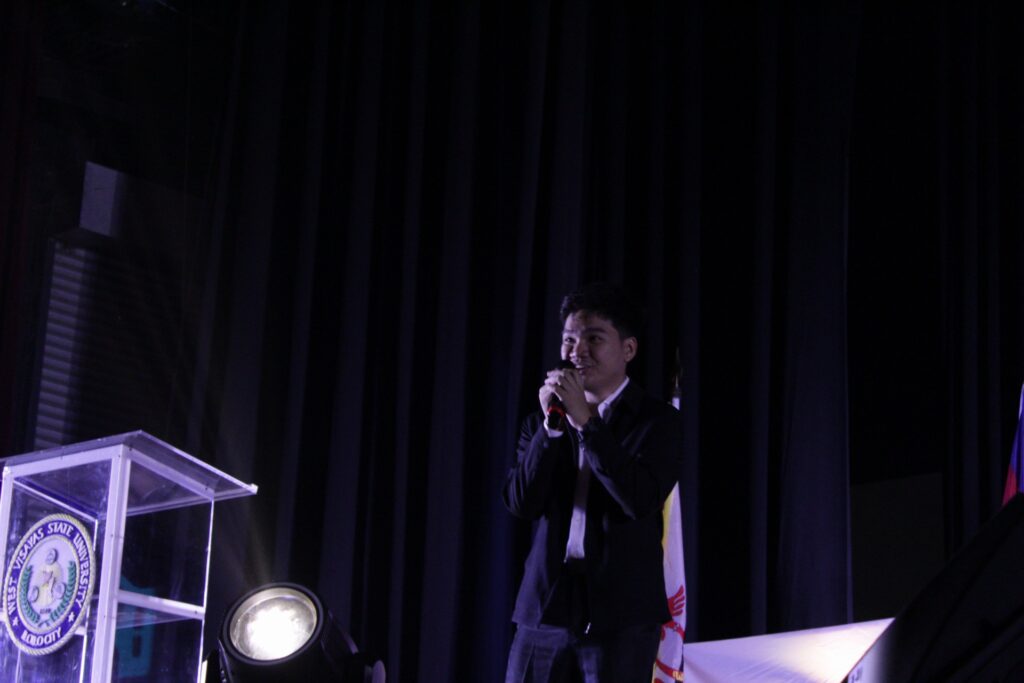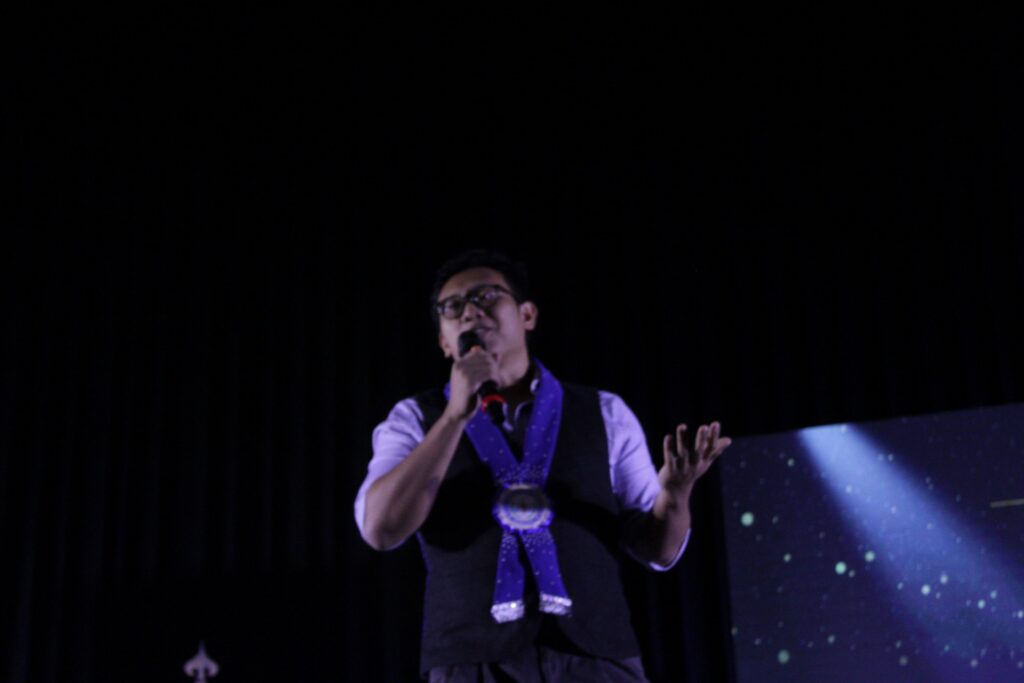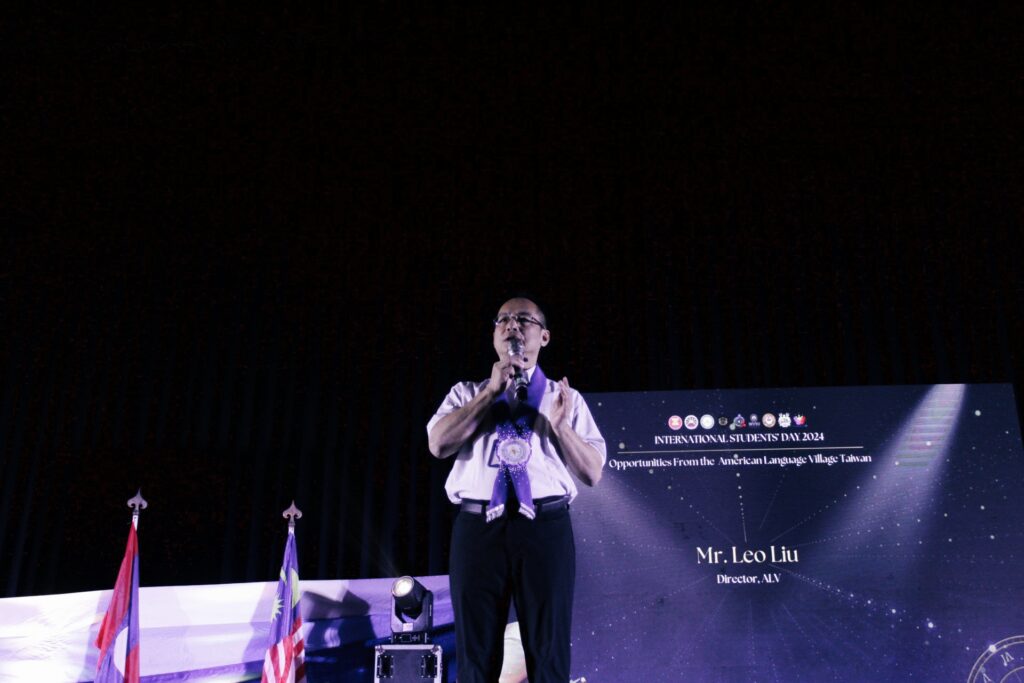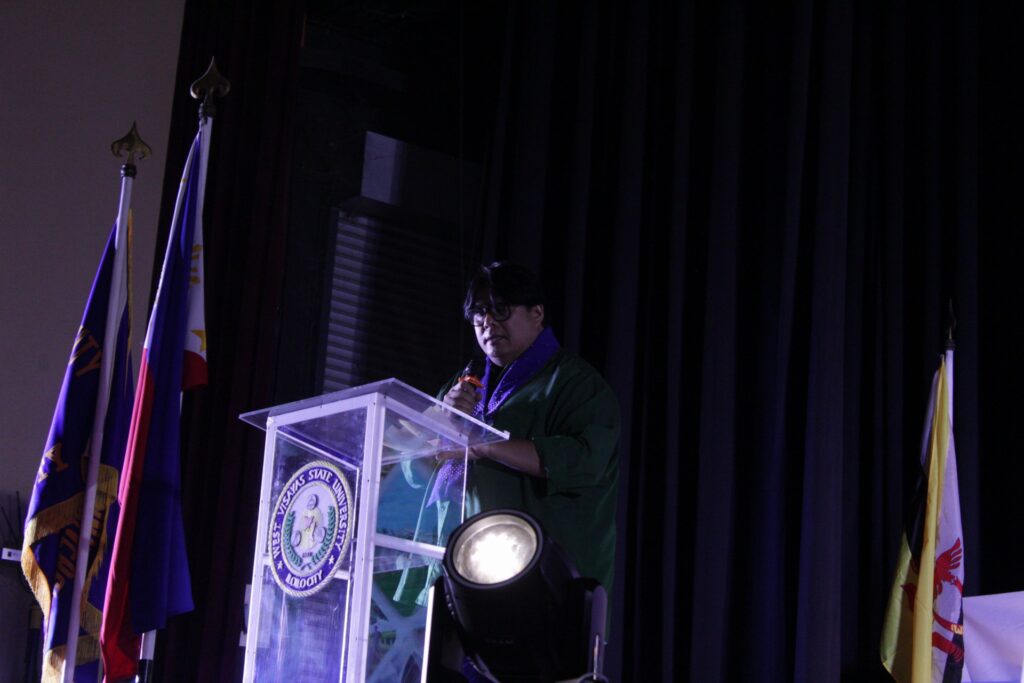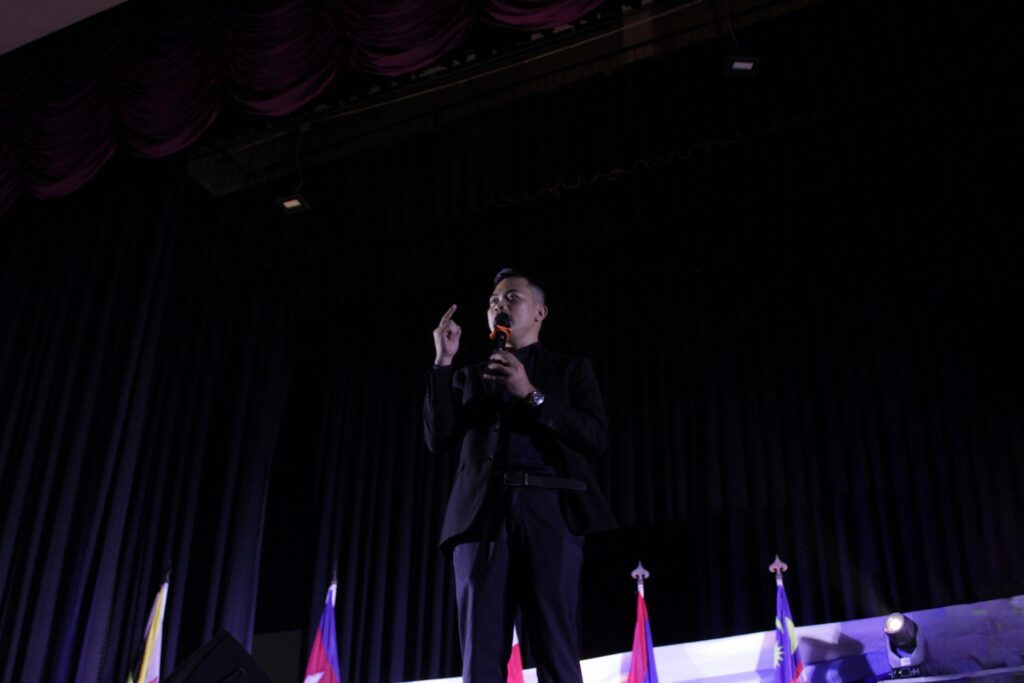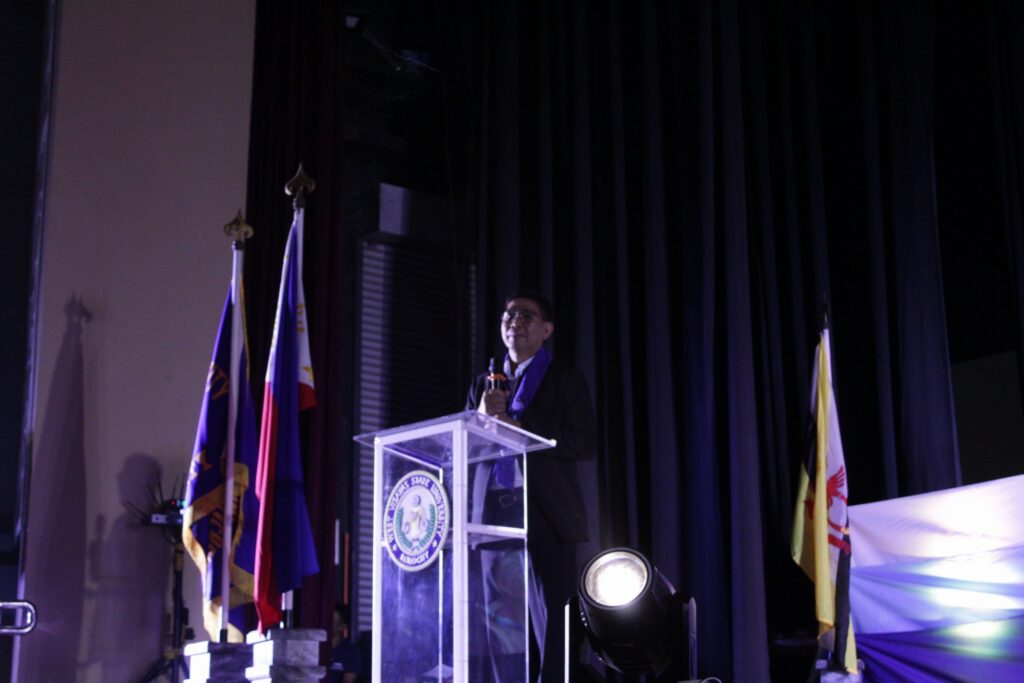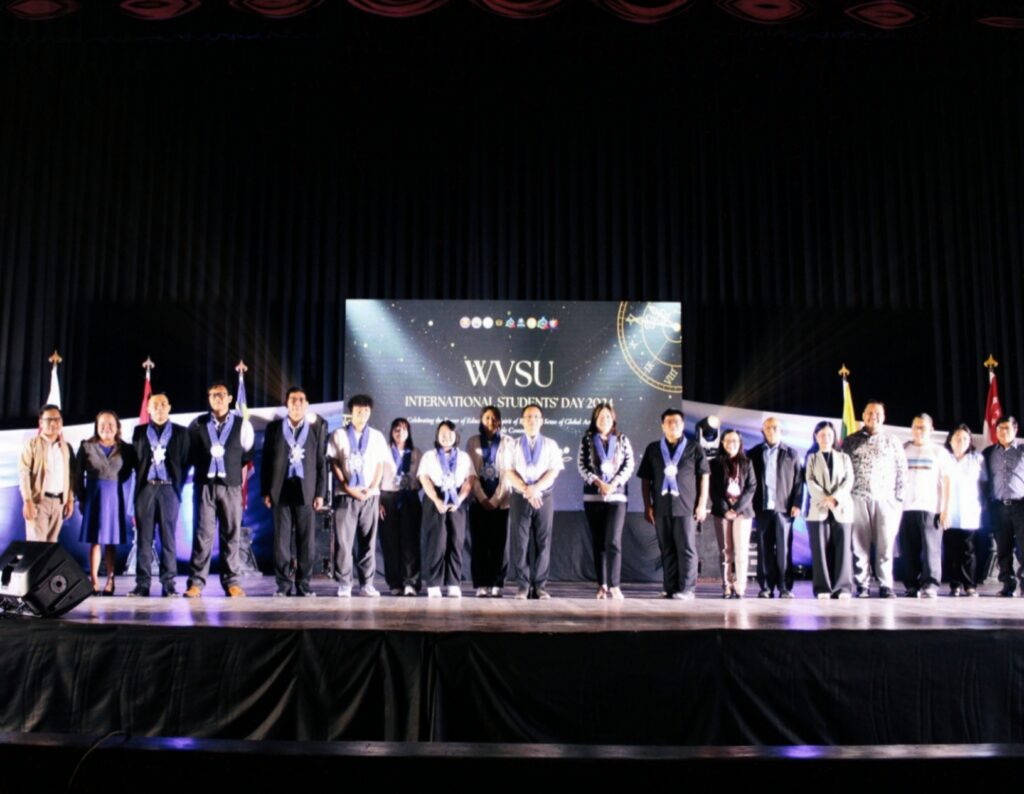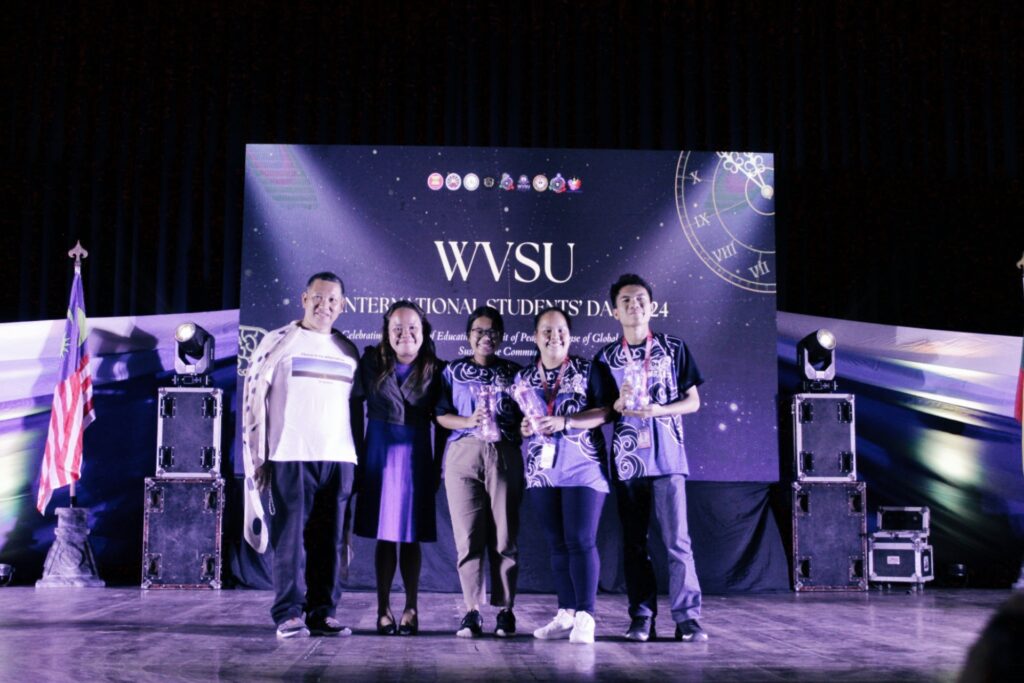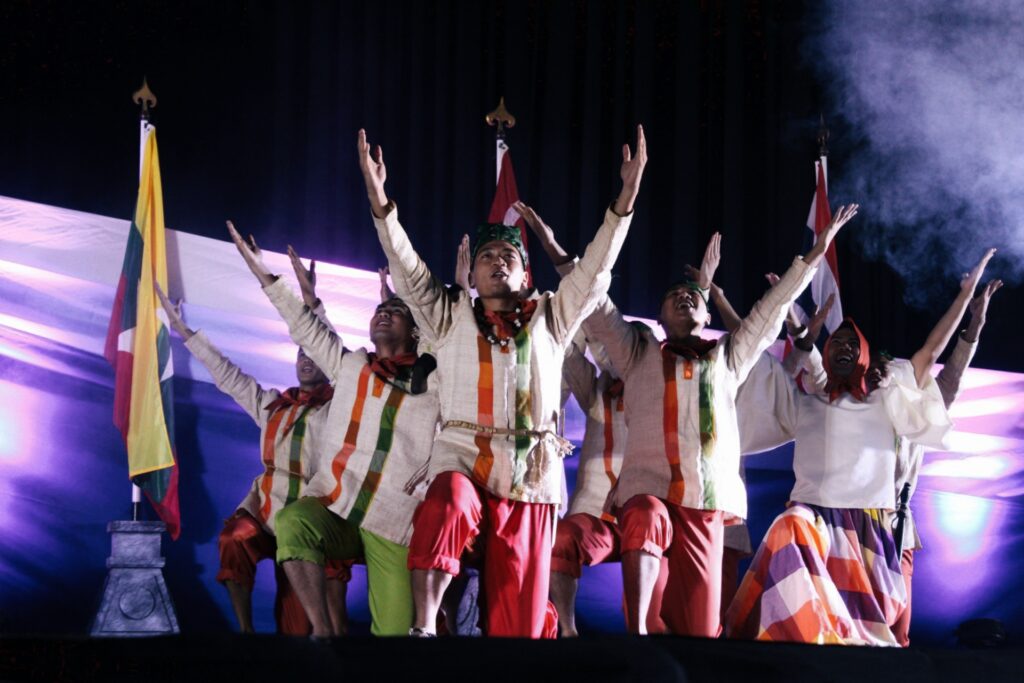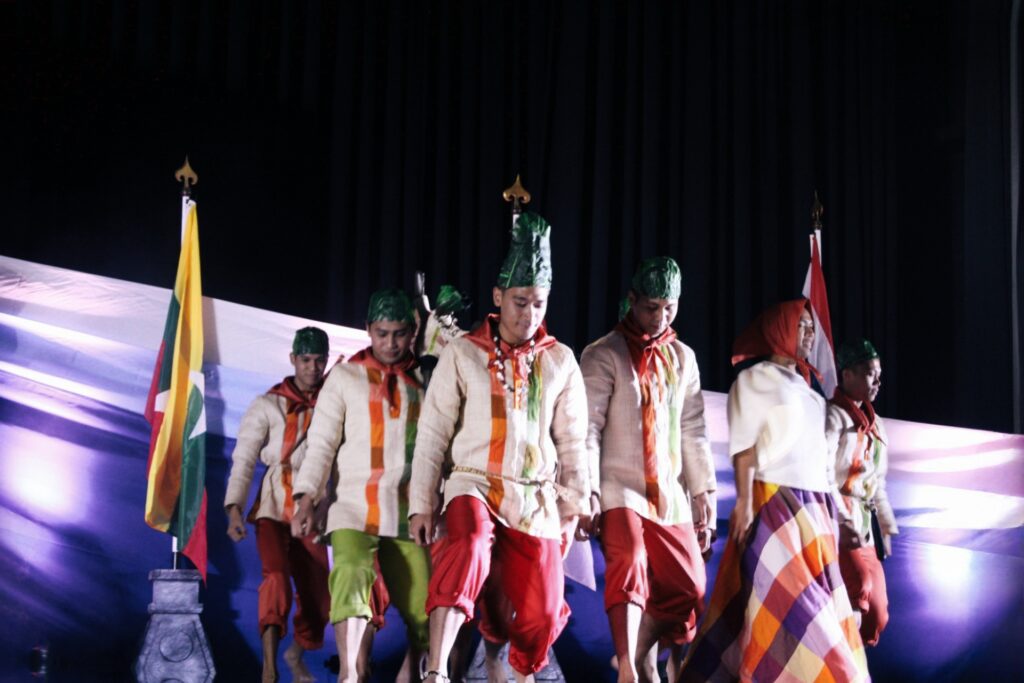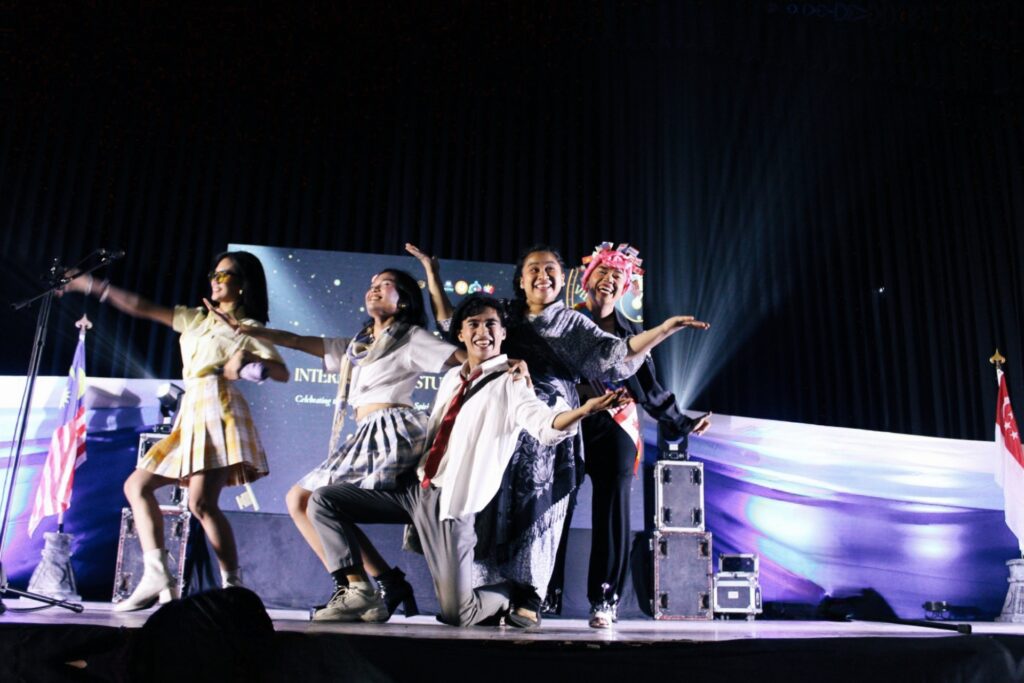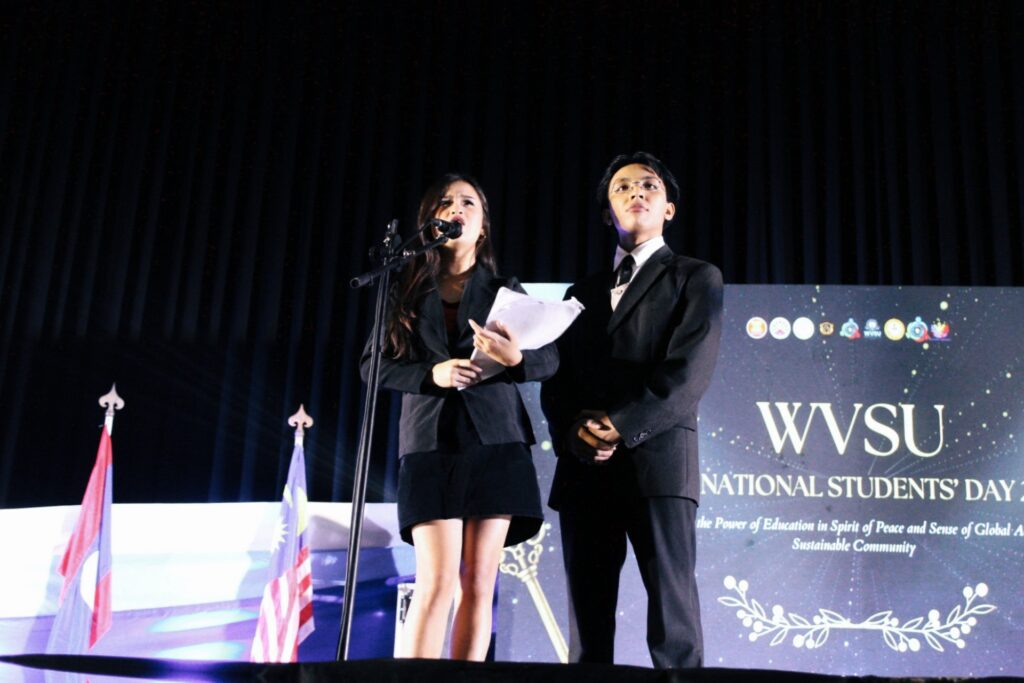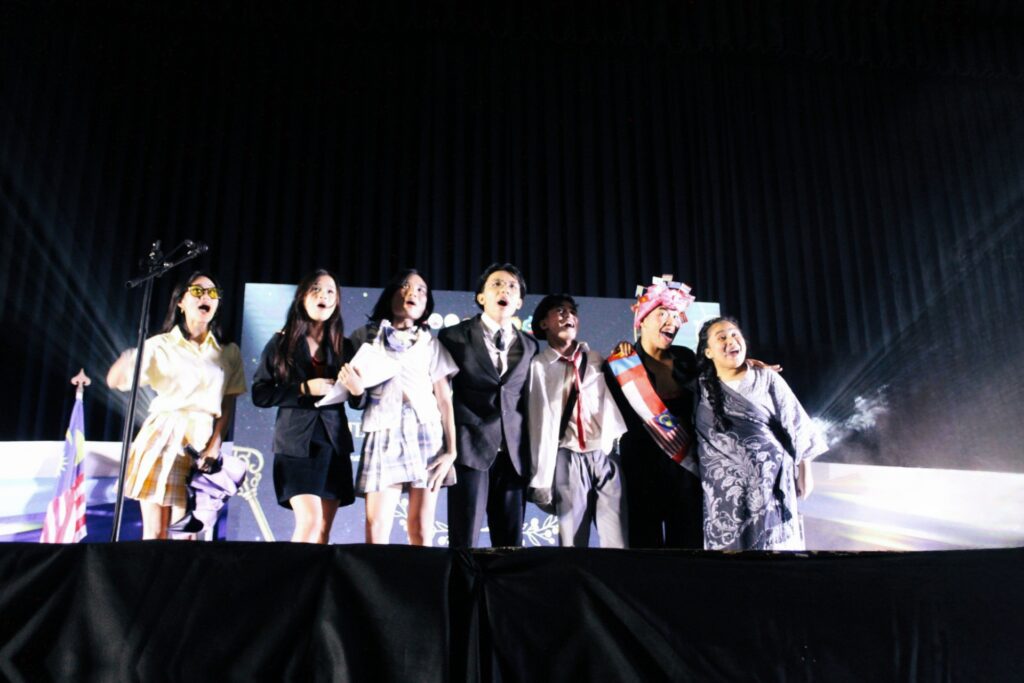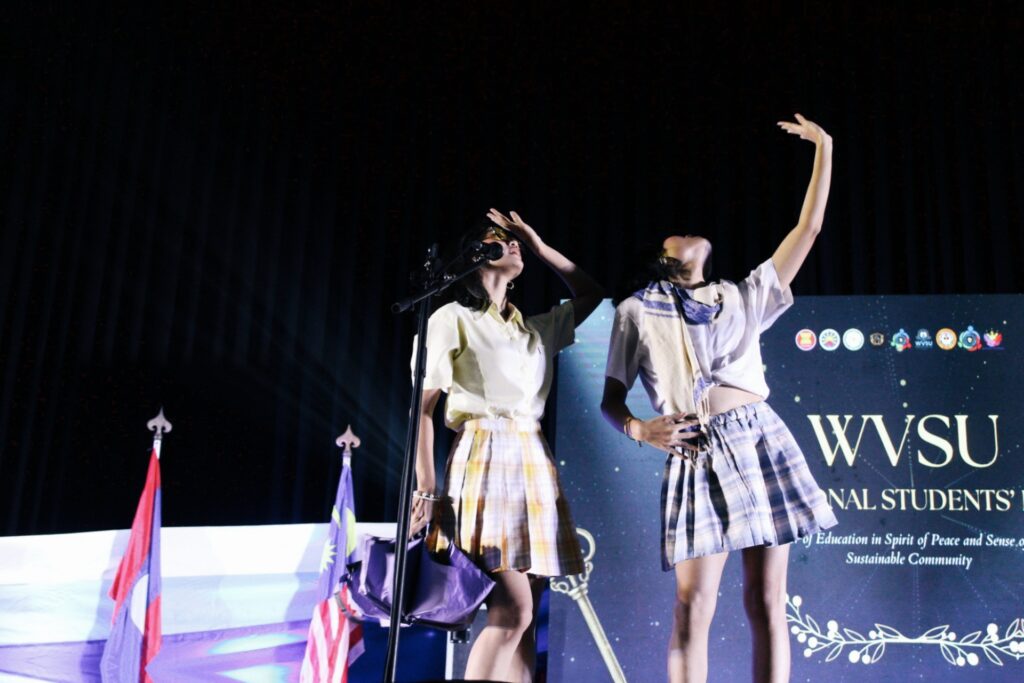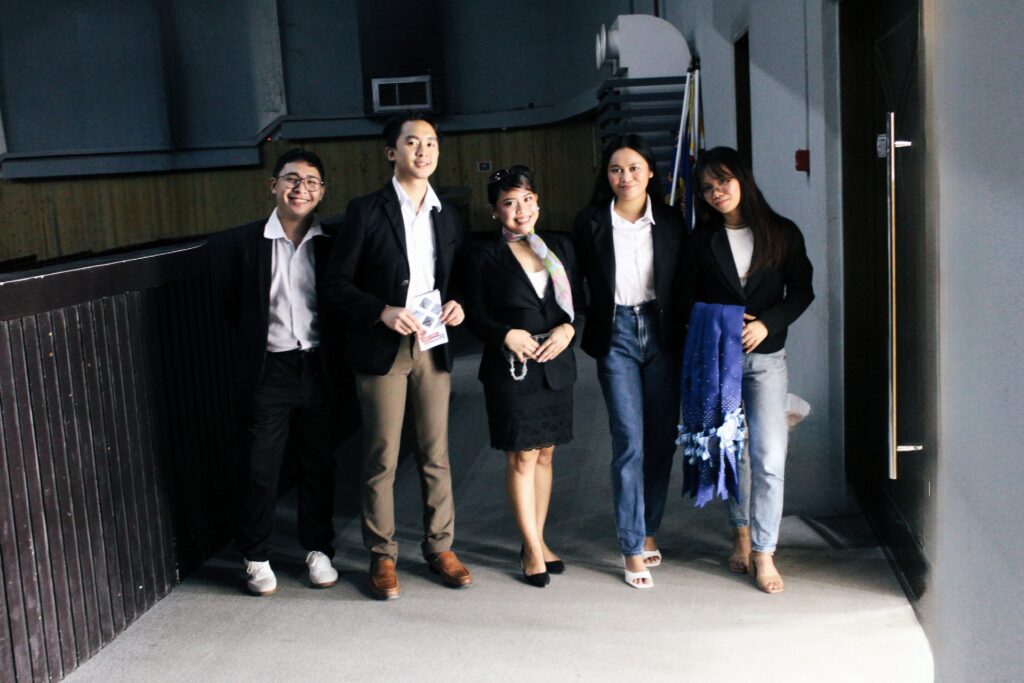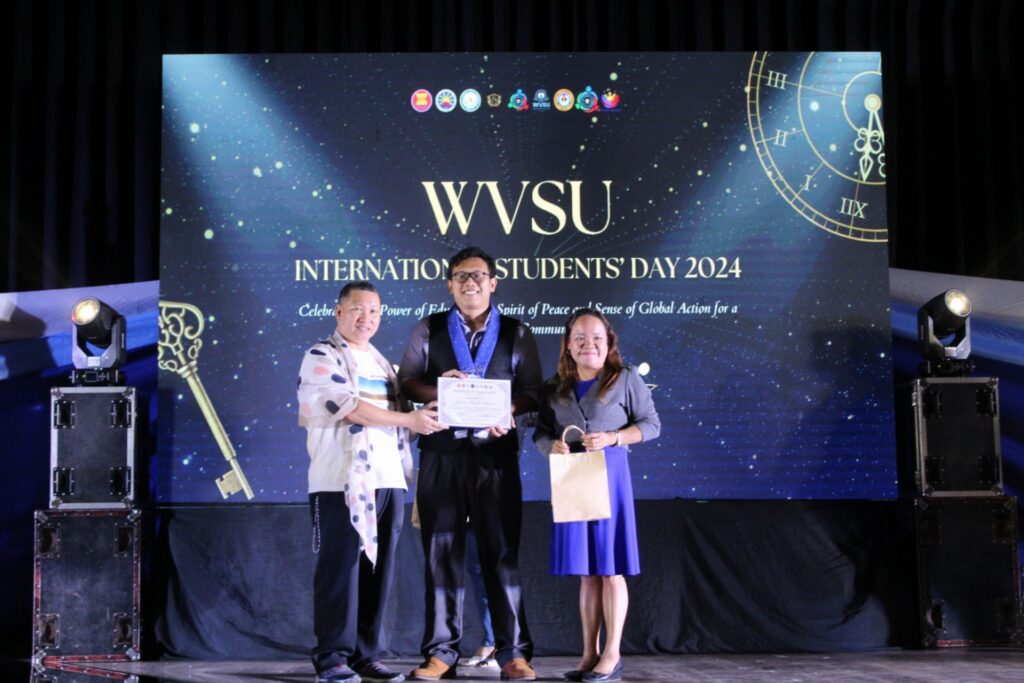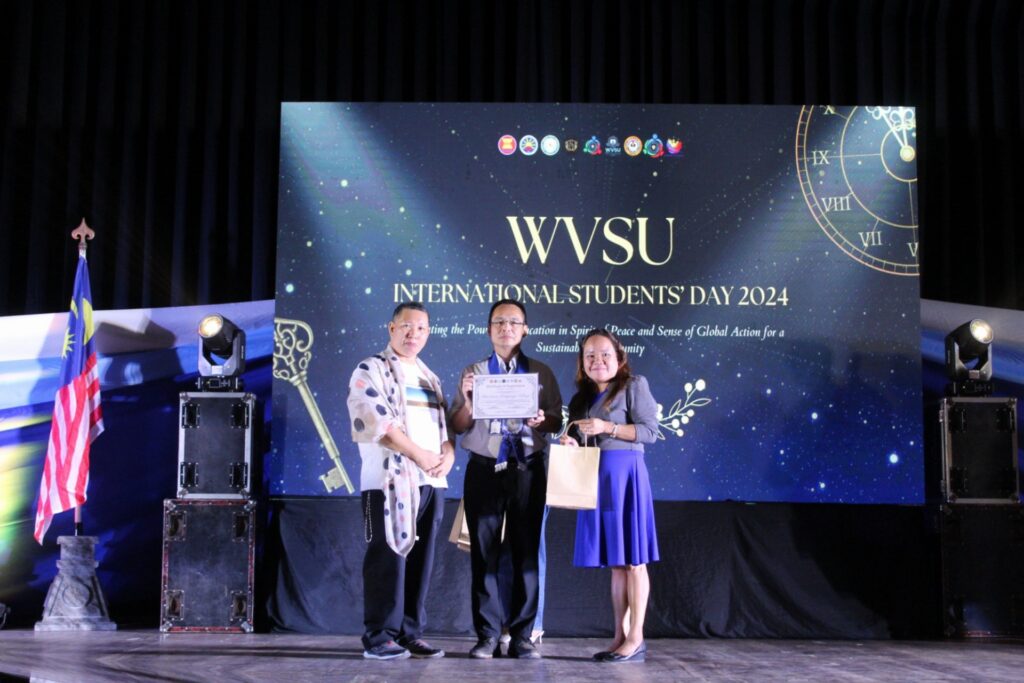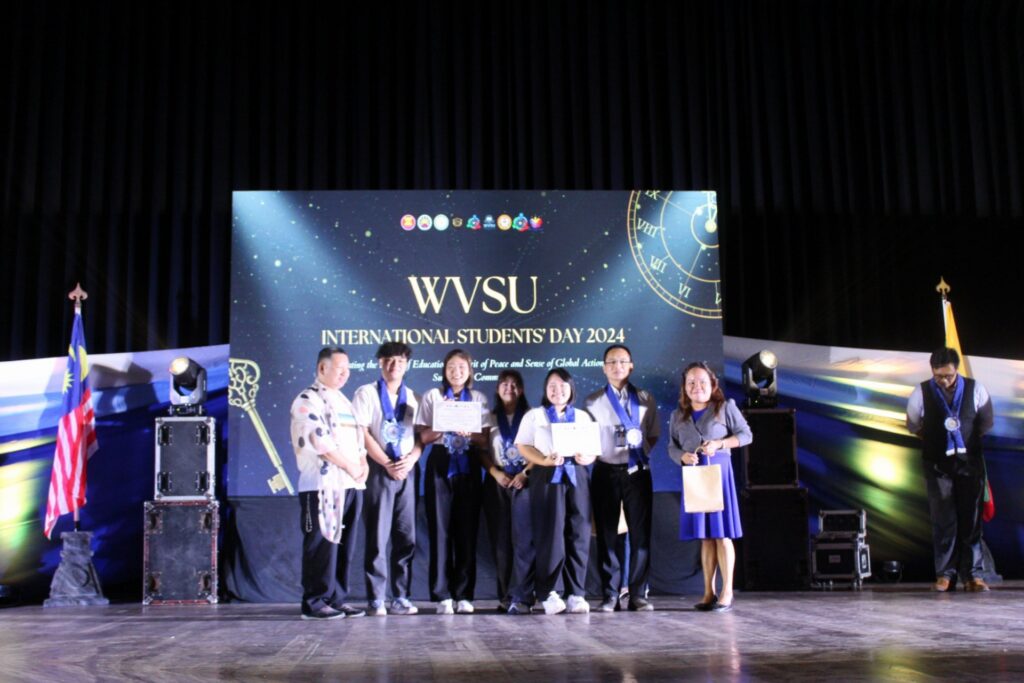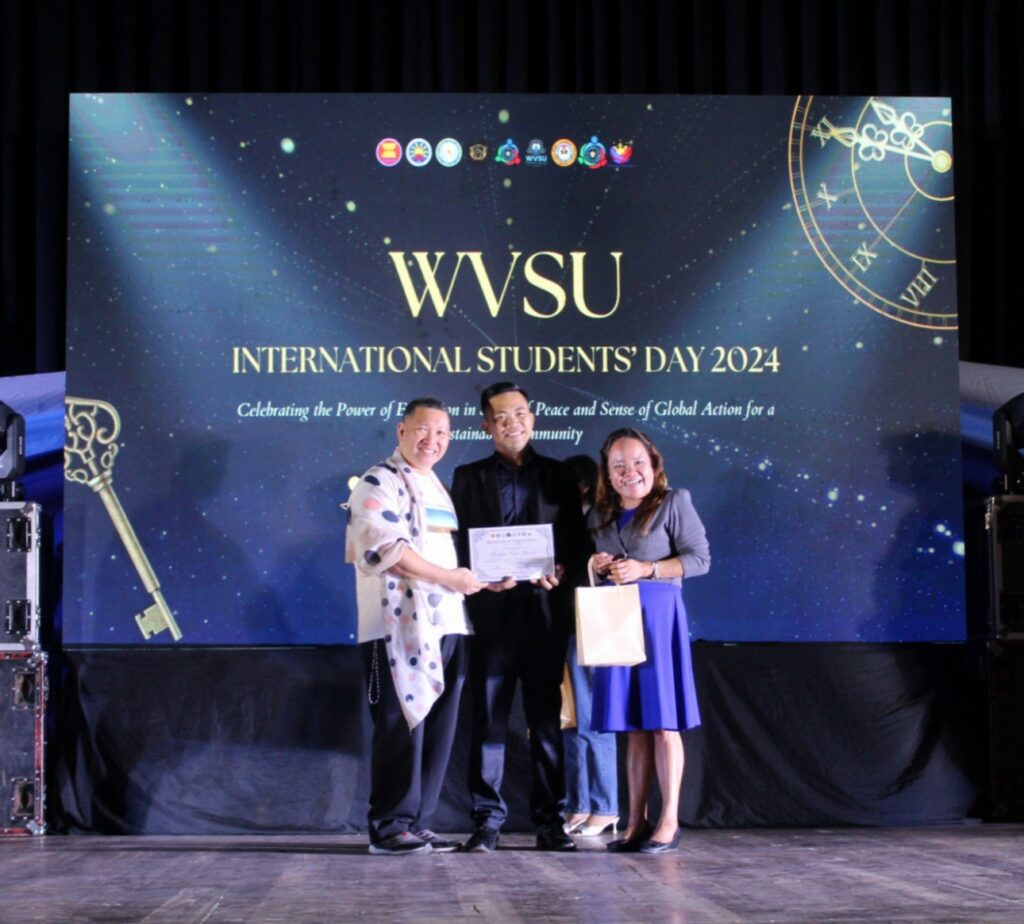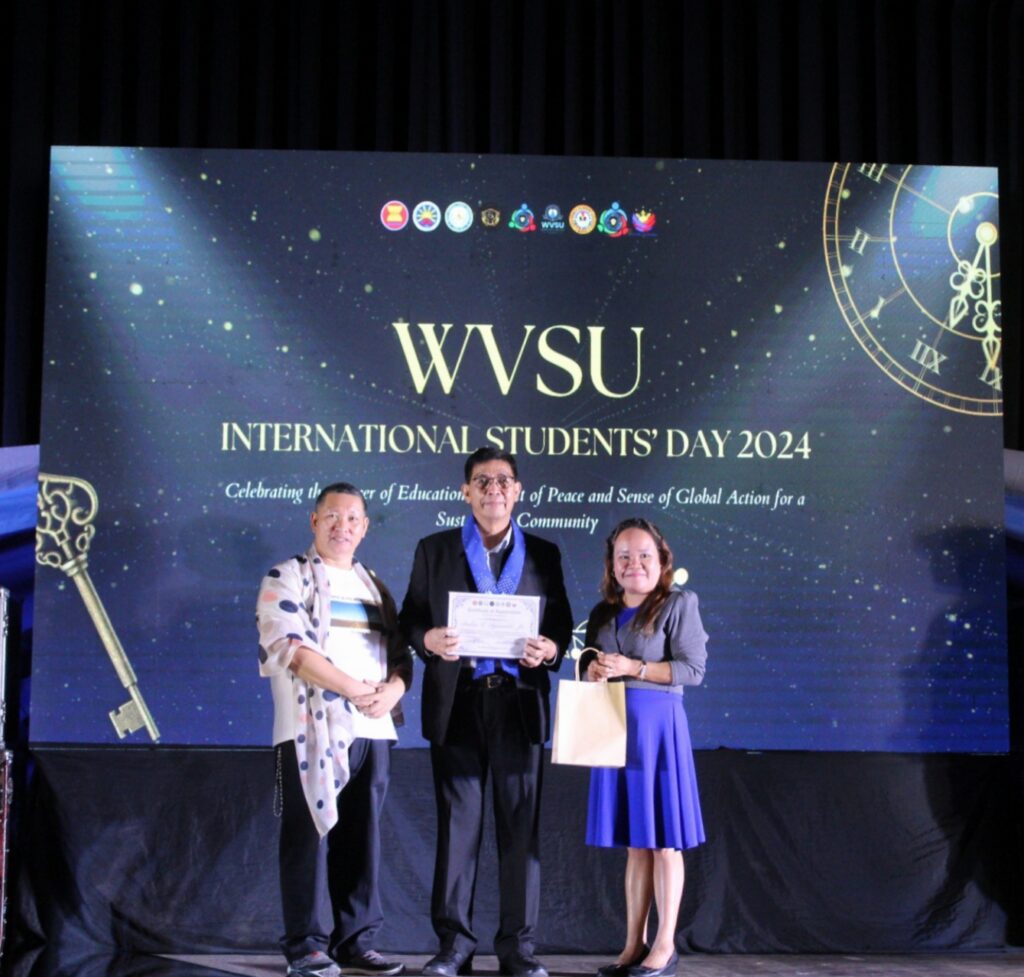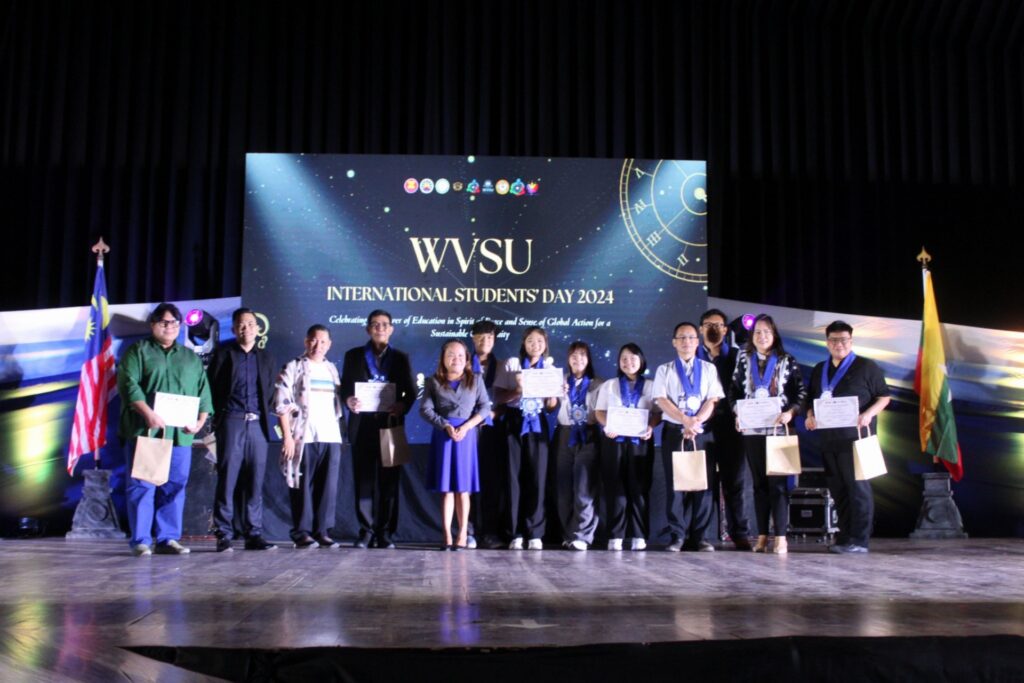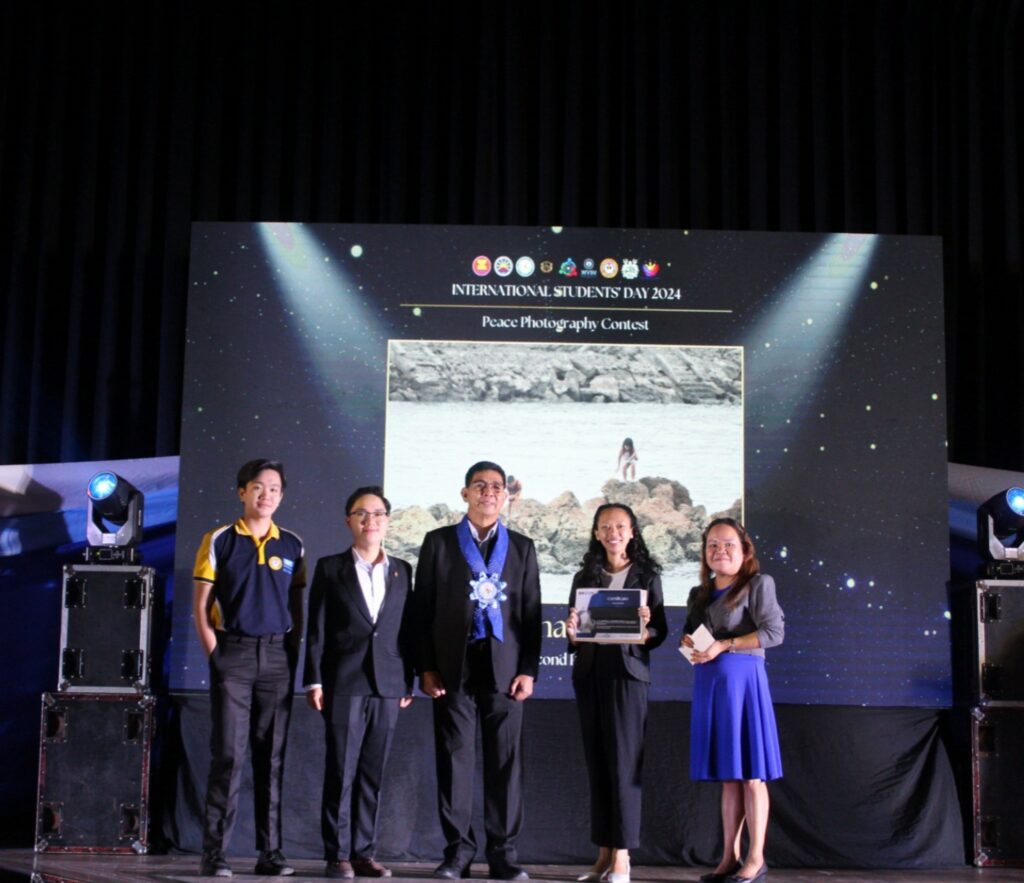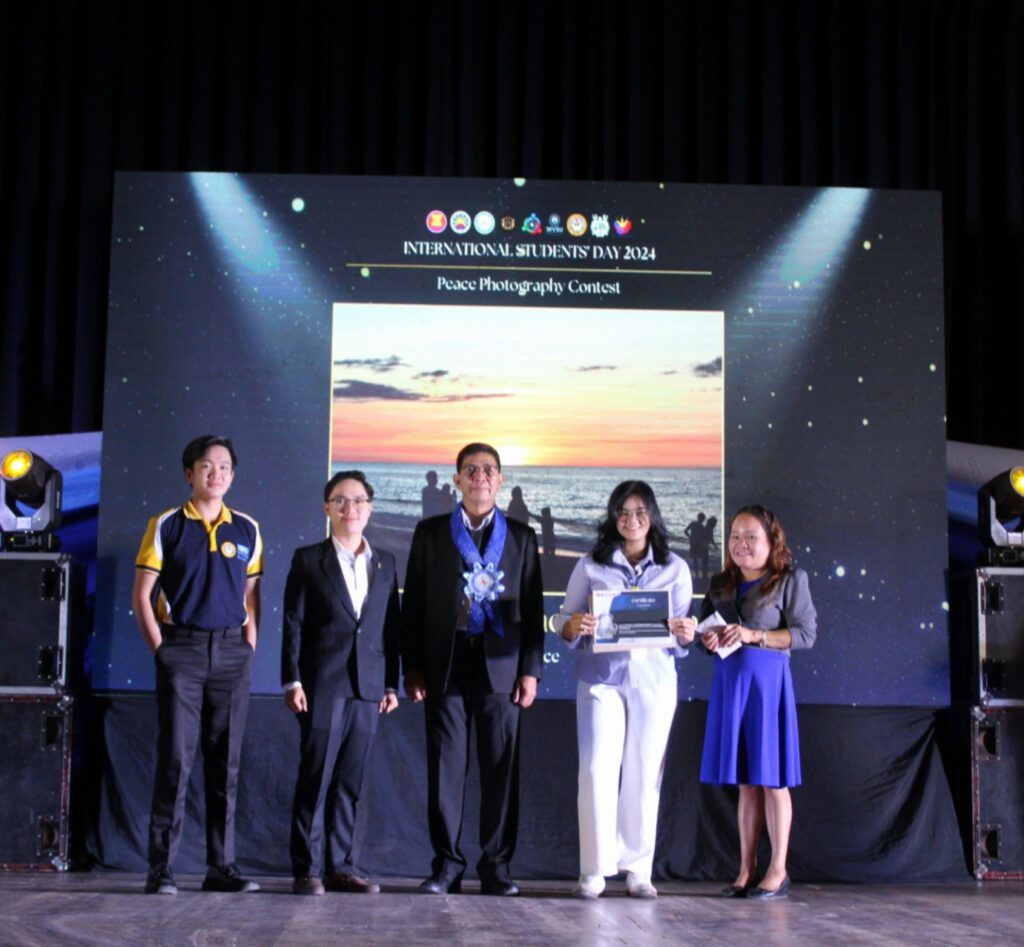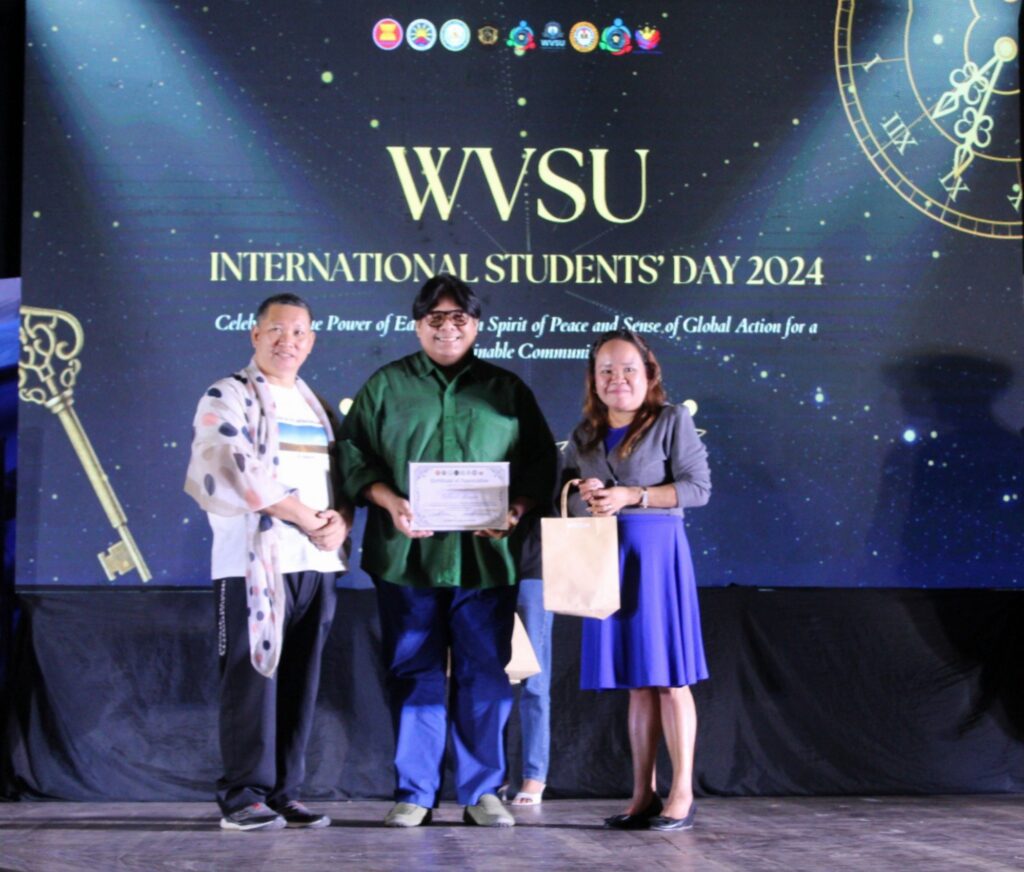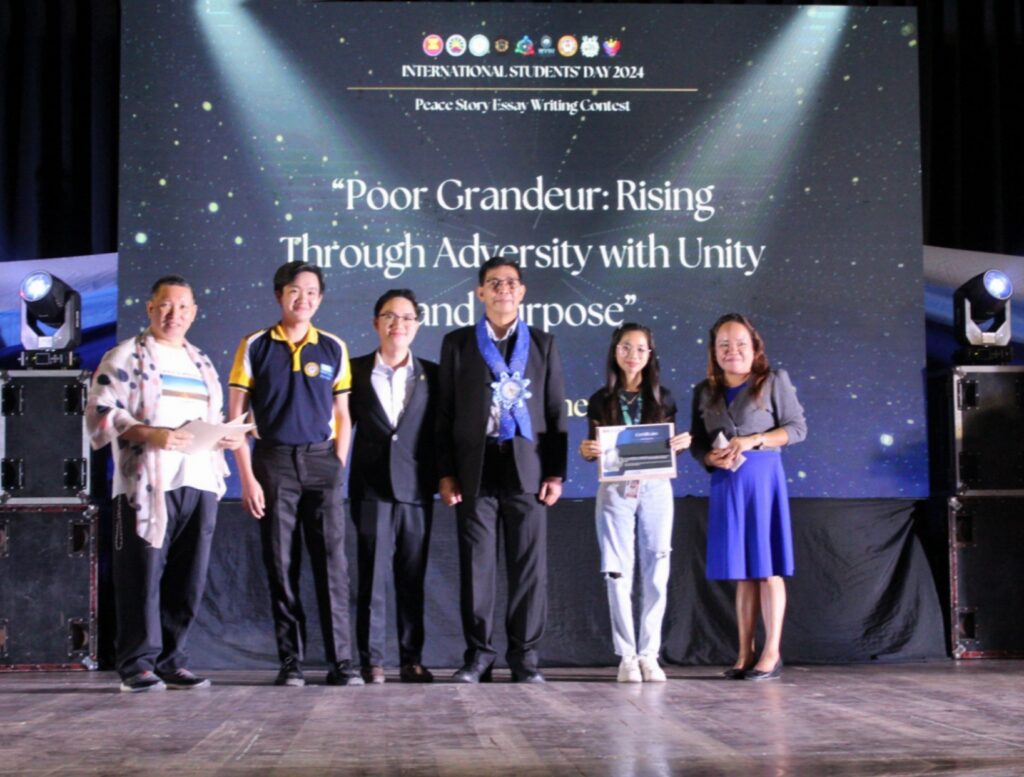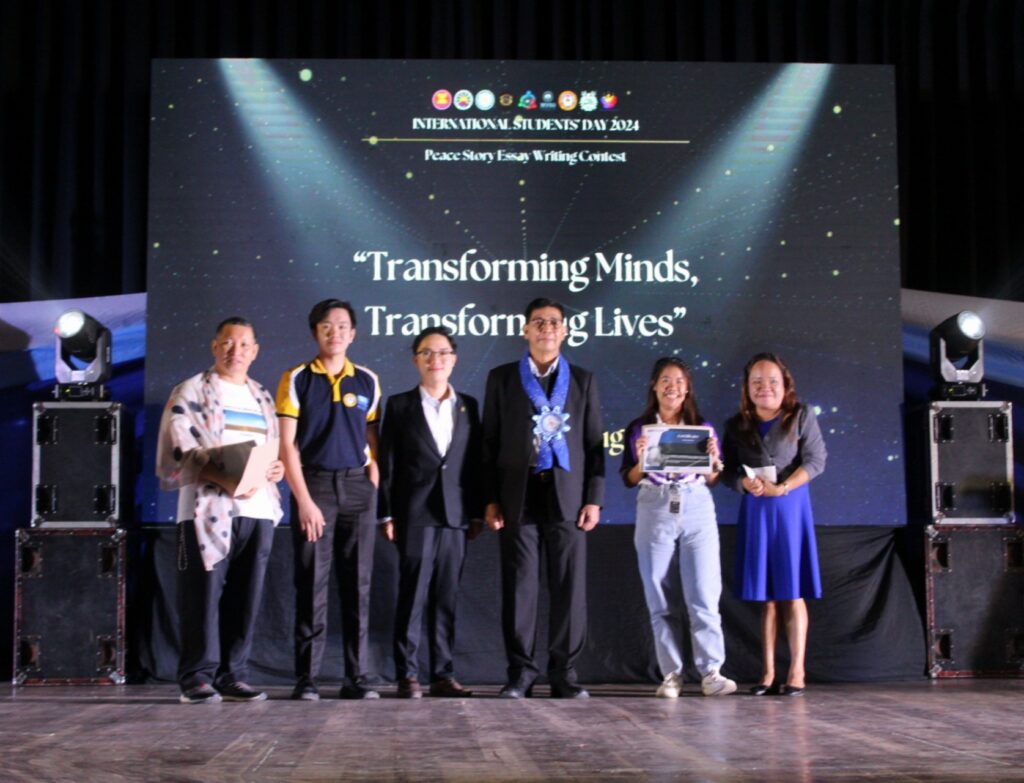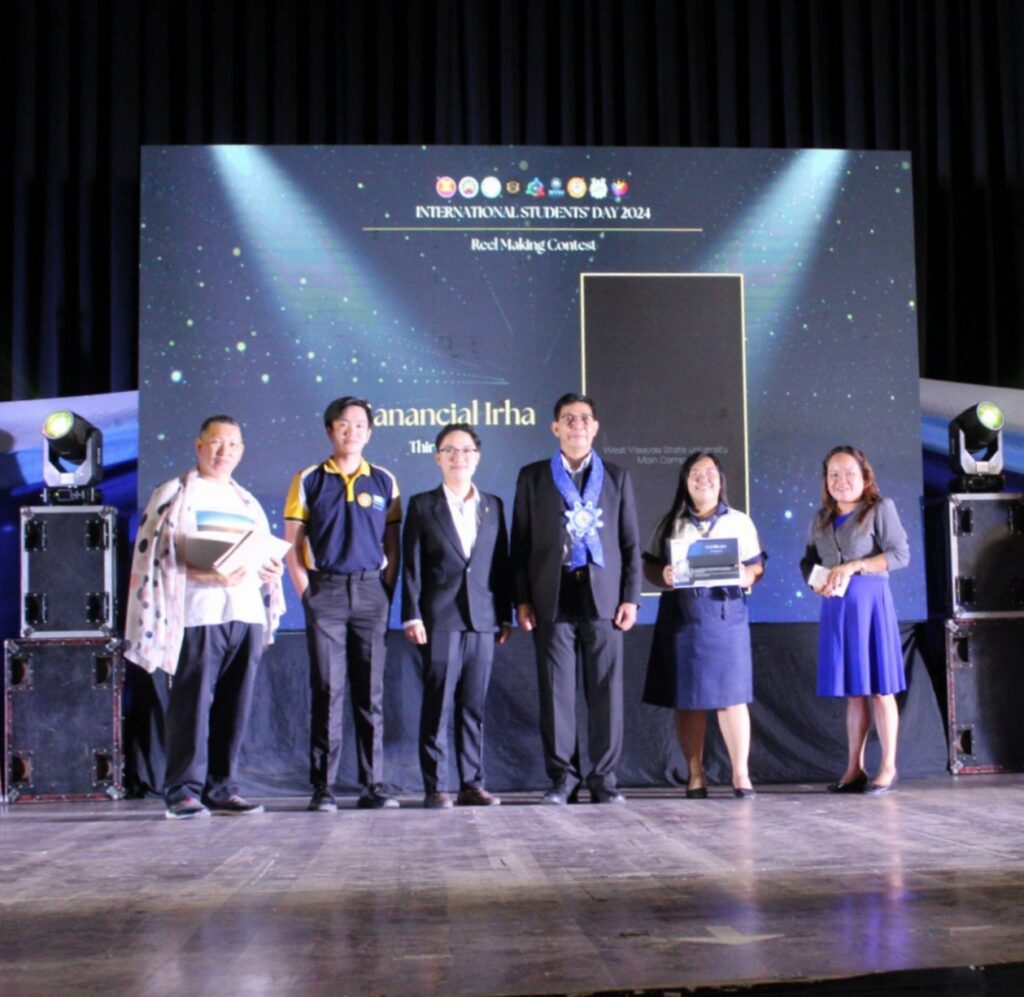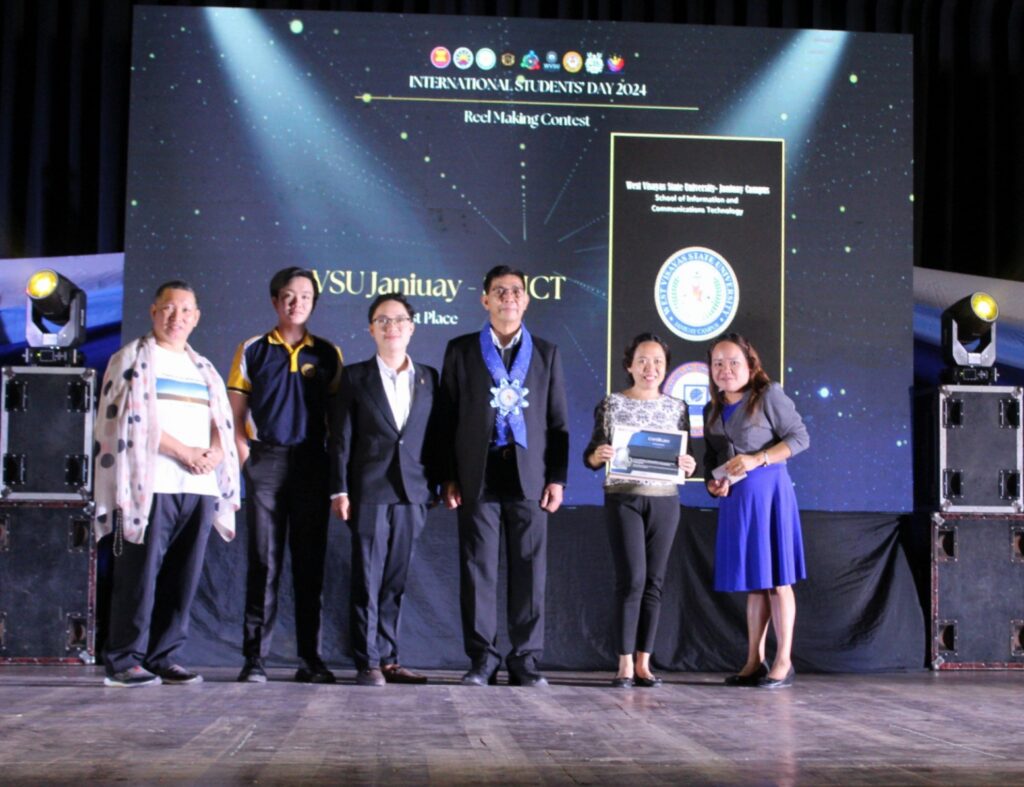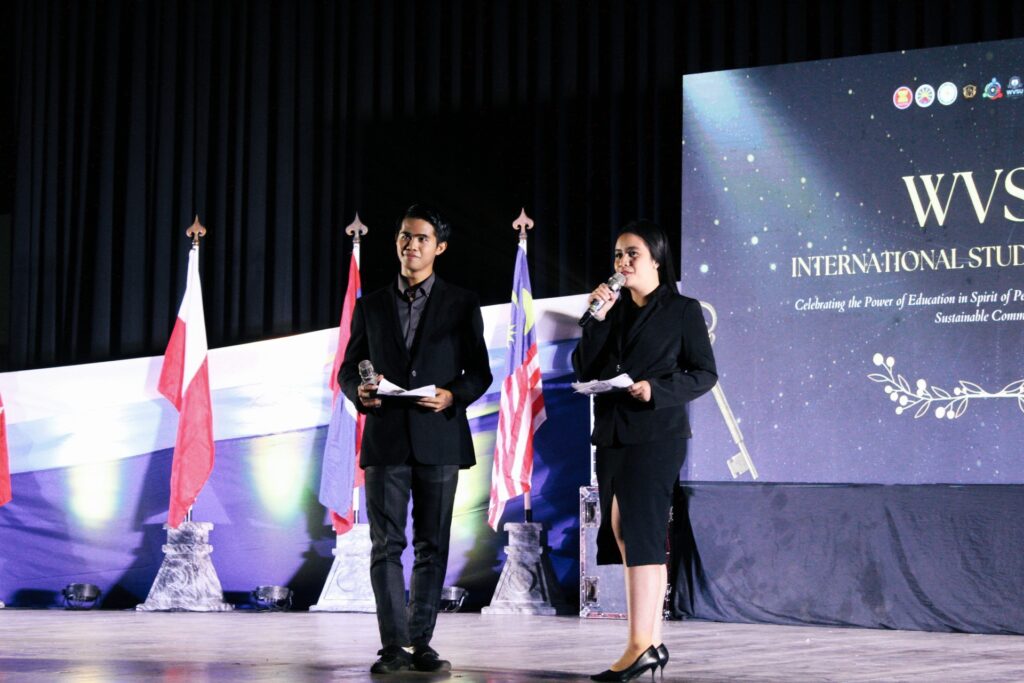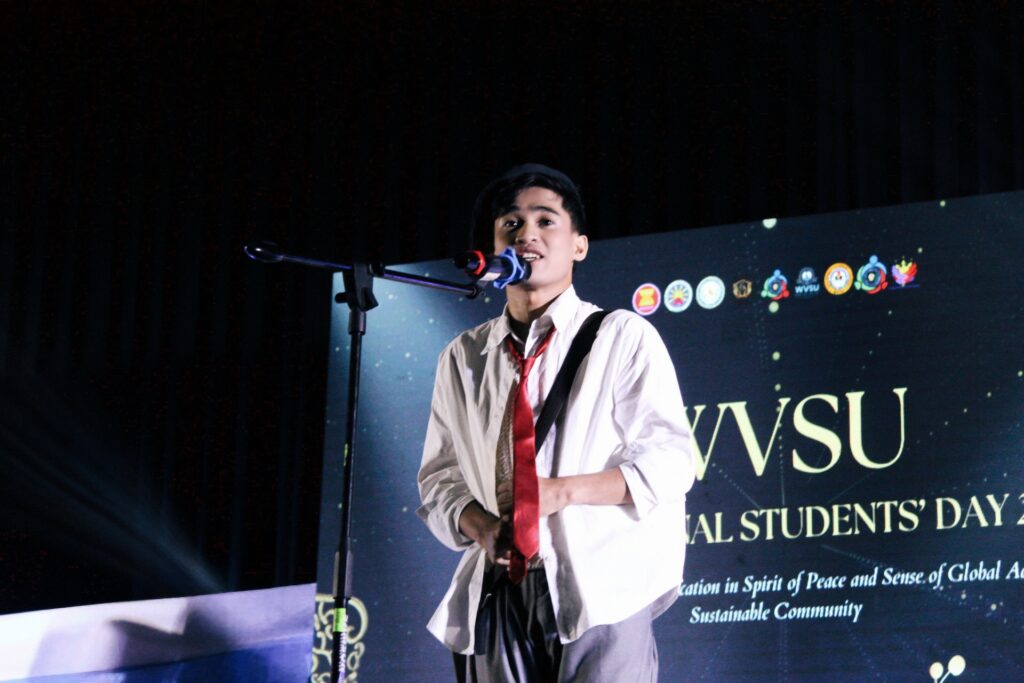In a world where interconnectedness is no longer an option but a necessity, education plays a crucial role in fostering global citizens capable of navigating and contributing to a rapidly changing society. At the forefront of this mission is Education for an Interdependent World (EDIW), a European non-governmental organization (NGO) that designs and implements educational programs aimed at cultivating individuals who are compassionate, well-informed, and actively engaged with the world around them.
With a mission to inspire respect, creativity, and responsibility among learners, EDIW has forged a significant partnership with West Visayas State University (WVSU) in the Philippines. This collaboration leverages the power of education to transform individuals and societies, making a tangible impact on communities across the globe.
International Digital Learning: Bridging Cultures Through Education
Founded on the belief that education has the power to unite people across borders and cultures, EDIW focuses on creating learning experiences that foster empathy, cross-cultural understanding, and global awareness. Through a combination of formal and non-formal educational initiatives, EDIW aims to develop well-rounded individuals who are not only knowledgeable but also equipped with the skills and values needed to contribute to a more just, peaceful, and sustainable world.
Central to this mission is the development of global citizenship, a concept that emphasizes the interconnectedness of all people and the shared responsibility to address global challenges such as poverty, inequality, and environmental degradation.
Five Phases of Teaching Excellence: Reaching New Horizons
Since its inception in 2023, EDIW has successfully completed five phases of teaching excellence, with each phase building on the successes and lessons of the previous one. These phases have spanned multiple regions, reaching students in India and several provinces in the Philippines, including Bacolod, Manila, and Davao.
Each phase is designed as an eight-week program that focuses on enhancing students’ literacy, English language proficiency, and scientific knowledge while fostering a deep appreciation for cultural diversity. By blending academic learning with cultural exchange, EDIW creates an immersive educational experience that empowers students to see themselves as part of a global community.
The most recent milestone, the 5th phase, launched on November 23, 2024, marked a significant expansion of the program’s reach and impact. As the program continues to evolve, the upcoming 6th phase, scheduled to begin in February 2025, promises to further broaden the scope of EDIW’s initiatives and bring in new student volunteers eager to contribute to this transformative mission.
International Collaboration: Strengthening Global Educational Partnerships
A cornerstone of EDIW’s success is its commitment to international collaboration. Over the years, the organization has built strong partnerships with educators and institutions from the Philippines, India, Spain, Ireland, and various other European countries.
These collaborations have not only enhanced the quality and reach of EDIW’s programs but have also fostered a sense of shared purpose among educators from diverse cultural backgrounds. A significant milestone in this collaborative effort was the series of face-to-face meetings between teacher volunteers from different countries. These in-person interactions have strengthened EDIW’s community bonds, allowing for the exchange of best practices and the development of innovative teaching strategies that address the unique needs of students in different regions.
The Volunteers: Empowering the Next Generation
Behind every successful educational initiative are the passionate individuals who bring it to life. The eBridge program, a flagship initiative of EDIW, is no exception. These volunteers, often juggling their studies and teaching responsibilities, embody the spirit of service and dedication.
Leony de Justo: Bridging Dreams into Reality
“Why are you an eBridge volunteer? Because I want to make a difference. I want to teach, touch, and inspire the lives of children and make them feel that there are people like us (eBridge volunteers) who are committed to helping and guiding them to unleash their full potential. Here at EDIW, we are not just teacher volunteers; we serve as a BRIDGE that can transport the dreams of our children into reality.”
Leonie de Justo, a third-year Bachelor of Secondary Education major in English- 3A student at WVSU, epitomizes the mission of EDIW. Her passion for teaching and her commitment to empowering young minds make her an invaluable asset to the program. Leonie believes that education is a powerful tool for change, and through her volunteer work, she aims to be a catalyst for that change. By connecting with her students on a personal level, she helps them build confidence and realize their potential.
Kyla Joy Paganpan: Inspiring Potential and Shaping Futures
“I chose to become an eBridge volunteer because I believe it will greatly enhance my capabilities as a pre-service teacher while making a meaningful impact on my students. This role is not just about teaching; it’s about inspiring students to recognize and unlock their potential. I see this opportunity as a way to positively contribute to their educational journey while also expanding my own horizons and helping to shape a brighter future for the next generation.”
Kyla Joy Paganpan, a second-year BSED English student, joined the eBridge program with a vision to grow as an educator while making a difference in the lives of her students. For Kyla, the experience of being an eBridge volunteer is both a personal and professional journey. She views the program as an opportunity to develop her teaching skills, broaden her cultural understanding, and inspire a new generation of learners to achieve their goals.
The Impact of eBridge: Transforming Lives Across Borders
The eBridge program goes beyond traditional classroom teaching. It creates a bridge of understanding between cultures, fostering empathy and global awareness among both volunteers and students. By providing learners in marginalized communities with access to quality education, the program empowers them to break the cycle of poverty and envision a brighter future.
A Growing Community of Teacher Volunteers
One of EDIW’s most notable achievements is the cultivation of a sustainable and expanding community of teacher volunteers. Today, the organization boasts a network of over 300-400 members from across the globe. This diverse community includes both seasoned educators and new student teacher volunteers who bring fresh perspectives and energy to the program.
These volunteers come from a wide range of national and international campuses, contributing their time, skills, and cultural knowledge to create a rich and dynamic learning environment for students. The continuous growth of this community ensures that EDIW remains a vibrant and evolving organization capable of meeting the challenges of global education.
Empowering Volunteers Through Orientation Workshops
Recognizing the importance of equipping its volunteers with the necessary skills and knowledge to succeed in an intercultural teaching environment, EDIW conducted a comprehensive Volunteer Orientation Workshop in September 2023.
This workshop provided new members with essential training in teaching methodologies, cross-cultural communication, and classroom management. By preparing volunteers to navigate the complexities of intercultural education, EDIW ensures that its programs are both effective and culturally sensitive.
Weekly Teaching Sessions: Bridging Cultures Through Education
A defining feature of EDIW’s programs is its weekly teaching sessions, where volunteers engage students in interactive learning experiences that blend academic instruction with cultural exchange.
During these one-hour sessions, volunteers use a variety of media—including videos, music, and storytelling—to introduce students to different cultures and perspectives. These sessions not only enhance students’ academic skills but also foster a deeper understanding and appreciation of cultural diversity.
Each session concludes with assessments to track students’ progress, and in the final week, volunteers share personal messages and reflections, leaving a lasting impact on the students.
Recent Milestones and Future Directions
The successful launch of the 5th phase on November 23, 2024, marked a significant milestone in EDIW’s journey. This phase saw an increase in both the number of students reached and the diversity of teaching methods employed.
Looking ahead, the upcoming 6th phase in February 2025 promises to build on this success, with plans to expand the program’s reach and incorporate new technological tools to enhance the learning experience. EDIW remains committed to its mission of creating a global community of literacy volunteers who empower children through education.
Transforming Lives and Communities Through Education
The partnership between EDIW and WVSU stands as a testament to the transformative power of education. Together, they have created a model of global education that not only equips students with the skills they need to succeed academically but also fosters a sense of empathy, responsibility, and global citizenship.
As EDIW continues to grow and evolve, it remains dedicated to its vision of a world where education serves as a bridge that connects people across cultures, inspires creativity, and empowers individuals to make a positive impact on their communities and the world at large.
